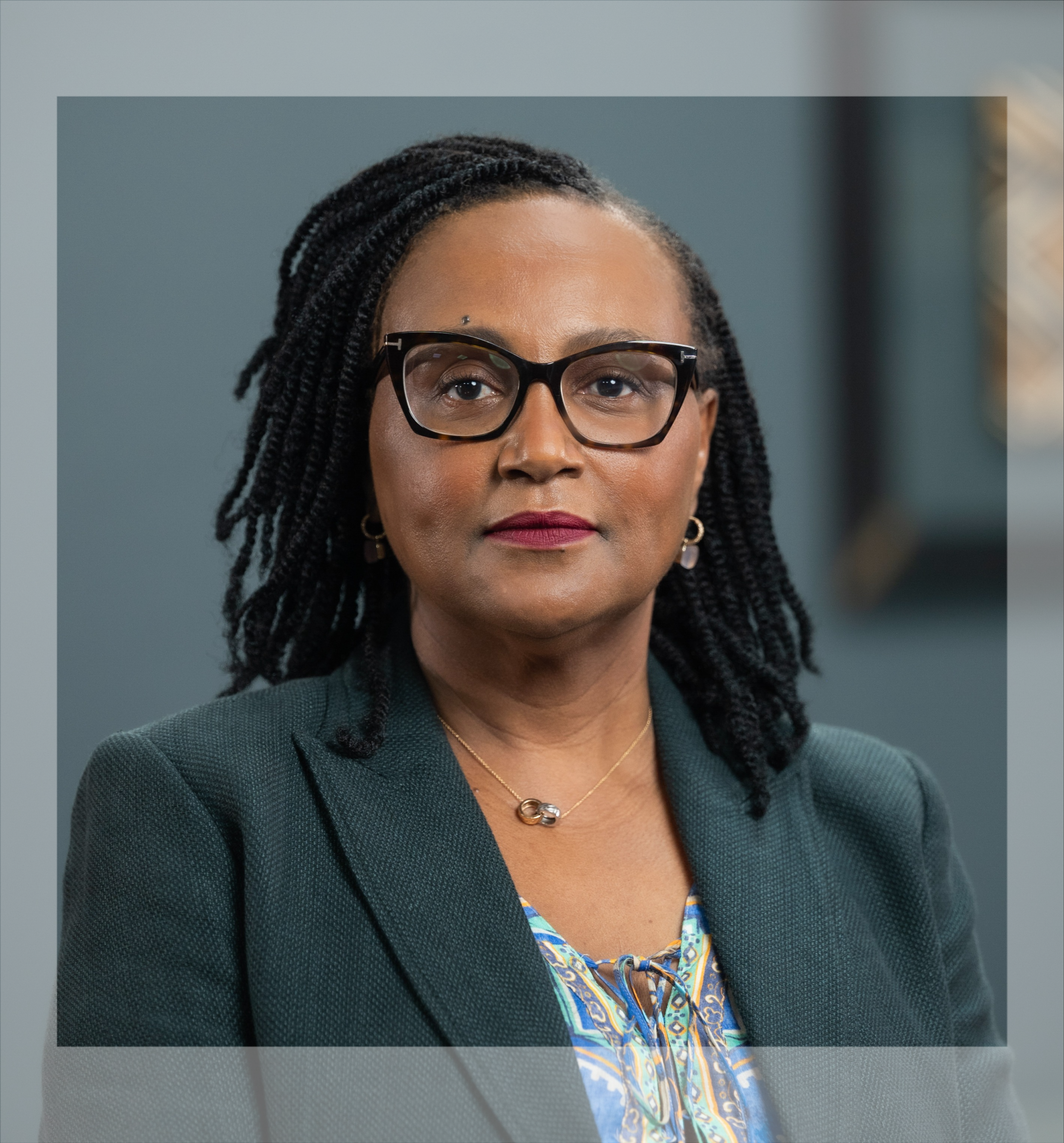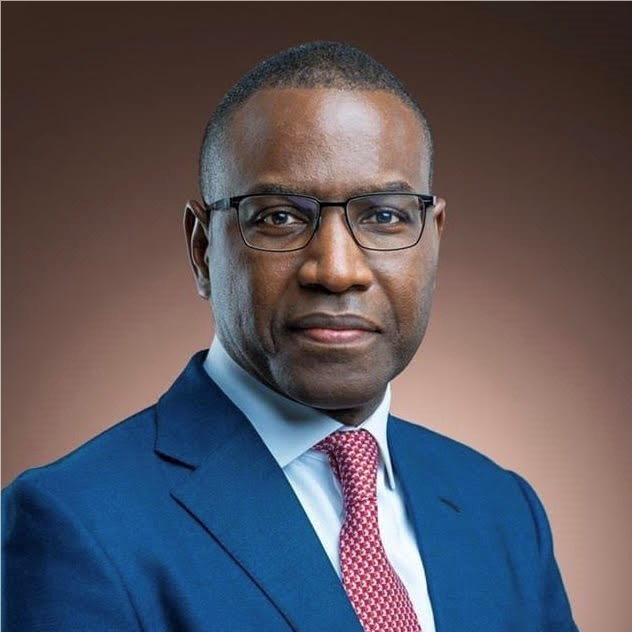
-
(GMT)CONVERSATION WITH
Oil and renewable energy: A dual bet for Ghana's futureAs Ghana sets its sights on becoming West Africa’s leading petrochemical hub through its $60 billion Petroleum Hub project, it is also advancing its energy transition with President John Dramani Mahama announcing a Renewable Energy Investment Fund earlier this year. But how can Ghana strike a balance between energy sovereignty and climate commitments—especially amid strict fiscal policies tackling the country’s debt crisis? In an exclusive conversation, the President unveils Ghana’s energy mix strategy and how it could drive the nation’s structural economic transformation.

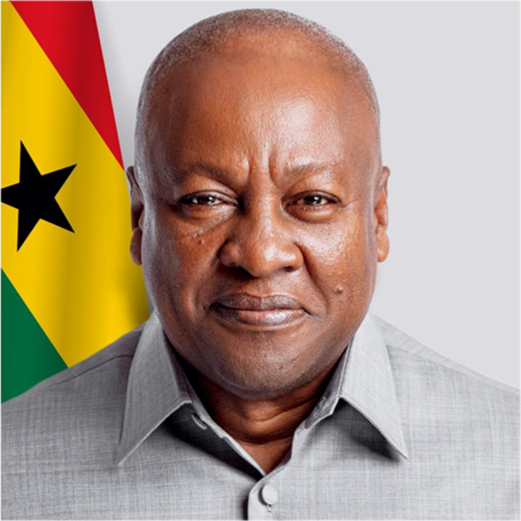
-
(GMT)TV SHOW
CNN Connecting Africa: Special edition from the Africa CEO ForumJoin CNN’s Connecting Africa for an exclusive live special hosted by Eleni Giokos, filmed from the heart of the Africa CEO Forum Annual Summit. As Africa’s premier business show, we bring you in-depth conversations with industry leaders, policymakers, and innovators shaping the continent’s economic future. From investment opportunities to intra-African trade and industrial growth, this special edition dives into the key discussions driving Africa’s transformation.
-transformed.jpg)
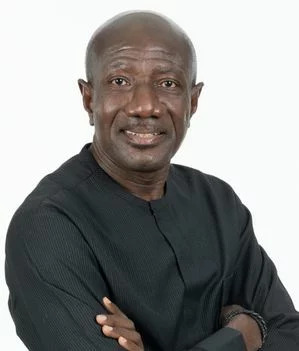
-
(GMT)PANEL
Powering progress: Unlocking the Industrialisation of AfricaAfrican steel, cement, automotive and petrochemicals all have the potential to feed the continent’s growth while reducing reliance on imports. Success stories are worth replicating – like the cement industry that could reach an impressive 500 million tons by 2034. But for African manufacturing to truly become cost-competitive, local industries must overcome transport bottlenecks, fragmented markets, high energy costs, and lack of infrastructure that hinder the development of a strong internal market. How can African policymakers and industrial leaders build competitive, self-sustaining heavy industries?
Key points:
- Hybrid power systems: How can Green Manufacturing lower the cost of production?
- Unlocking economies of scale: Why can’t industrial tariffs be harmonised across borders to stimulate intra-continental trade?
- How can regional industrial hubs and integrating extractive and transformation industries offset Africa’s logistical and energy constraints?

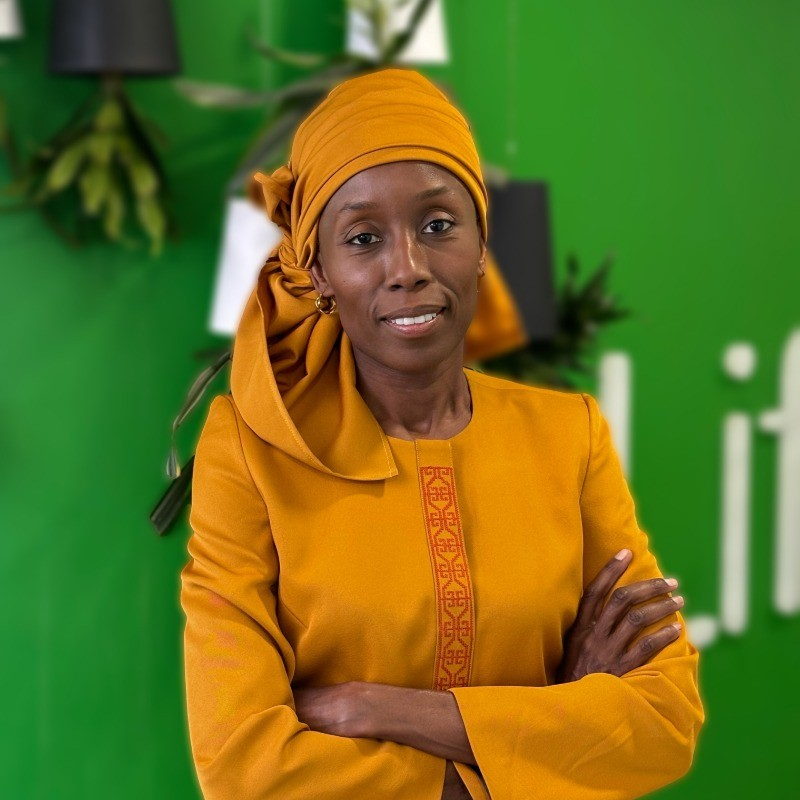 Speaker
SpeakerDiaretou Madina GAYE DIENG
Cluster President French Speaking Africa & Islands, Schneider Electrics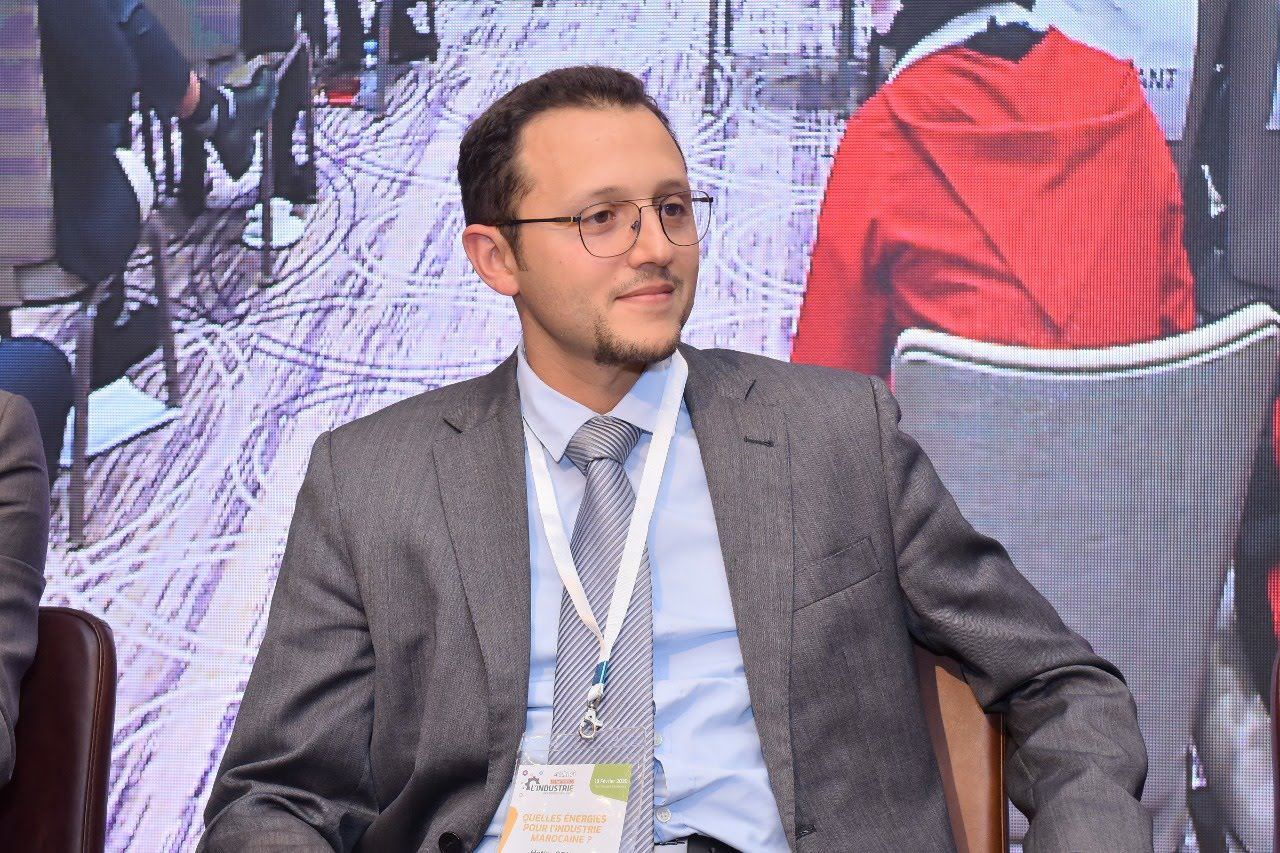
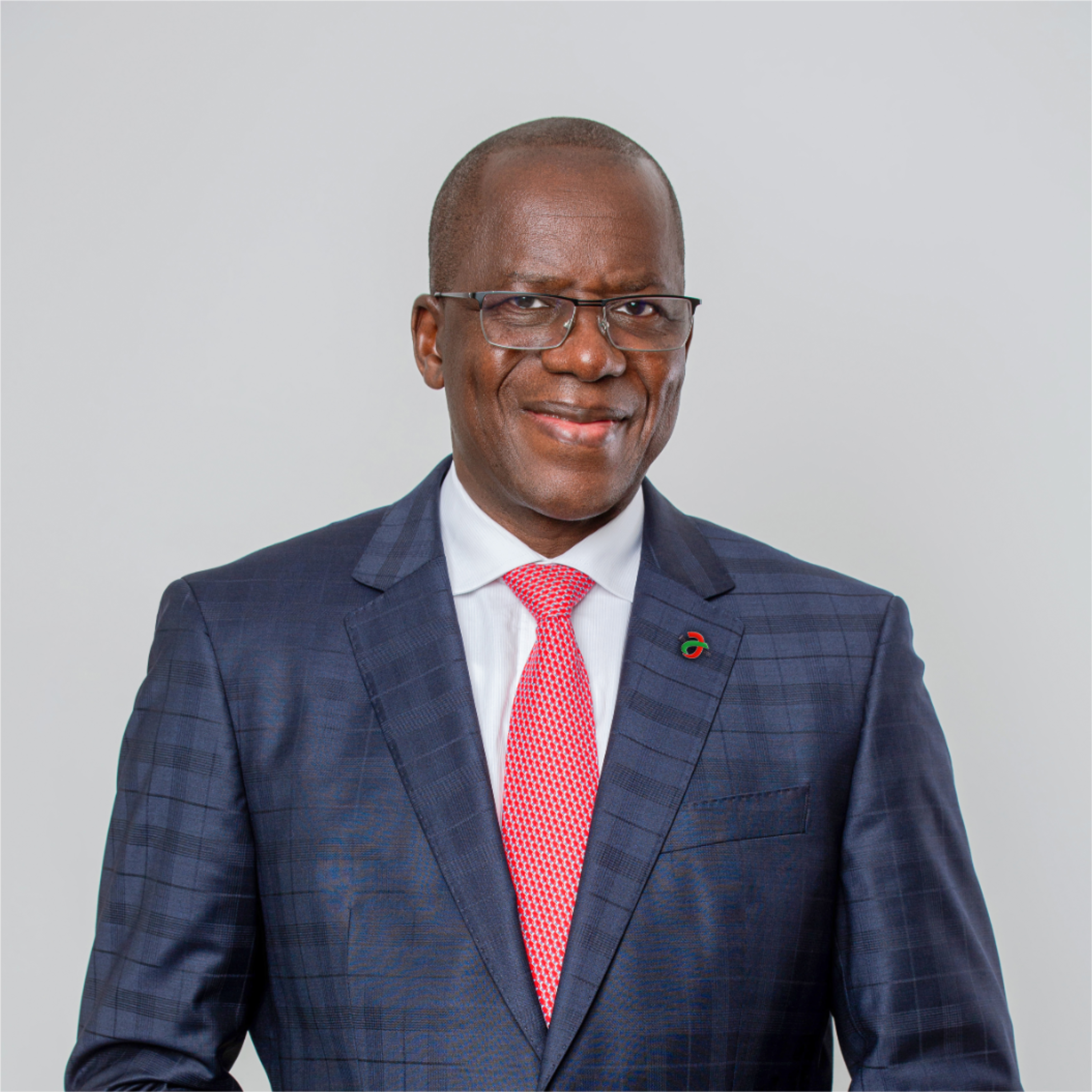
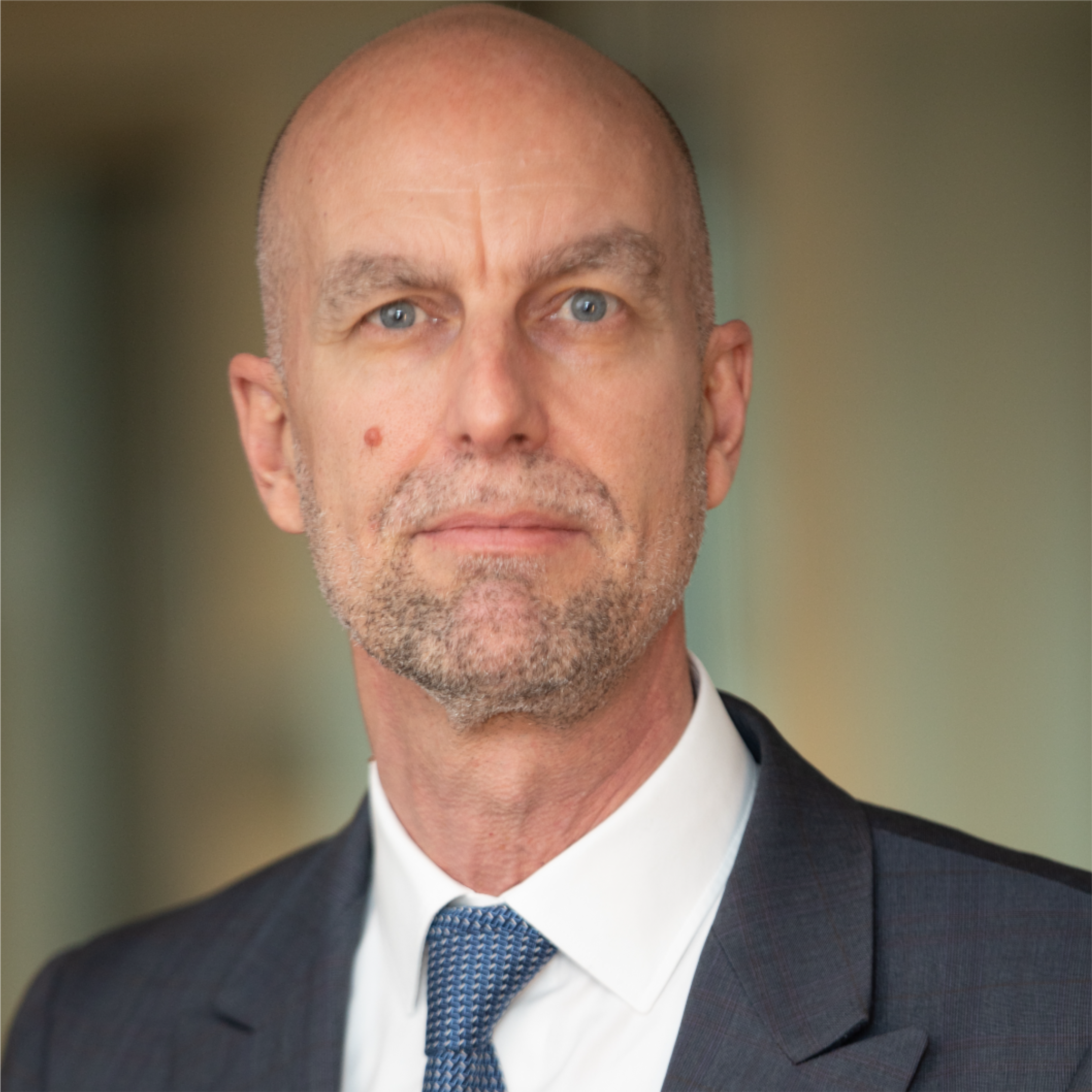
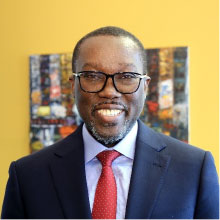
-
(GMT)INVEST IN
GABONAs the foremost annual meeting of the private sector on the continent, the Africa CEO Forum is the leading platform for public-private dialogue. ‘Invest In’ sessions allow CEOs and investors to meet with high-level African government officials to gain deeper insight into their countries’ economic development strategies. These sessions provide exposure to a variety of key sectors, business environments, and public and private investment opportunities.
 Moderator
ModeratorMustapha MOURAHIB
Managing Partner, Casablanca, and co-head of the Africa Group, Clifford Chance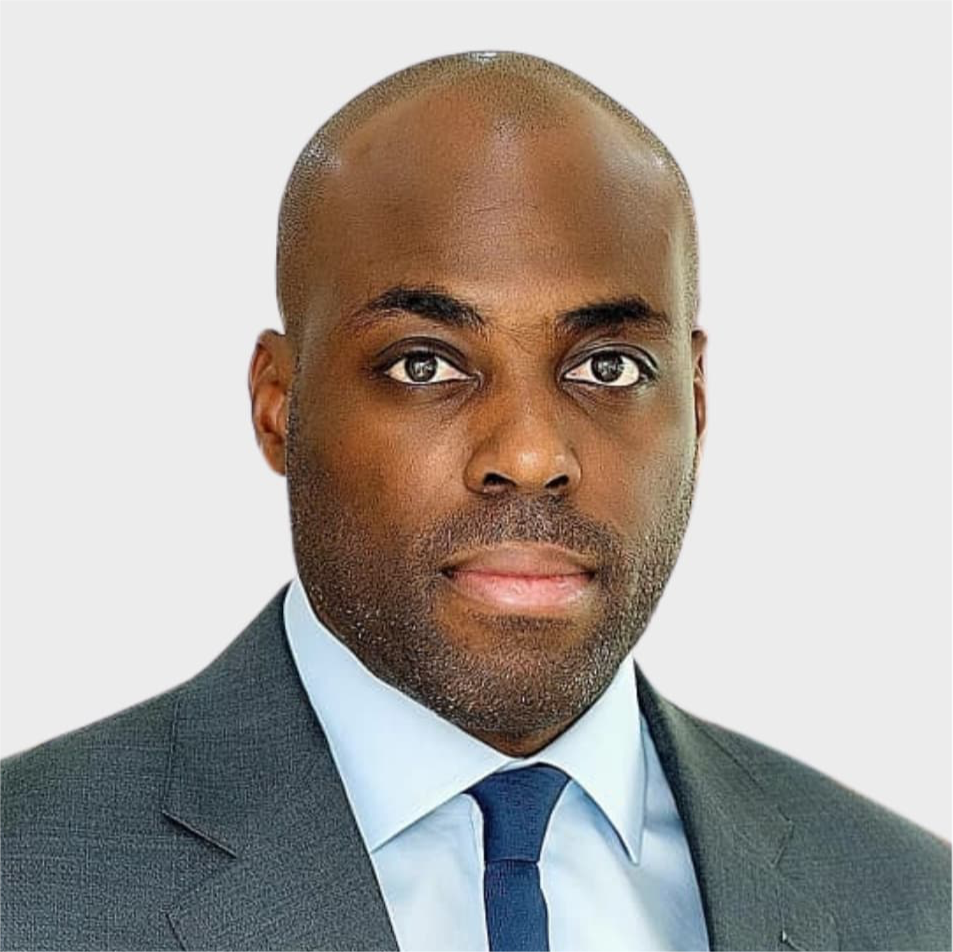
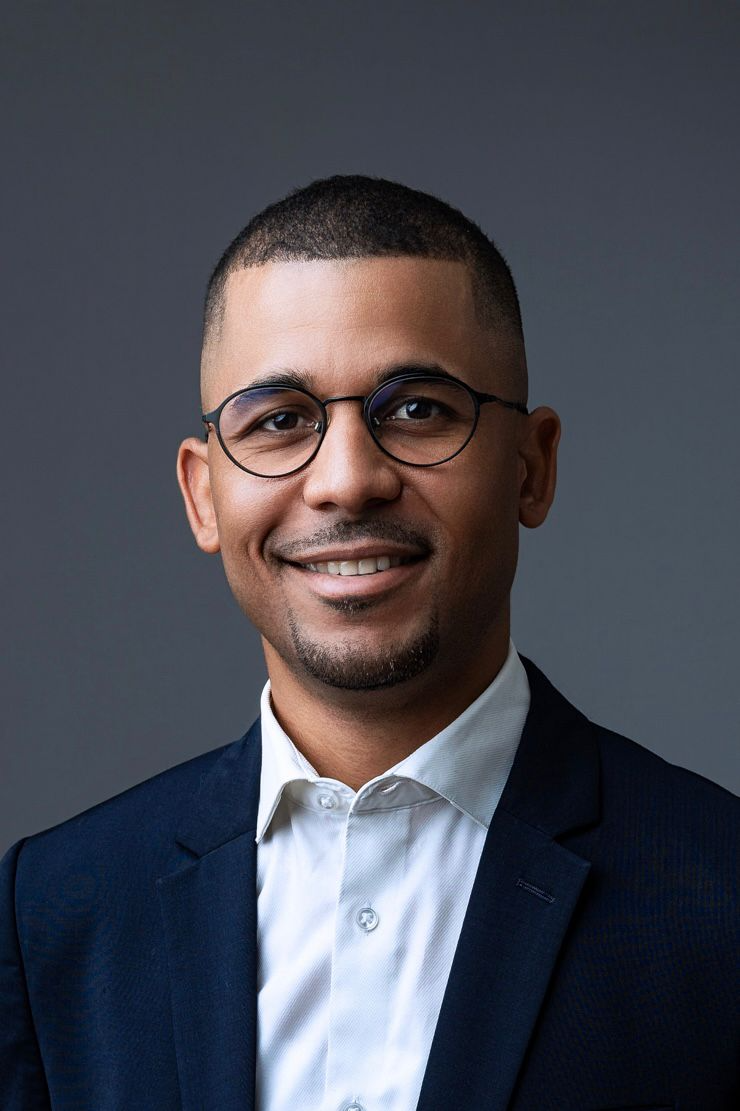
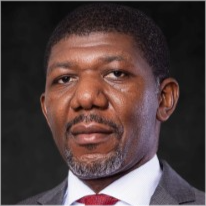
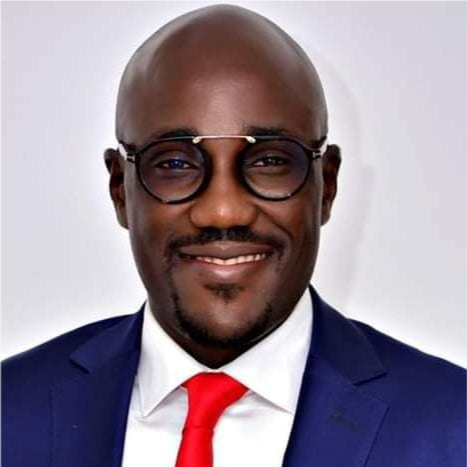 Speaker
SpeakerHashir MABIGNATH SALL
Deputy CEO, National Agency for Investment Promotion of Gabon (ANPI-Gabon)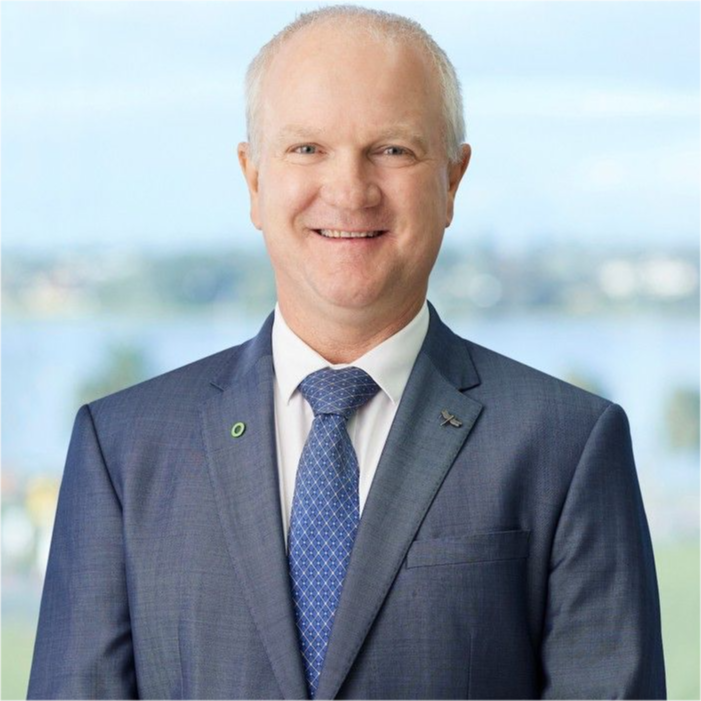
-
(GMT)BUSINESS CASE
Women in the Workplace: A growth imperative for African economiesDespite representing half of the working-age population, women hold less than a third of leadership roles in the formal sector globally—a gap that stifles inclusive growth and undermines economic potential. Gender diversity is not just about fairness; it’s a proven driver of performance, innovation, and development. In this session, McKinsey & Company unveils the latest insights from its Women in the Workplace research, newly expanded to include Nigeria and Kenya, shedding light on persistent barriers and untapped opportunities for gender parity in African leadership.
Key Points:
- Breaking the Glass Ceiling: What structural and cultural barriers still prevent women from reaching leadership positions?
- The Business Case for Inclusion: How does gender diversity directly impact company performance and national development?
- From Data to Action: What strategies are working to close the gender gap in Nigeria, Kenya, and beyond—and how can they be scaled?
 Moderator
ModeratorMayowa KUYORO
Partner and Head of Africa Financial Services Group and EEMA Fintech and Payments Practice Leader , McKinsey & Company -
(GMT)CONVERSATION WITH
New corridors of power: Turning global shipping turbulence to Africa’s advantageThe Global South, including Africa through its 54-nation African Continental Free Trade Area (AfCFTA), could play a more prominent role in world trade as geopolitical shifts disrupt international shipping. MSC CEO Søren Toft is increasing investment and vessel capacity across West Africa, betting on its potential as a resilient trade gateway. From addressing piracy and fragmented customs regimes to underinvestment in port connectivity, the shipping leader assesses how Africa can sharpen its competitiveness in global trade.

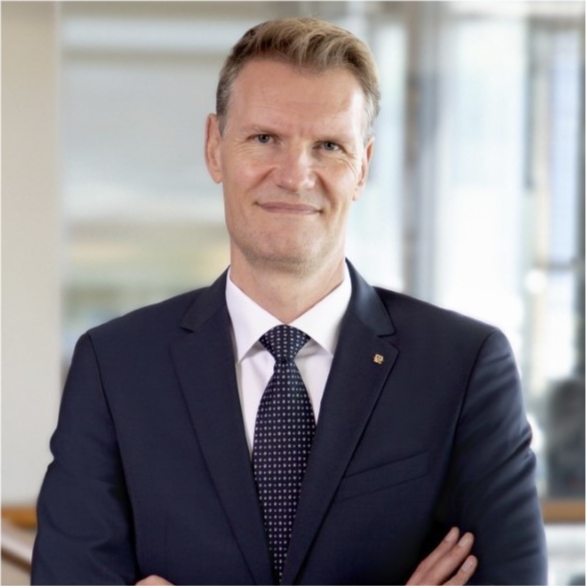
-
(GMT)STRATEGIC ROUNDTABLE
Unearthing potential: Can the mining sector catalyse infrastructure investments across Africa?Global demand for minerals like copper, iron ore, bauxite and lithium is expected to quadruple by 2040. Africa, which holds around 30% of the world’s remaining mineral resources, should be at the heart of this surge. But lack of cheap and reliable energy and infrastructure have been major bottlenecks to accelerated mineral development in Africa. Can this be changing and could the mining sector be a catalyst for energy and infrastructure development for itself but also for broader development of the continent?
Key points:
- Powering the pits: With energy costs consuming up to 50% of operational expenses, how can African mines leverage smarter, more innovative, energy solutions to drive down costs and enhance competitiveness?
- Upgrading infrastructure: Rail, road, water and port infrastructures need to be upgraded to deliver more minerals to markets. How can government and private sector work together in Africa to fund and execute these required investments?
- Could all this investment, required to develop the sector, be used to generate broader benefits to the economy or other stakeholders like local communities or downstream industry?
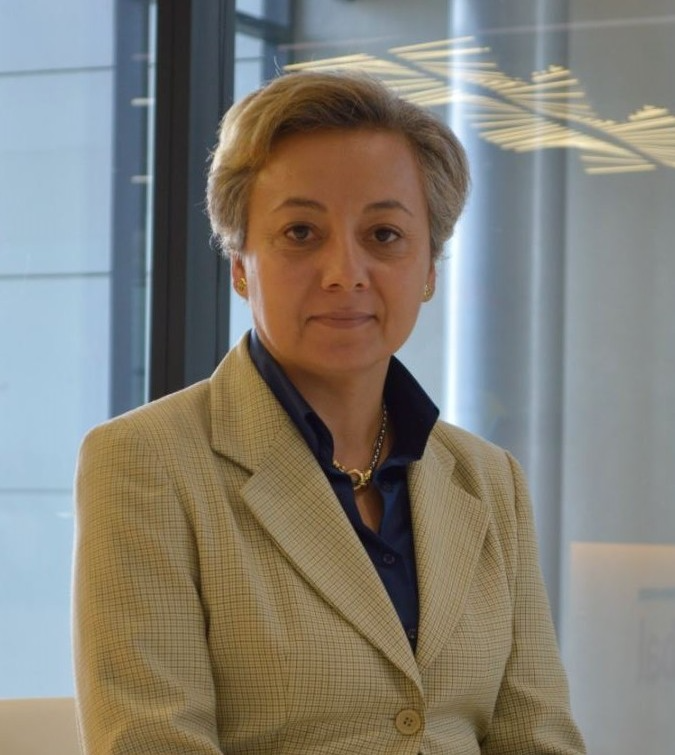 Moderator
ModeratorSamira MENSAH
Managing Director Research & Analytics Africa and Country Head - South Africa, S&P Global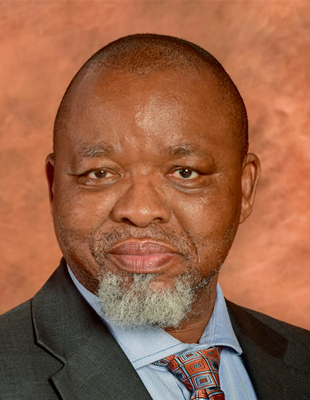

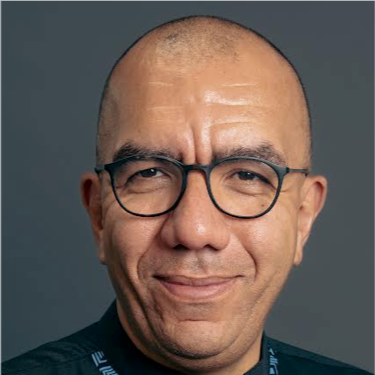
-transformed.jpg)
-
(GMT)CEO TALK
Playing Africa's winning hand: Private sector as the continent's economic aceIn a world of intensifying economic nationalism, Africa’s private sector emerges as its most strategic asset. This high-level panel brings together visionary CEOs to explore how a reimagined public-private partnership can transform continental challenges into opportunities. As financing becomes more challenging and traditional development models falter, how can business leaders partner with governments to deliver resilient growth and prosperity?
Key points:
- Strategic governance partnership: How can CEOs collaborate with governments to create accountability frameworks that unlock investment and drive policy effectiveness?
- Value chain transformation: Which industrial priorities and productivity innovations should African businesses champion to capitalize on closing windows of opportunity in manufacturing and energy?
- Continental market integration: What concrete private sector initiatives can accelerate AfCFTA implementation and position African businesses to thrive in an increasingly fragmented global economy?
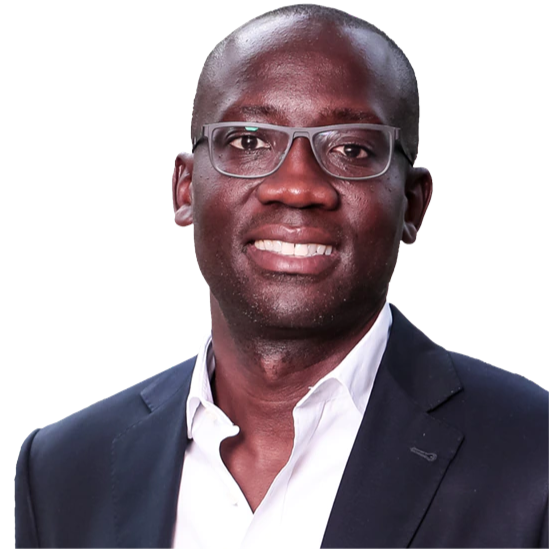
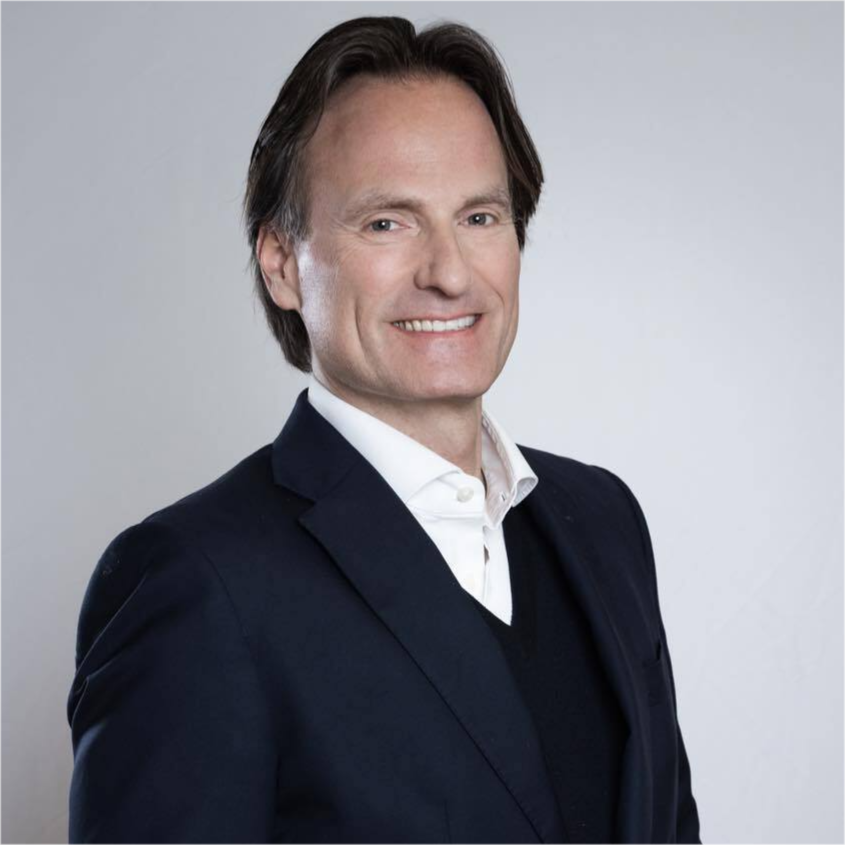

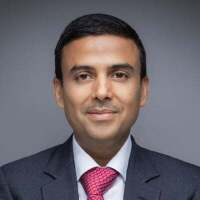
-
(GMT)PANEL
Creative competition: How can Africa claim its place in the global entertainment industry?Nollywood is slated to generate $14.8 billion in 2025, as the African creative economy is gaining attention around the world. On the continent, national competition is heating up to be home to the next Hollywood – with the expected benefits of job creation, vast ancillary industries and cultural influence – while global investors hope to serve Africa’s growing consumer market for film, music and video games. But how can government incentives, investor financing and homegrown productions combine to create the conditions for an entertainment ecosystem?
Key points:- Show me the money: Is the venture capital model a solution to the creative industries’ financing challenges?
- Film editing, game design, post-production: What are the first steps to building a creative ecosystem, and ensuring local value addition?
- How can a growing consumer market serve as a catalyst for international influence, utilising Africa’s creative sectors as a tool for soft power?

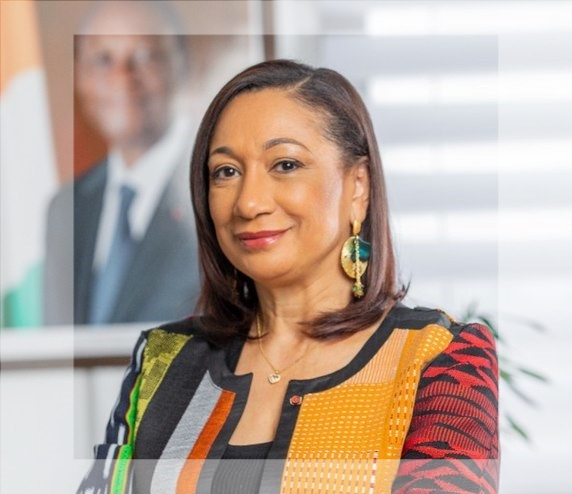 Speaker
SpeakerS.E Françoise REMARCK
Ministre de la Culture et de la Francophonie, République de Côte d'Ivoire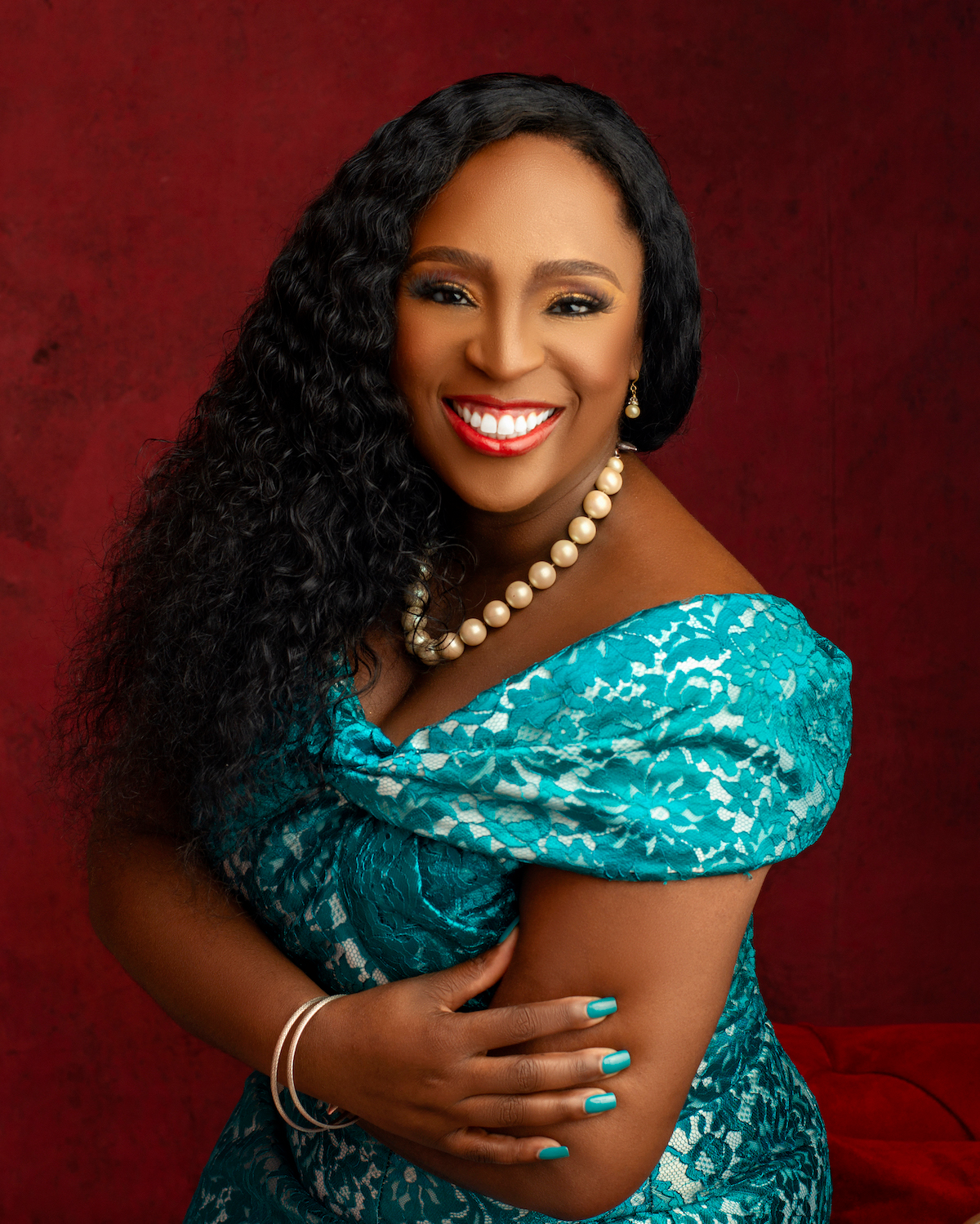
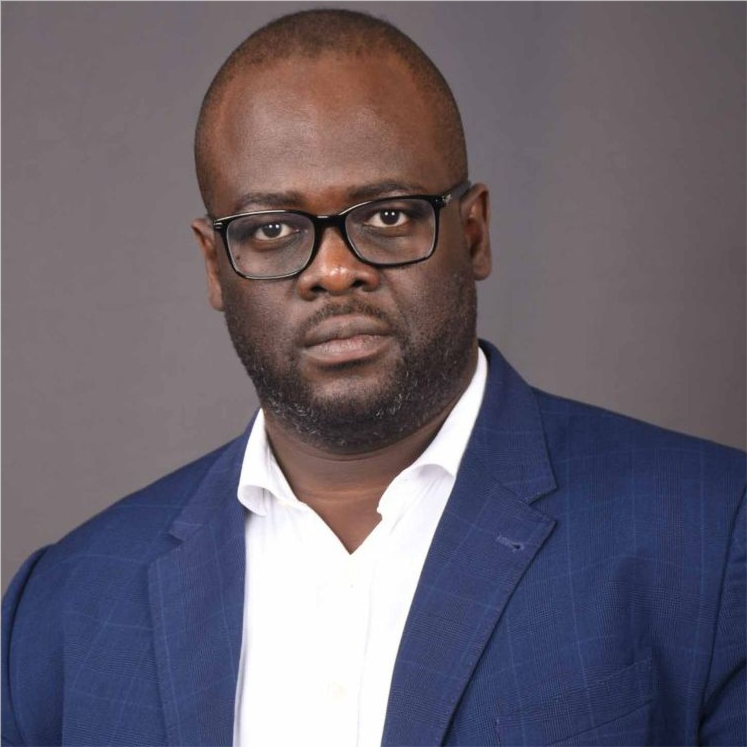
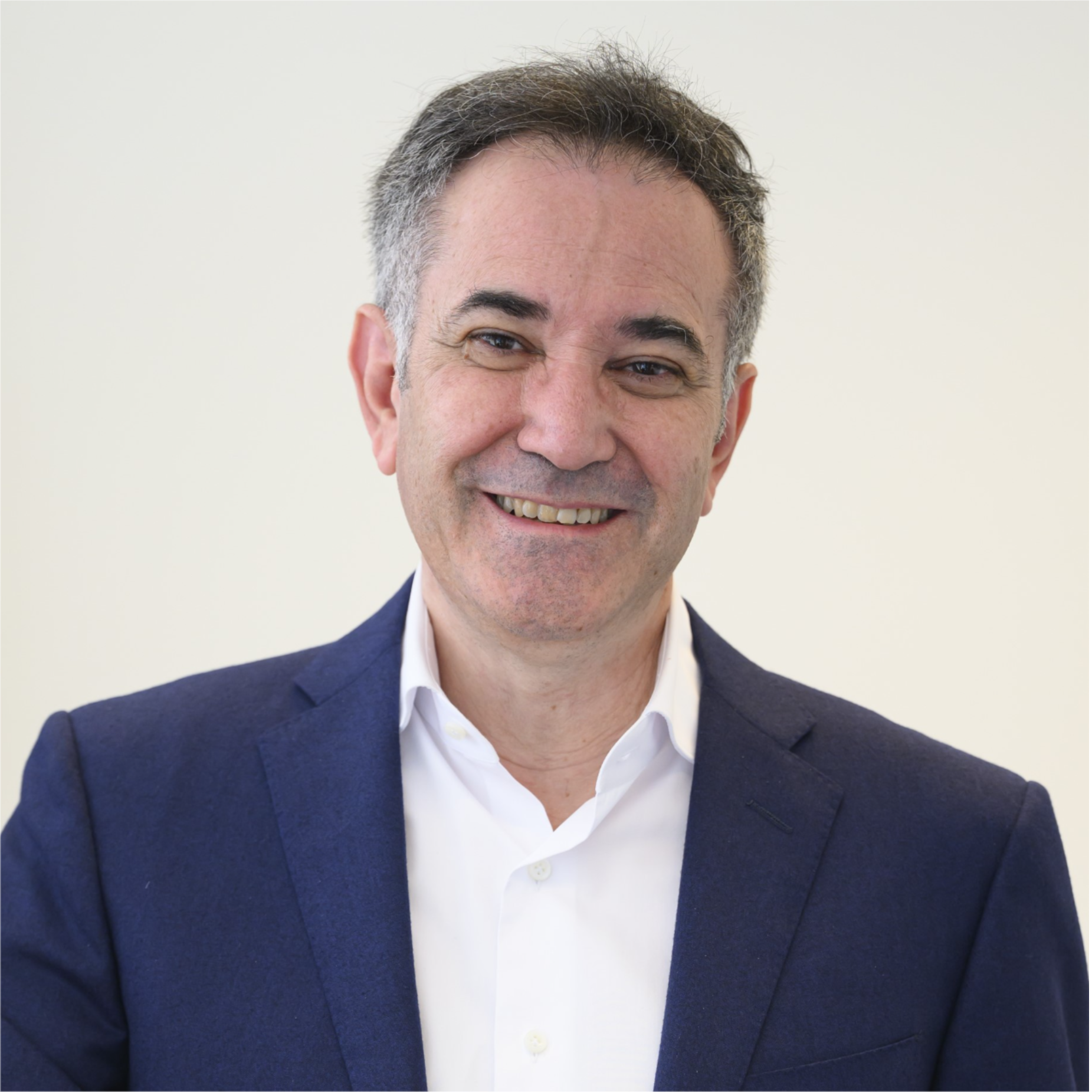

-
(GMT)CONVERSATION WITH
Can Africa industrialise through trade – and on its own terms?As the global trade landscape fractures and supply chains shift, Africa faces a pivotal question: can it leverage trade as a driver of industrialisation rather than a channel for exporting raw materials? This high-level conversation brings together Benedict Oramah, President of Afreximbank and a key architect of the AfCFTA’s financial infrastructure, and Nicholas Norbrook, Editor in Chier, The Africa Report. Together, they explore how Africa can harness trade as a powerful engine for industrial transformation, value creation, and economic sovereignty.


-
(GMT)INVEST IN
RWANDAAs the foremost annual meeting of the private sector on the continent, the Africa CEO Forum is the leading platform for public-private dialogue. ‘Invest In’ sessions allow CEOs and investors to meet with high-level African government officials to gain deeper insight into their countries’ economic development strategies. These sessions provide exposure to a variety of key sectors, business environments, and public and private investment opportunities.
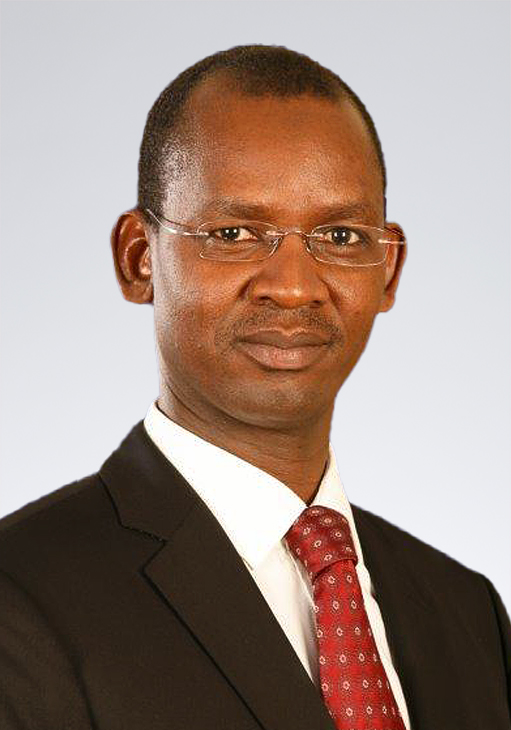
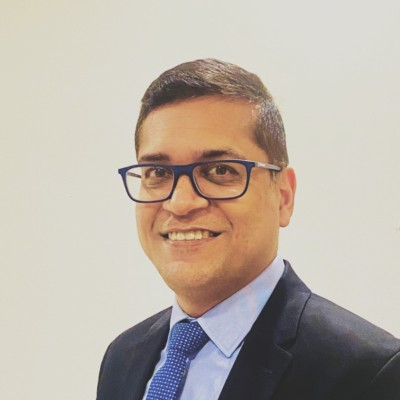
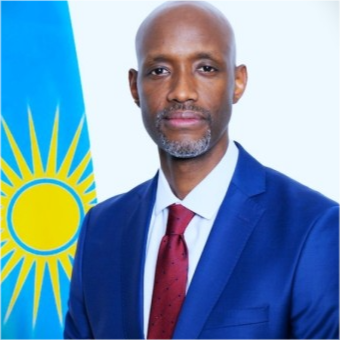
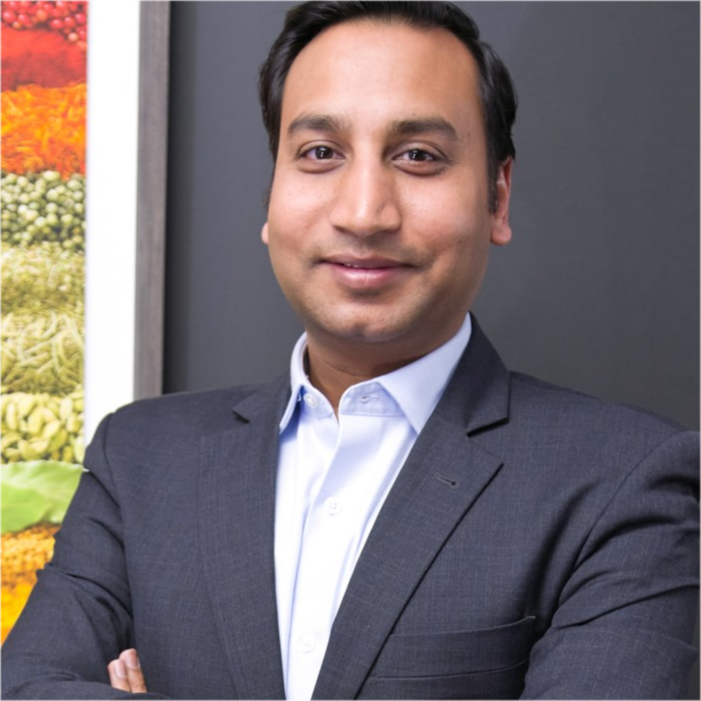
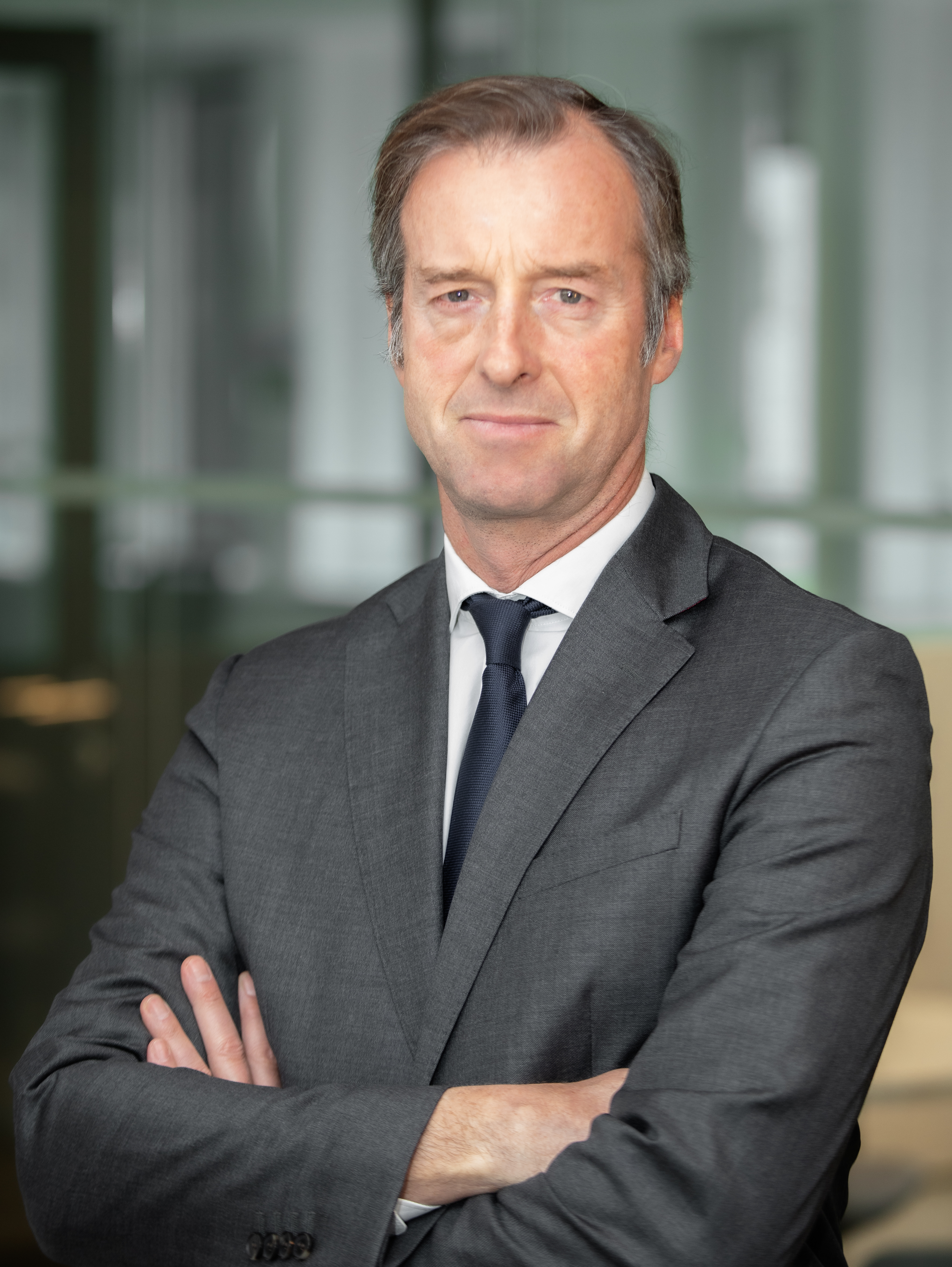
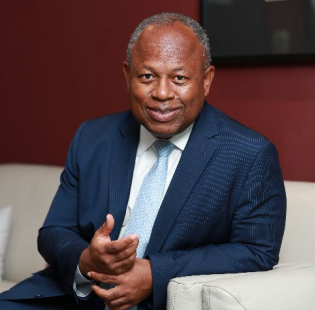
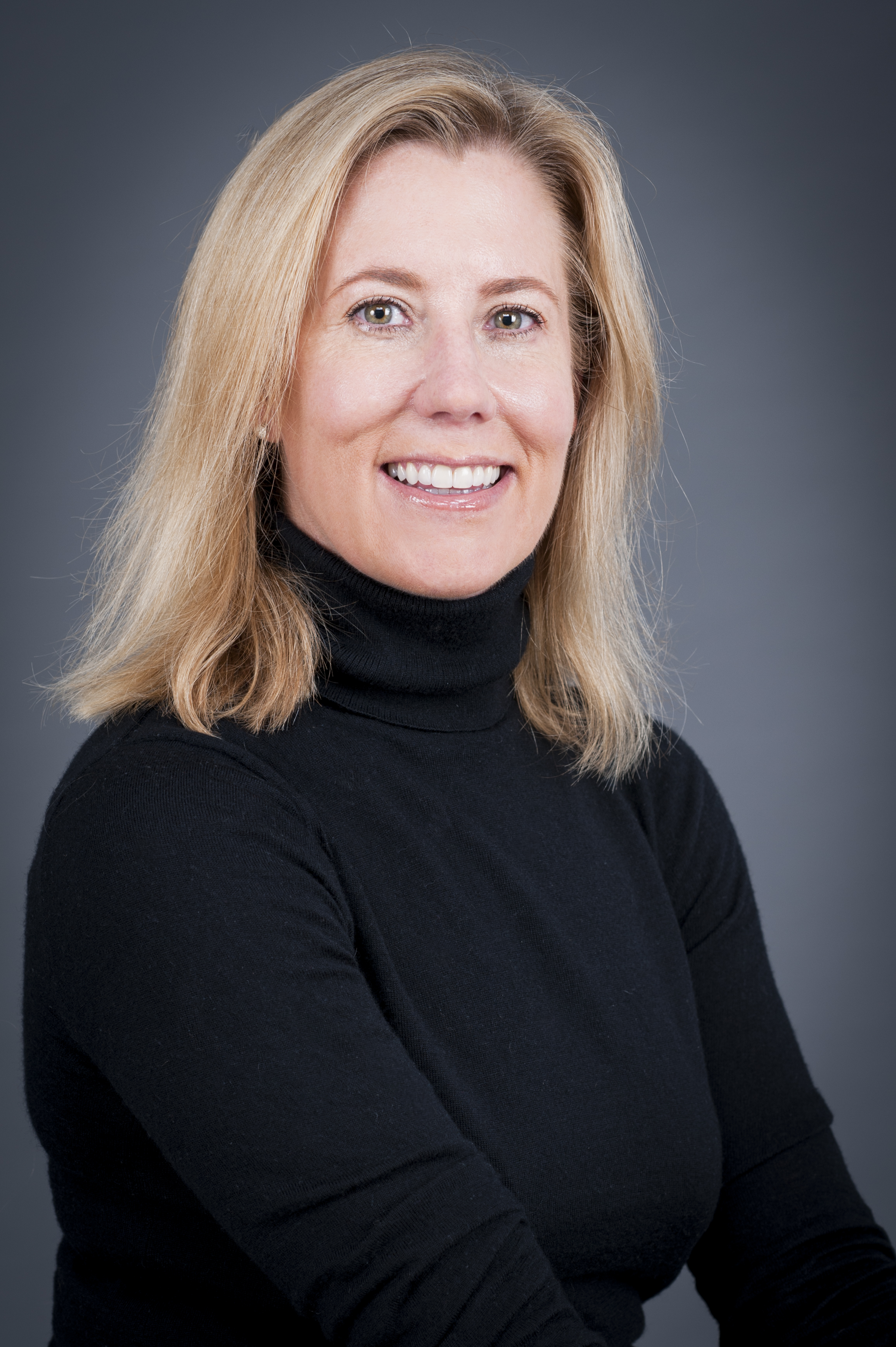

-
(GMT)STRATEGIC ROUNDTABLE
Africa in a transactional climate: The road to COP30Access via sign-up on the event app or by invitation only.
The USA has withdrawn from the Paris agreement. The appetite for greater climate funding has dissipated in Europe. And the richer countries of the Global South are unprepared to contribute. With COP30 on the horizon, Africa’s $3 trillion financing gap seems out of reach. How will Africa decide between prioritising the green economy or the extractive industries? And what negotiating leverage does Africa have?
Key points:
- African climate mitigation and adaptation is not a global priority. How can Africa’s climate ambassadors ensure that it becomes one?
- From carbon markets to PPAs and renewables: How can African businesses and institutions position energy projects to attract competitive international financing?
- Lobbying for Africa: Following the EU’s delay of its carbon border adjustment mechanism, can African business ensure further wins at COP30?

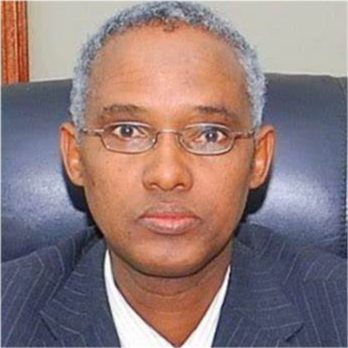
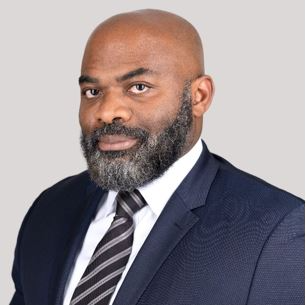 Speaker
SpeakerChris CHIJIUTOMI
Managing Director and Head of Africa, British International Investment (BII)
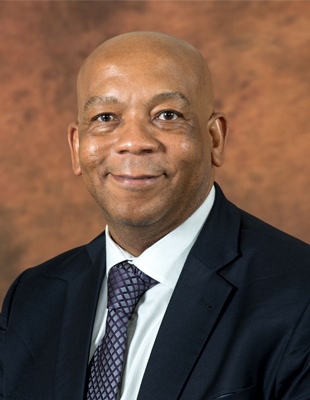
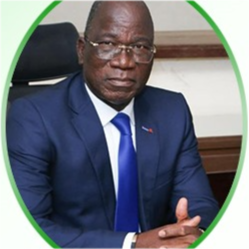 Speaker
SpeakerH.E. Jacques Assahoré KONAN
Minister of Environment and Sustainable Development, Republic of Côte d'Ivoire -
(GMT)WFC PANEL
Africa’s growth engine: Women, capital and jobsAs Africa navigates an increasingly complicated economic landscape, women-led enterprises are emerging as key power players —particularly in high-growth sectors such as digital technology, the creative economy, and social enterprise. These sectors hold immense potential for job creation, especially for young women. Yet women entrepreneurs face persistent financing gaps that limit their ability to scale and generate employment at the pace Africa needs. How can smarter financing strategies and capital serve as a catalyst for women’s success as business leaders and economic transformation across the continent?
The session ends with the launch of the Women LEAD Alliance — a new initiative by IFC to bring together a select group of influential African leaders from across industries, to accelerate economic opportunities for young women entrepreneurs across the continent.
Key points:
- Mapping future opportunity: Which sectors hold the greatest potential for young women entrepreneurs to drive economic growth and job creation in Africa?
- Capital where it counts: How can financial products be adapted to meet the real needs of women-led businesses — from early-stage capital to flexible growth financing?
- What role can the private sector and DFIs, play in closing the financing gap for women-led businesses.
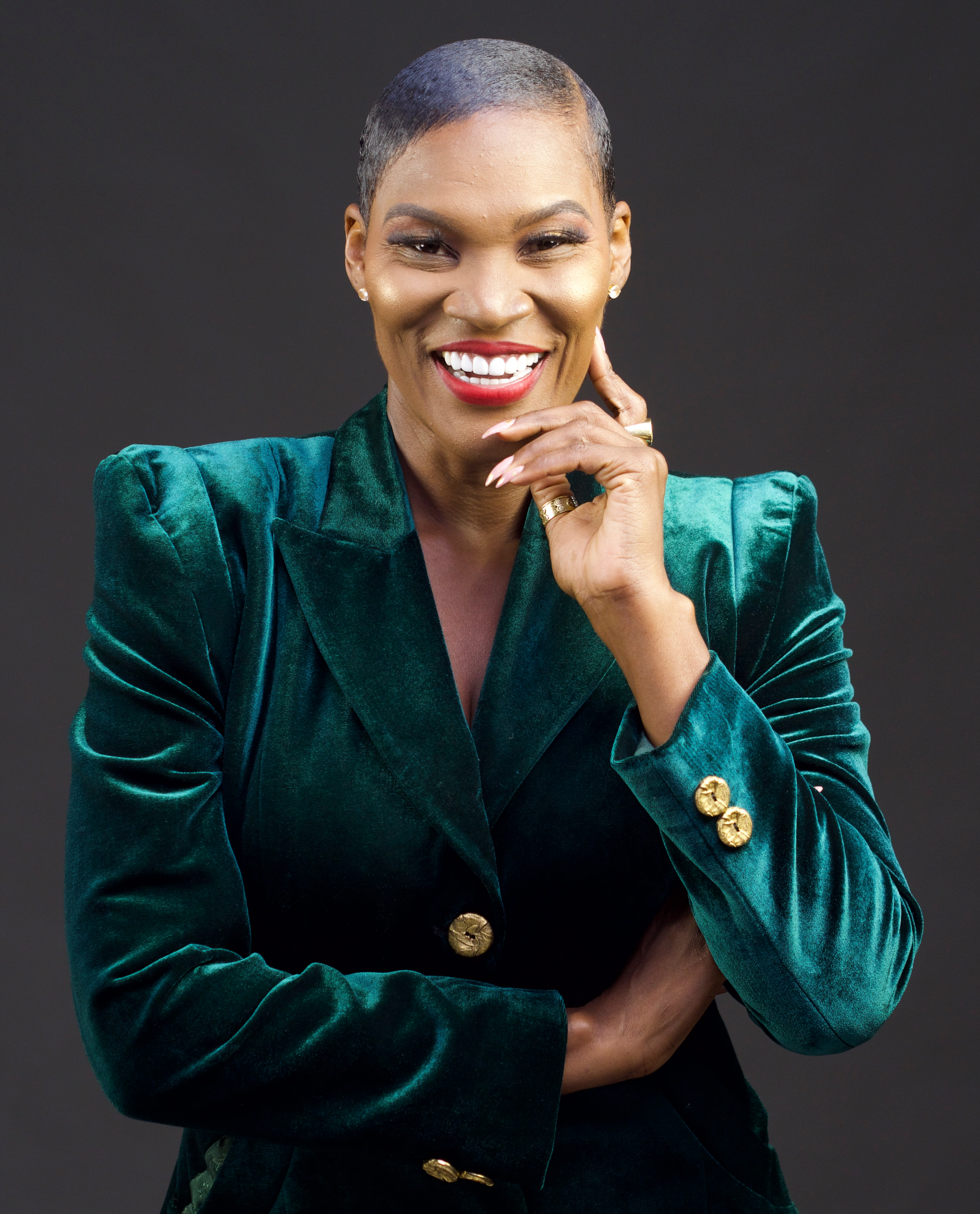

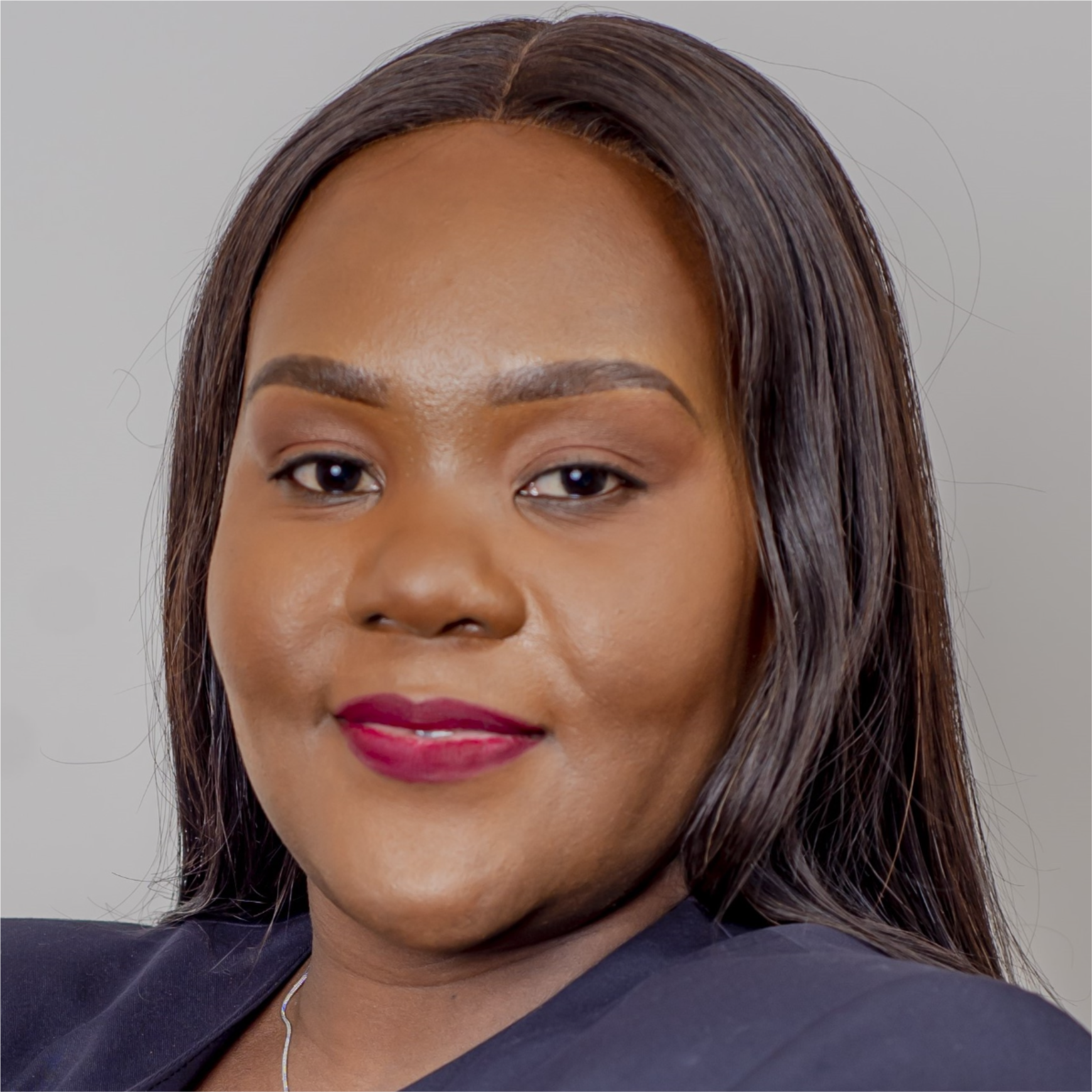
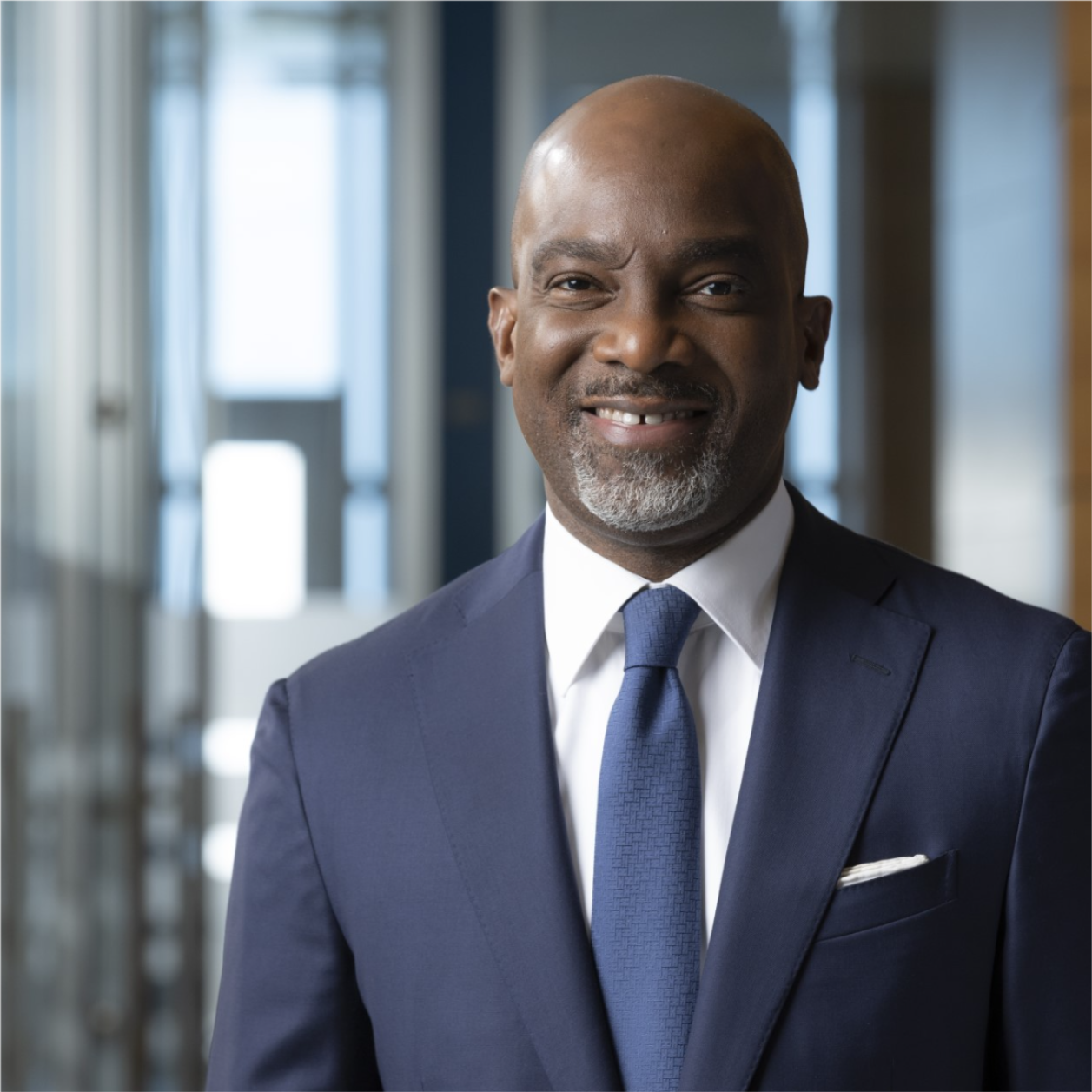
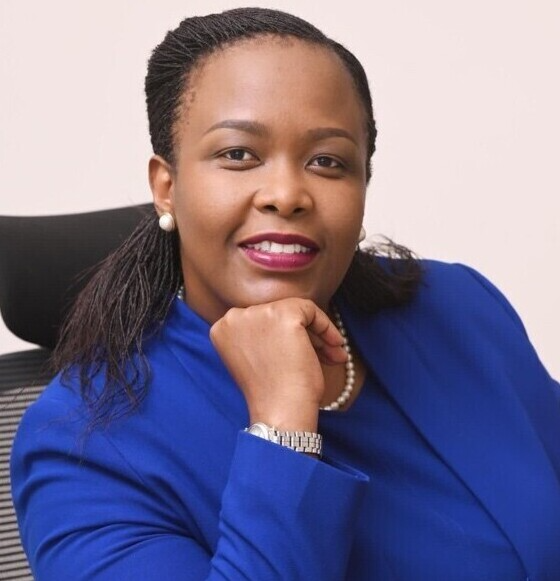
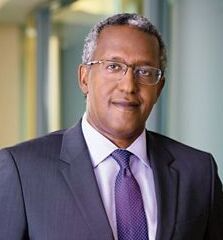
-
(GMT)DISRUPTERS CLUB STRATEGIC ROUNDTABLE
Corporate venturing: Fast-tracking deep tech into legacy industriesAccess via sign-up on the event app or by invitation only.
Africa’s traditional business sectors – from financial services to agriculture and transport – are poised for huge efficiency gains by innovating with deep tech startups, particularly in AI. While funding for African startups declined (-7% YOY in 2024), corporate investment in startups continues to grow. How in this context can corporations identify, test, and scale the most transformative startups’ technologies — those that deliver real operational value — and through which models: corporate accelerators, corporate investment, or venture clients? In a closed-door roundtable, large corporations, private investors, and startups will discuss how to gain an edge in deep tech.
Key points:- Corporate venture squads, venture-client models and accelerators: What are the optimal approaches for speed and cost to identify and scale deep tech startups and AI technologies?
- How can regulators build effective ecosystems for startups, venture capital investors, and corporate innovators?
- How can corporations in legacy industries successfully integrate a startups’ tech?
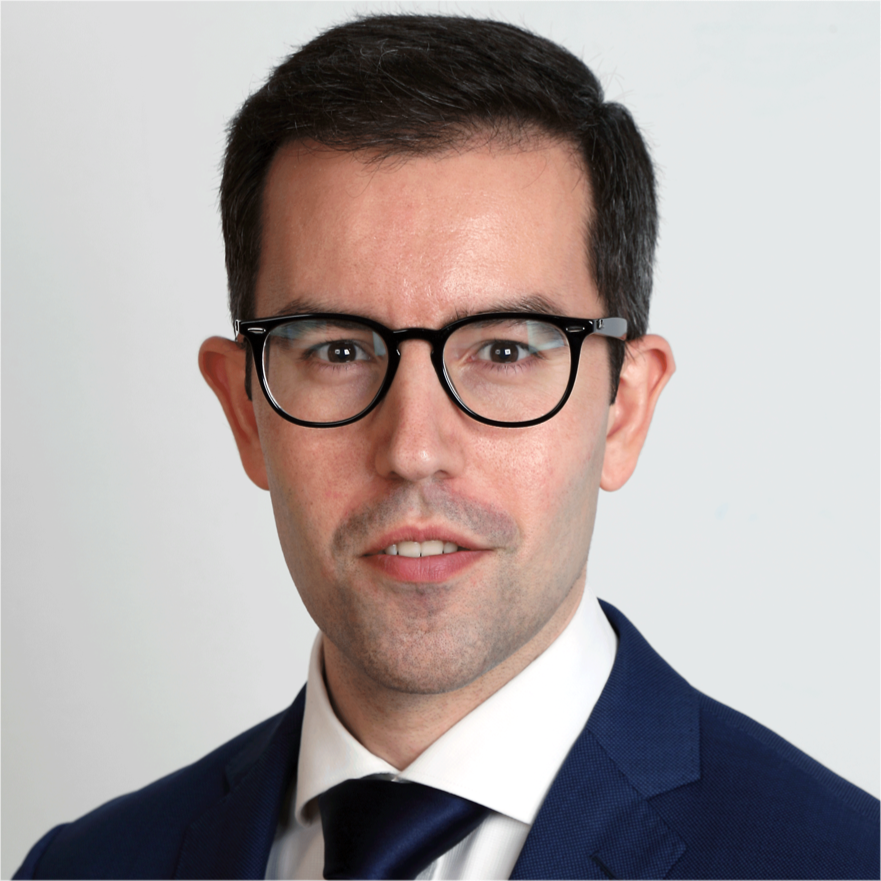 Moderator
ModeratorJosemaria SIOTA
Executive Director of Entrepreneurship and Innovation Center, IESE Business School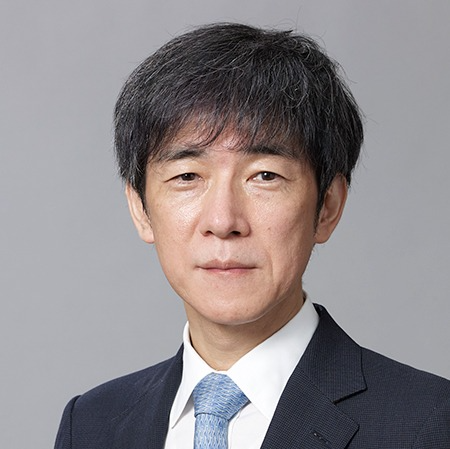 Chair
ChairTakehiko MATSUO
Vice-Minister for International Affairs, Ministry of Economy Trade and Industry, Japan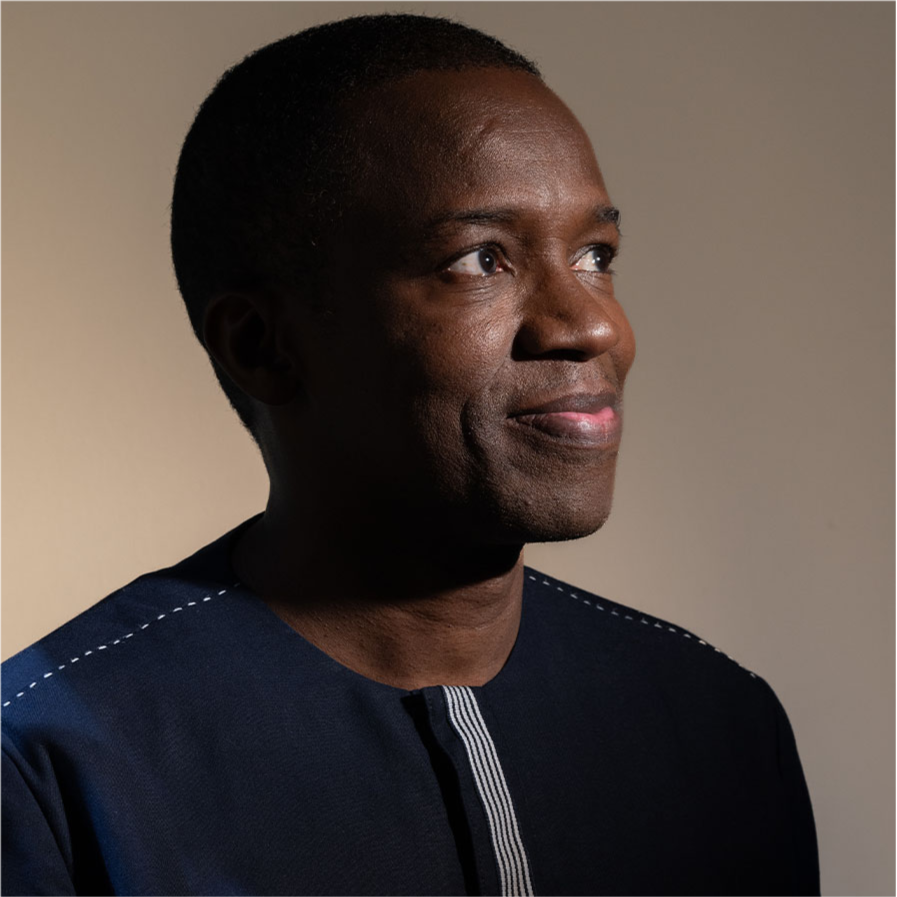



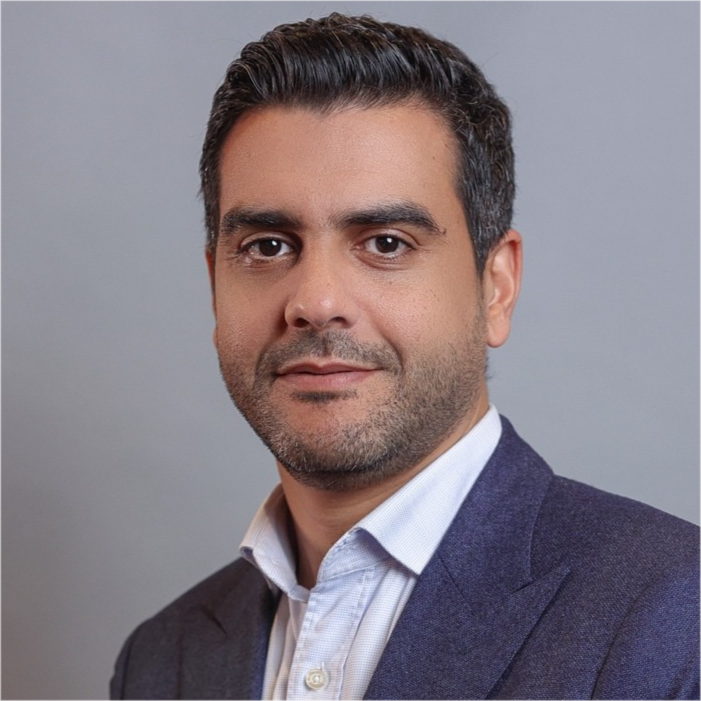
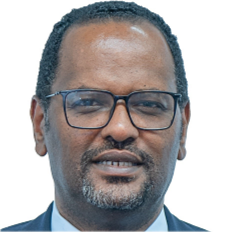
-
(GMT)INDUSTRY OUTLOOK
Charting new trade routes: Strengthening the resilience of African supply chainsGeopolitical tensions, trade wars, disruptions in the Red Sea: global trade is undergoing a major transformation, with established trade routes shifting and new land and maritime routes emerging. However, Africa still struggles to capture these flows due to logistical bottlenecks, insufficient infrastructure, and challenges in effectively implementing the AfCFTA. In light of nearshoring efforts in the Global West and the growth of South-South trade, how should the continent position its strategic logistical corridors and enhance the attractiveness of African hubs to seize opportunities in this new economic order?
Key points:
- Strategic intelligence, decision-making, capital allocation: How can stakeholders strengthen their ability to respond to geopolitical crises?
- Dependence on foreign logistics hubs: What levers can be used to build an efficient network of African platforms?
- Regional integration: What priority actions are needed to remove barriers to the AfCFTA and accelerate intra-African trade?
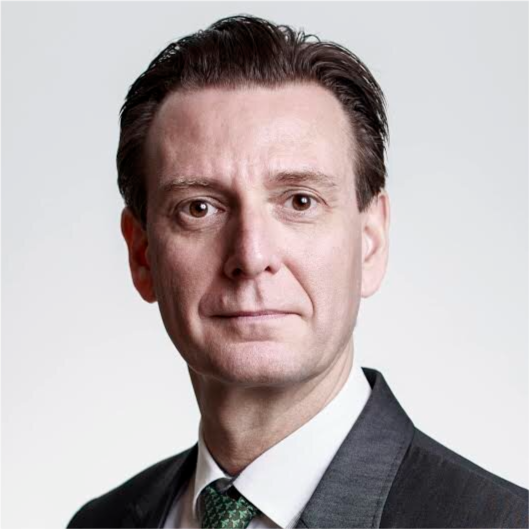
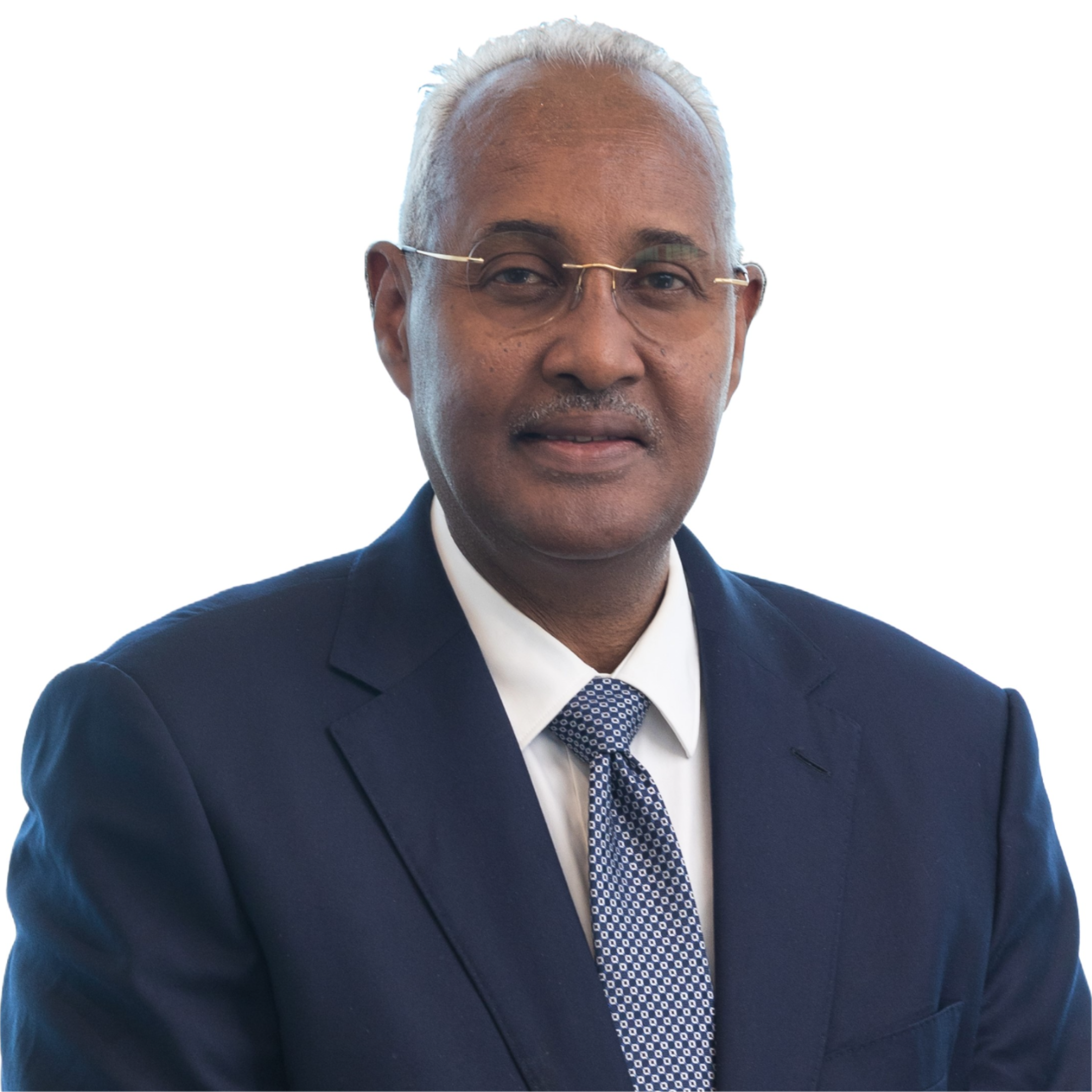 Speaker
SpeakerAboubaker OMAR HADI
Chairman, Djibouti Ports & Free Zones Authority – Great Horn Investment Holding (DPFZA-GHIH)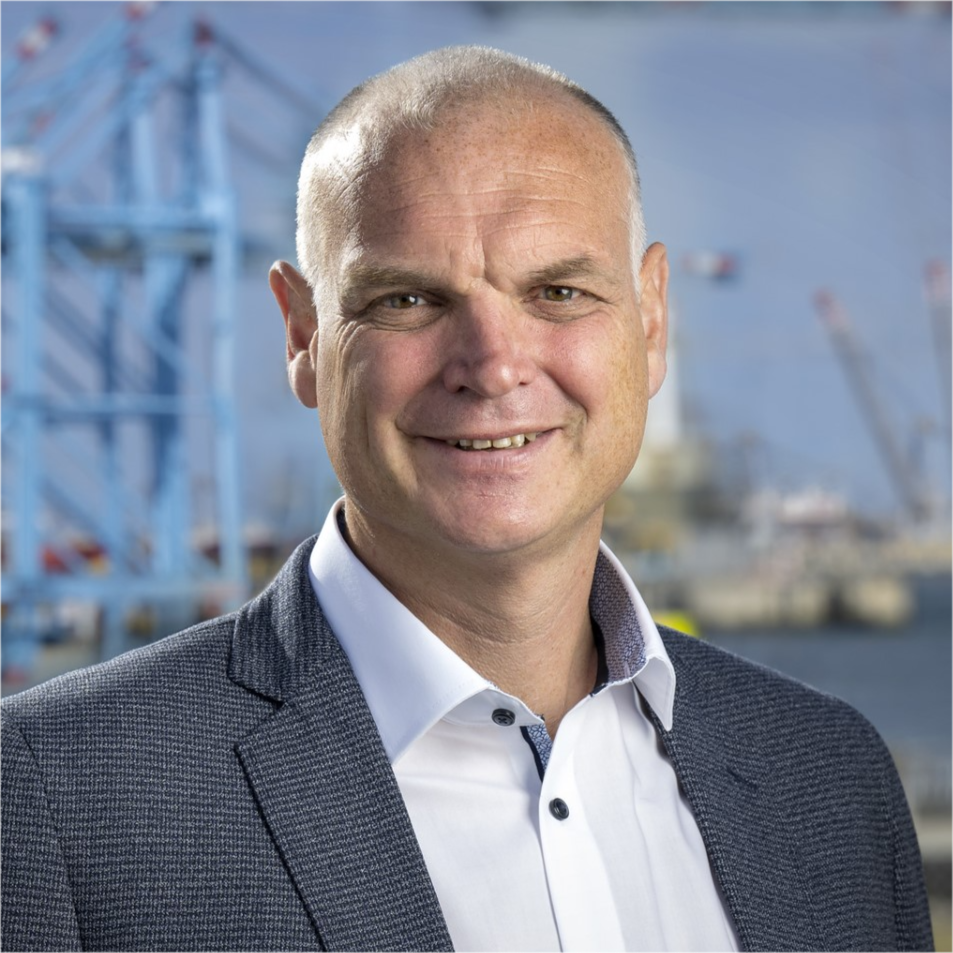
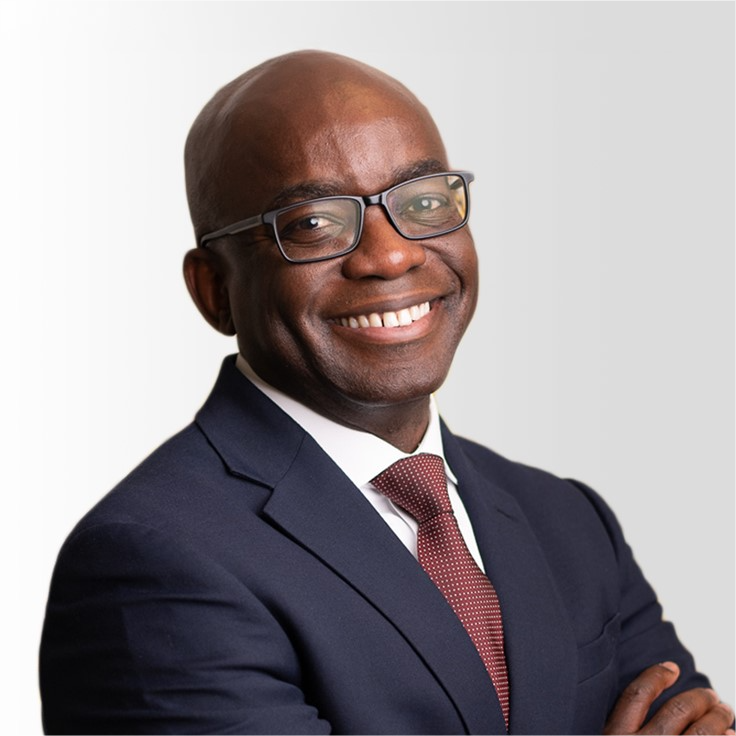
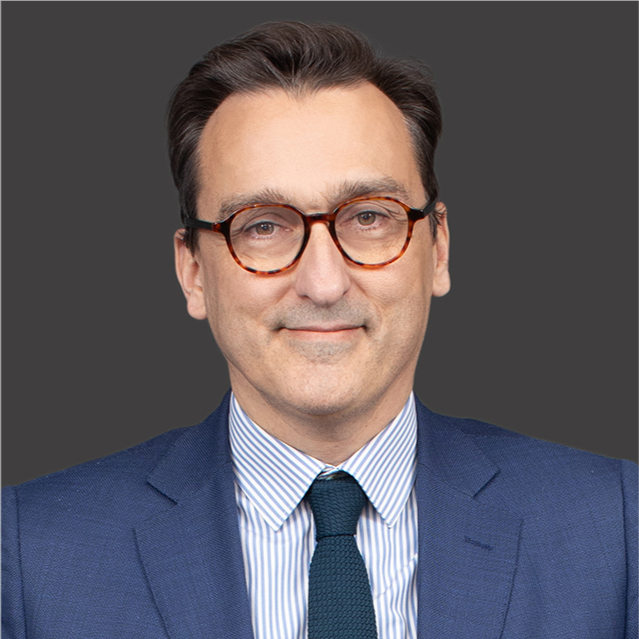
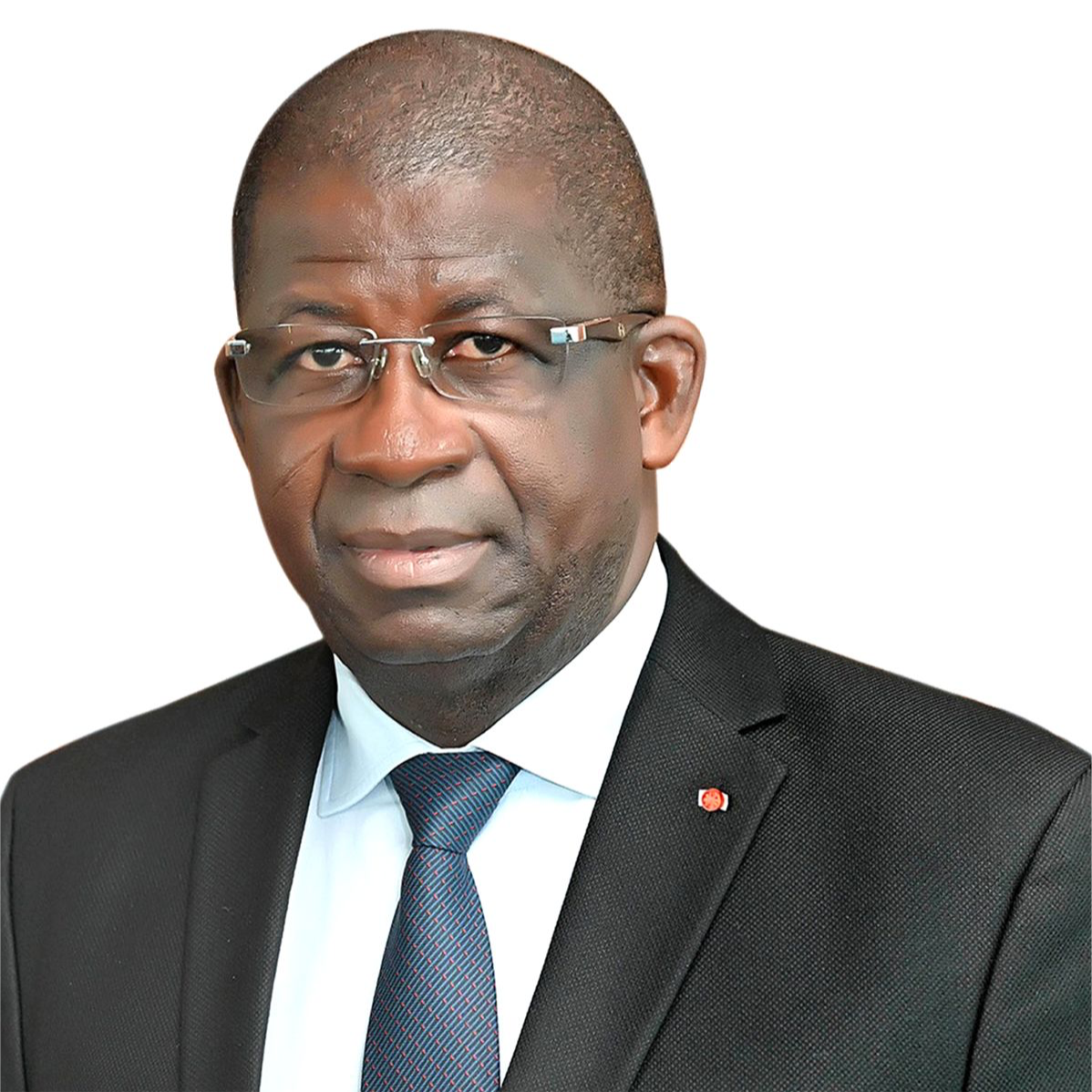
-
(GMT)INDUSTRY OUTLOOK
FMCG in Africa: Transforming the consumer boom into a development driveBy the end of the decade, Africa’s consumer goods sector is expected to achieve an average annual growth of 8.5%. Driven by a young population and rapid urbanisation, the continent will become the largest consumer market globally by 2050, accelerating the transition from export-based economic models to demand-driven growth. For states, international brands, and local private players, this is a momentous opportunity, provided they can structure the FMCG sector to meet consumer expectations. How can the value chain be improved, from sourcing inputs to industrial and logistical infrastructure and opening regional markets?
Key points:
- Between analysing consumer needs, digitalisation, and choosing the right channels, how can we build efficient and profitable distribution networks?
- Quality, supply chain security, traceability: How to facilitate effective partnerships between FMCG companies and local producers?
- Taxation, customs tariffs, competition rules: What regulatory frameworks should be established to energise the sector?
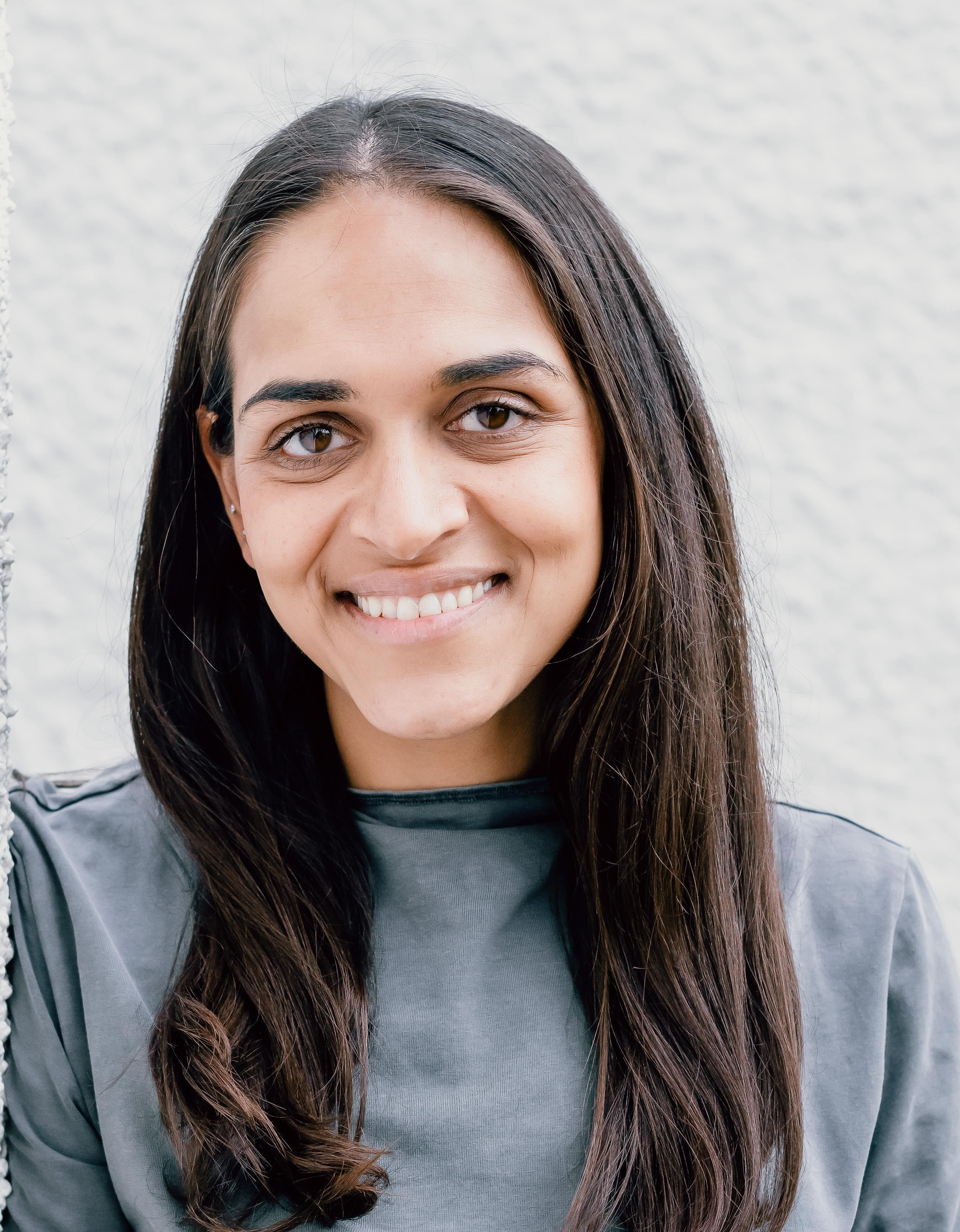
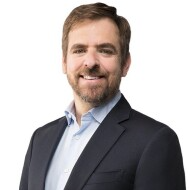
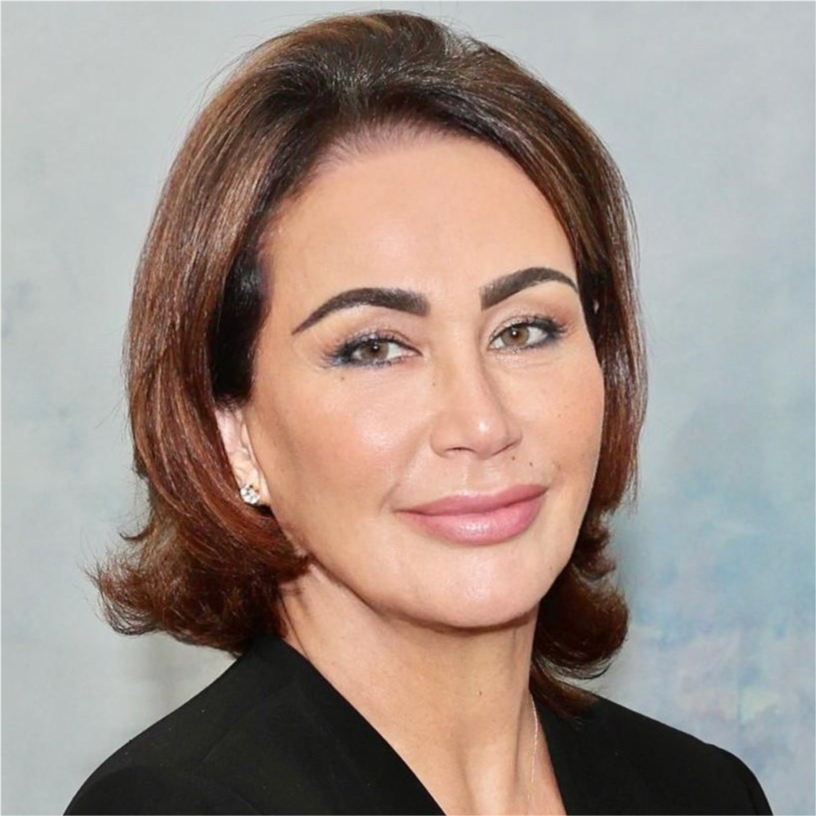
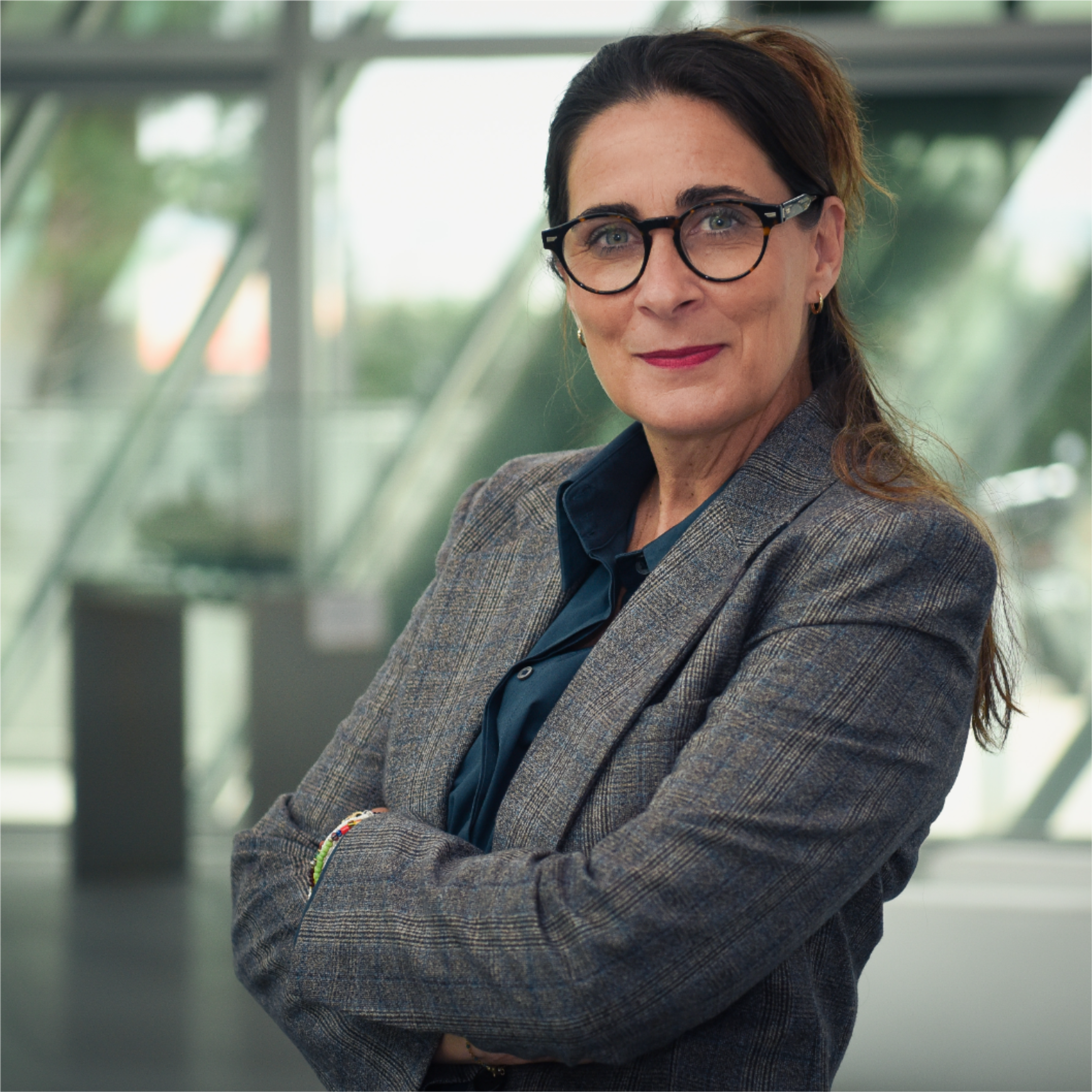
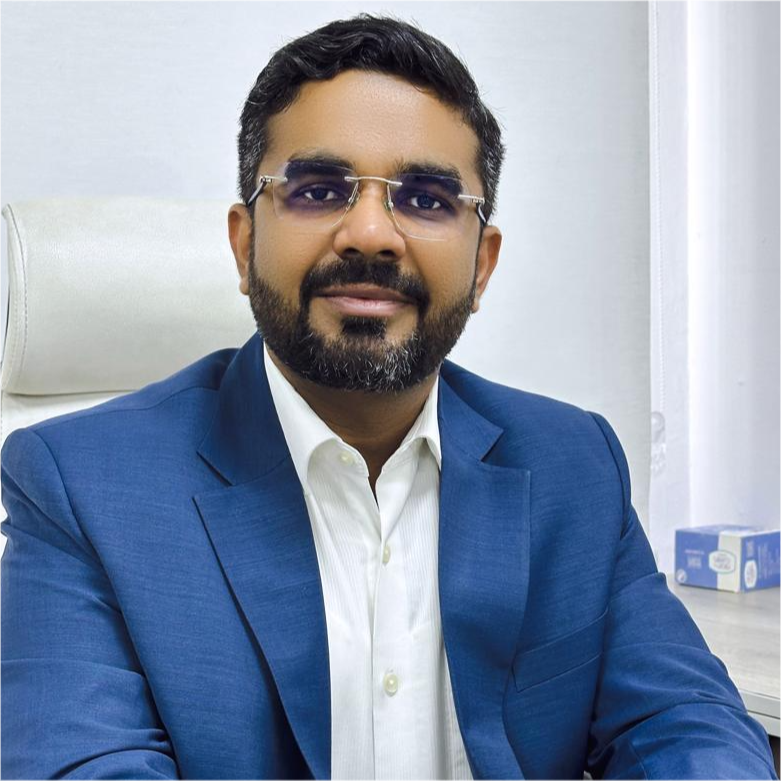
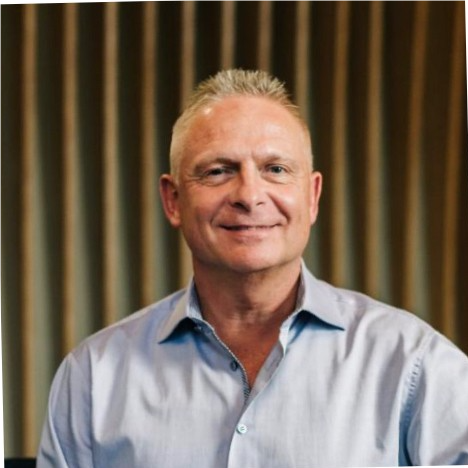
-
(GMT)WFC COCKTAIL
From spending to building: Rethinking wealth for womenIn a TED-style, high-energy talk, Korede Odjo-Bella, Head Consumer Banking at Ecobank, will challenge conventional narratives around women’s relationship with money. Drawing from Ecobank’s Wealth Management expertise, this session will spotlight the importance of financial planning, investment, and long-term wealth strategies tailored for women. No more “yogurt pot” economy—this is about shifting from spending to building. A must-attend for women ready to take control of their financial future.
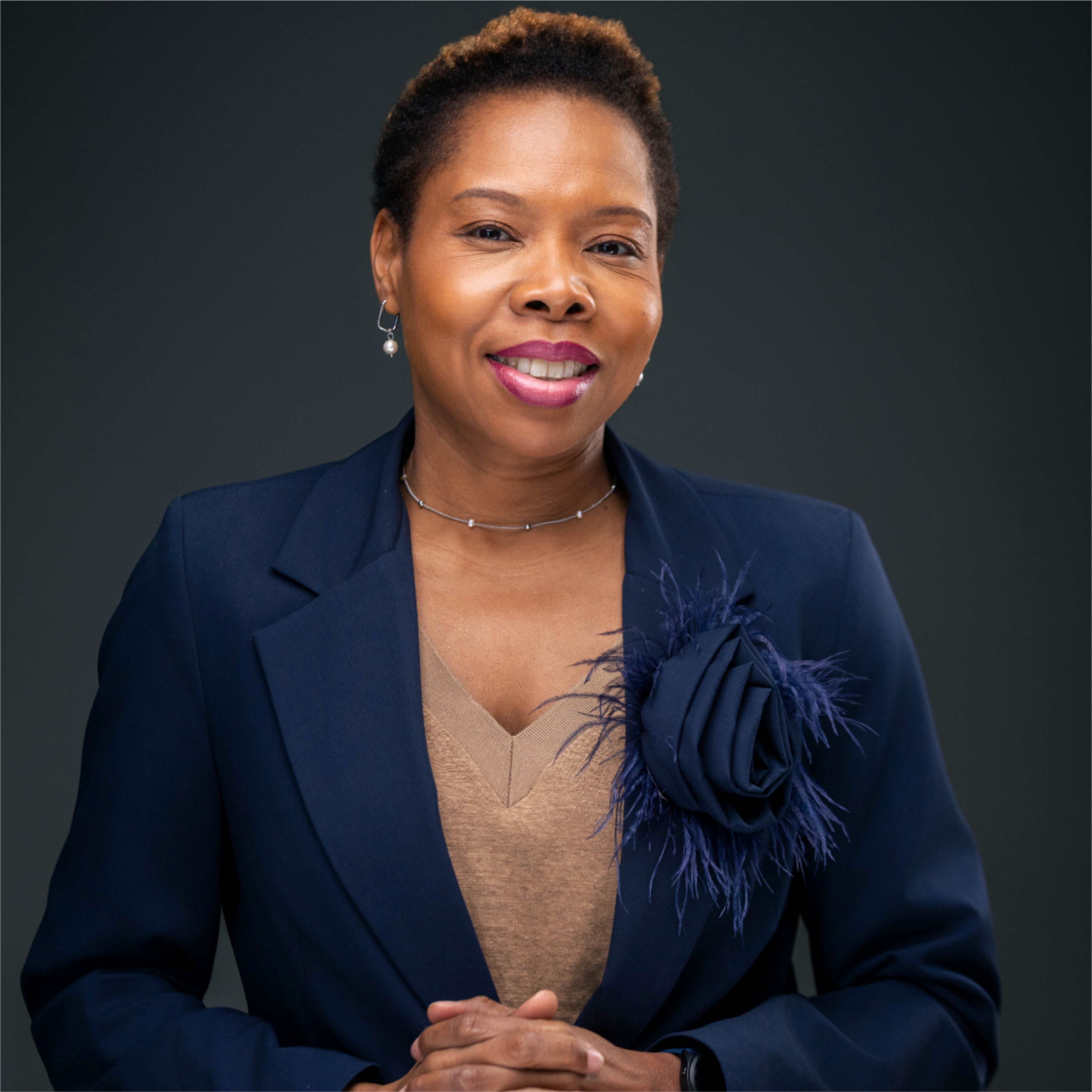
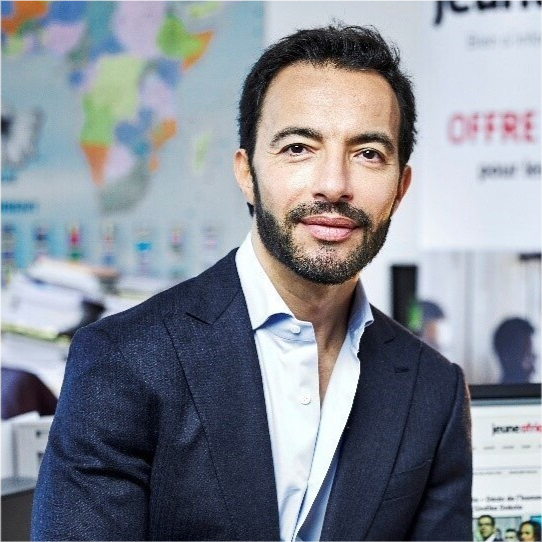
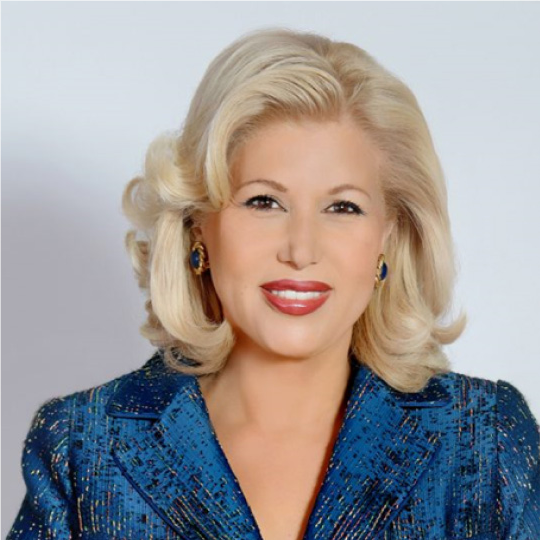
-
(GMT)INDUSTRY OUTLOOK
Healthy returns: Why hasn't corporate Africa woken up to the RoI on health?What are the investment returns of defeating a disease? If malaria is eradicated by 2030 the RoI is 4000%. Other examples abound that show how money spent to avert sickness, disability, and death helps improve workforce productivity and ultimately drive economic prosperity. However, these measurable returns, arguably better than in most other sectors, have not proven enough to garner sufficient private sector support for investment in African health. How can specialised finance mobilisation open business channels for health investments?
Key points:- Innovative returns: What is the business case for supporting healthcare innovation?
- Pulling together: How can private sector resources be pooled together to create funding mechanisms that improve health equity across entire populations?
- Action counts: What are the current focus areas in African public health that need and yield the most?

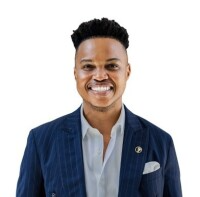
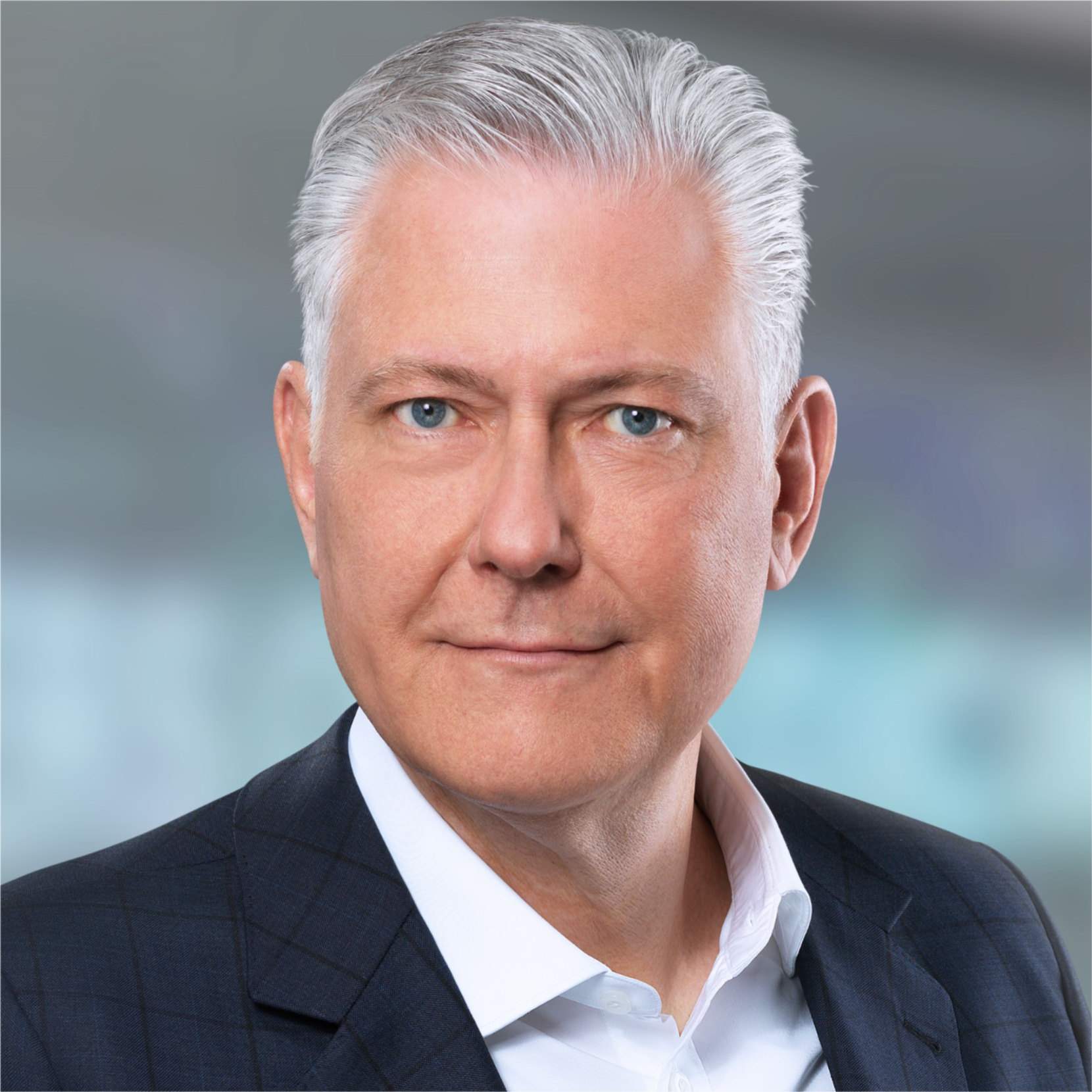
-transformed.jpg)
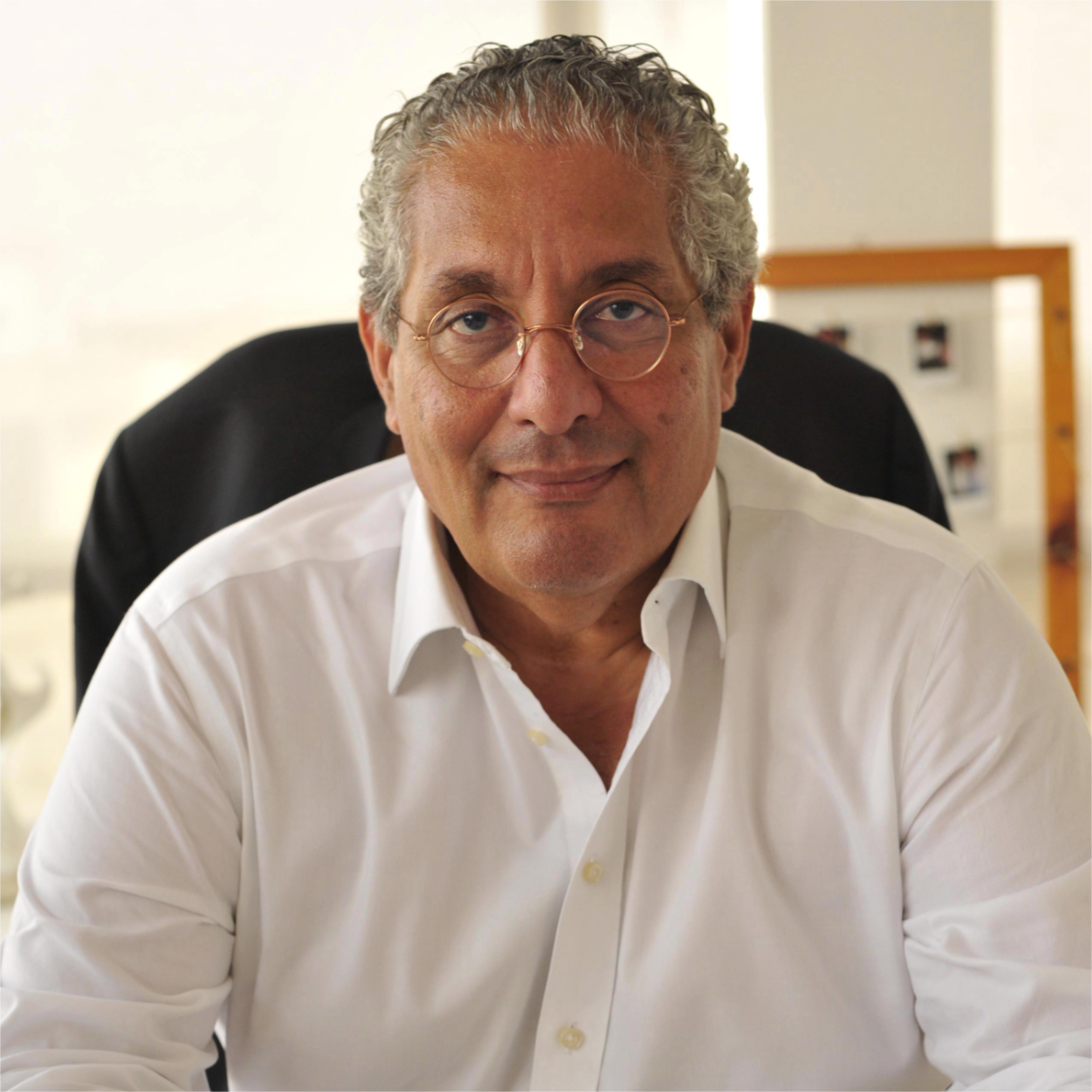
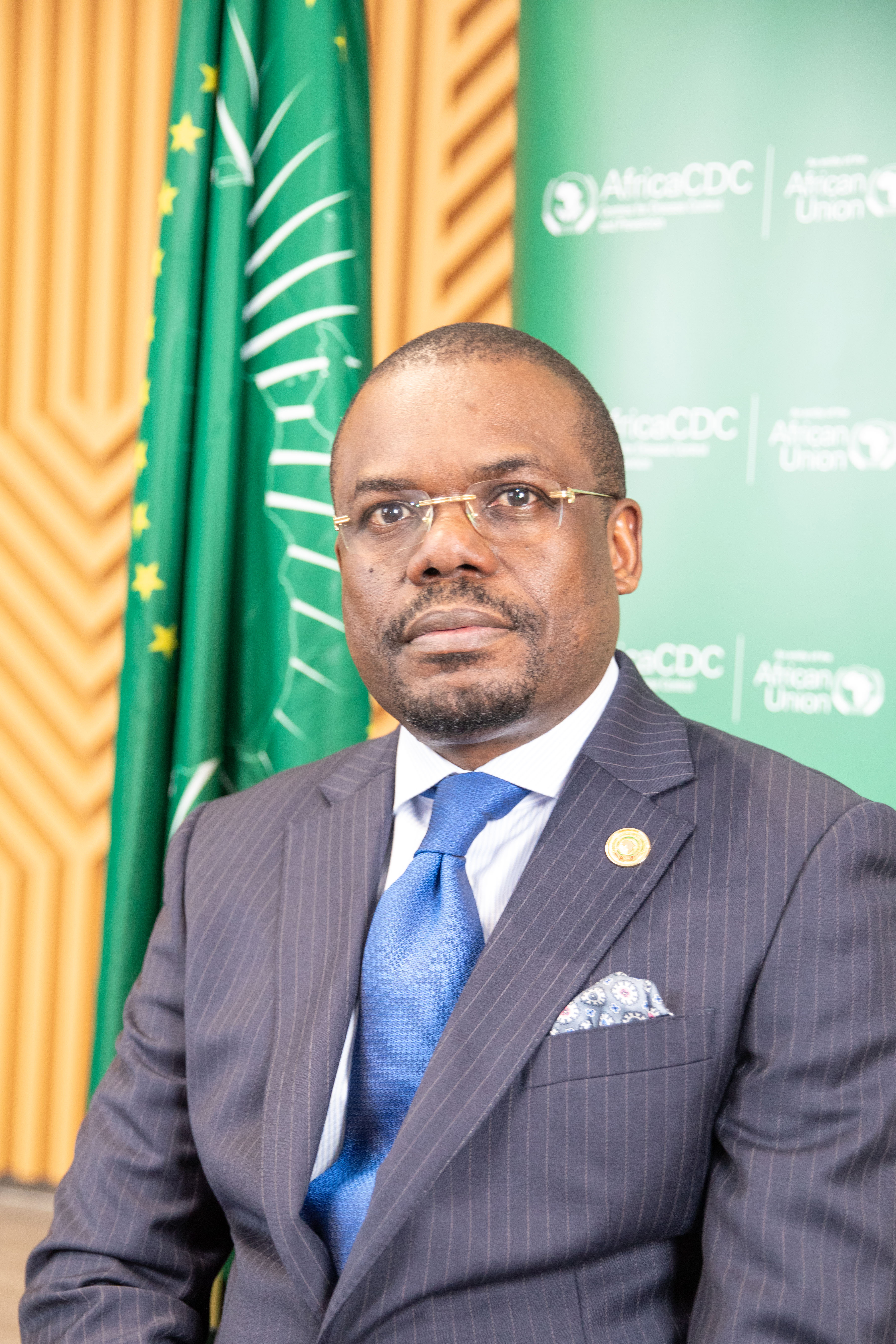
-
(GMT)INDUSTRY OUTLOOK
Scaling up smallholders: Fertilisers, finance, and the future of African farmingAfrican economies remain deeply rooted in agriculture, with smallholder farmers contributing at least 70% of the continent’s food production, making them essential to food security. Despite wide-ranging efforts, Africa has the lowest agricultural yields in the world. Central to improving smallholder farming outcomes is bringing more land under irrigation, increasing water availability, and improving the accessibility and effective use of fertilisers and seeds. The AU’s recent Kampala Declaration points to climate-smart technologies to modernise the sector. With so many targets, how can agricultural experts, policymakers and entrepreneurs create more stable food systems to improve smallholder farmer productivity?
Key points:
- Weather forecasts, soil water monitoring, pest management: How can digital technologies improve smallholders’ productivity?
- Stronger value chains: How to create efficient farm-to-market flows for smallholder produce?
- Micro-finance, cooperative models, and access to credit: What financial instruments work best to support higher productivity?

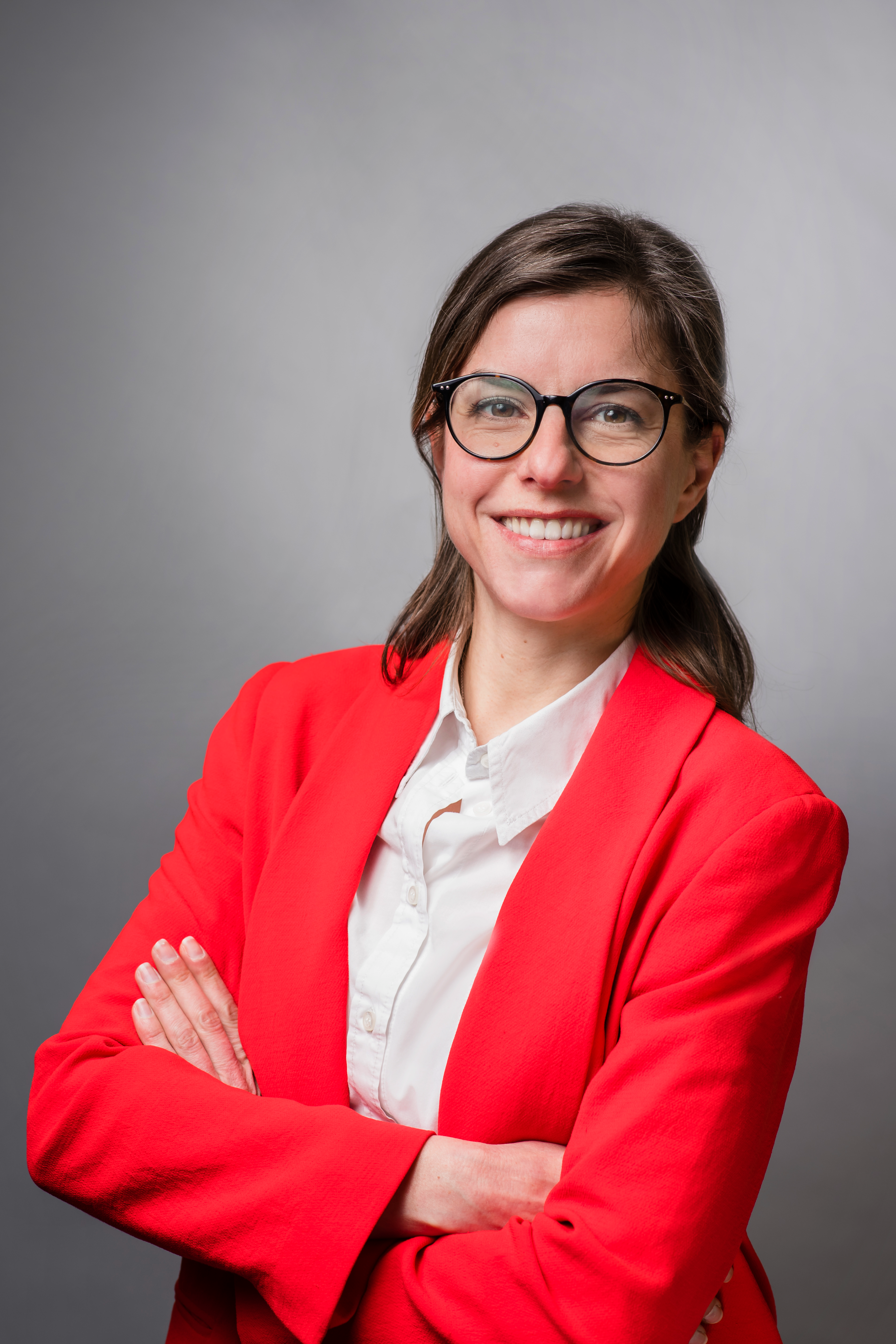
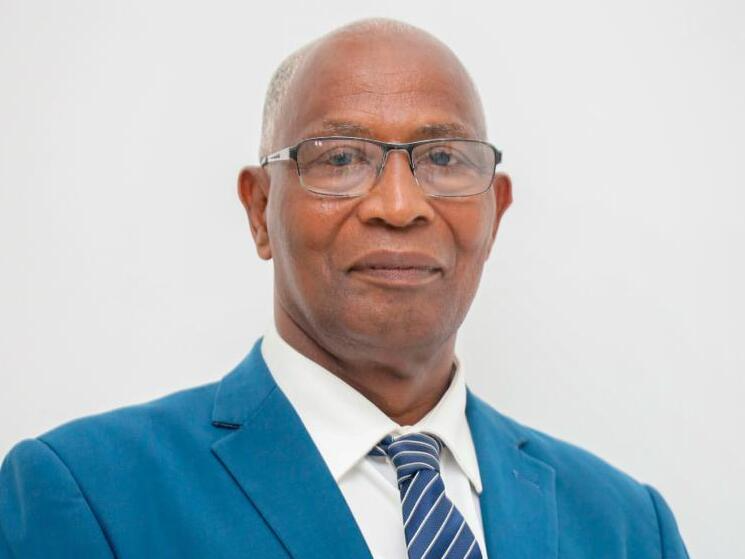
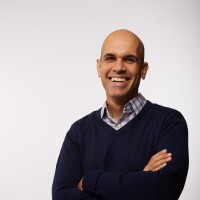
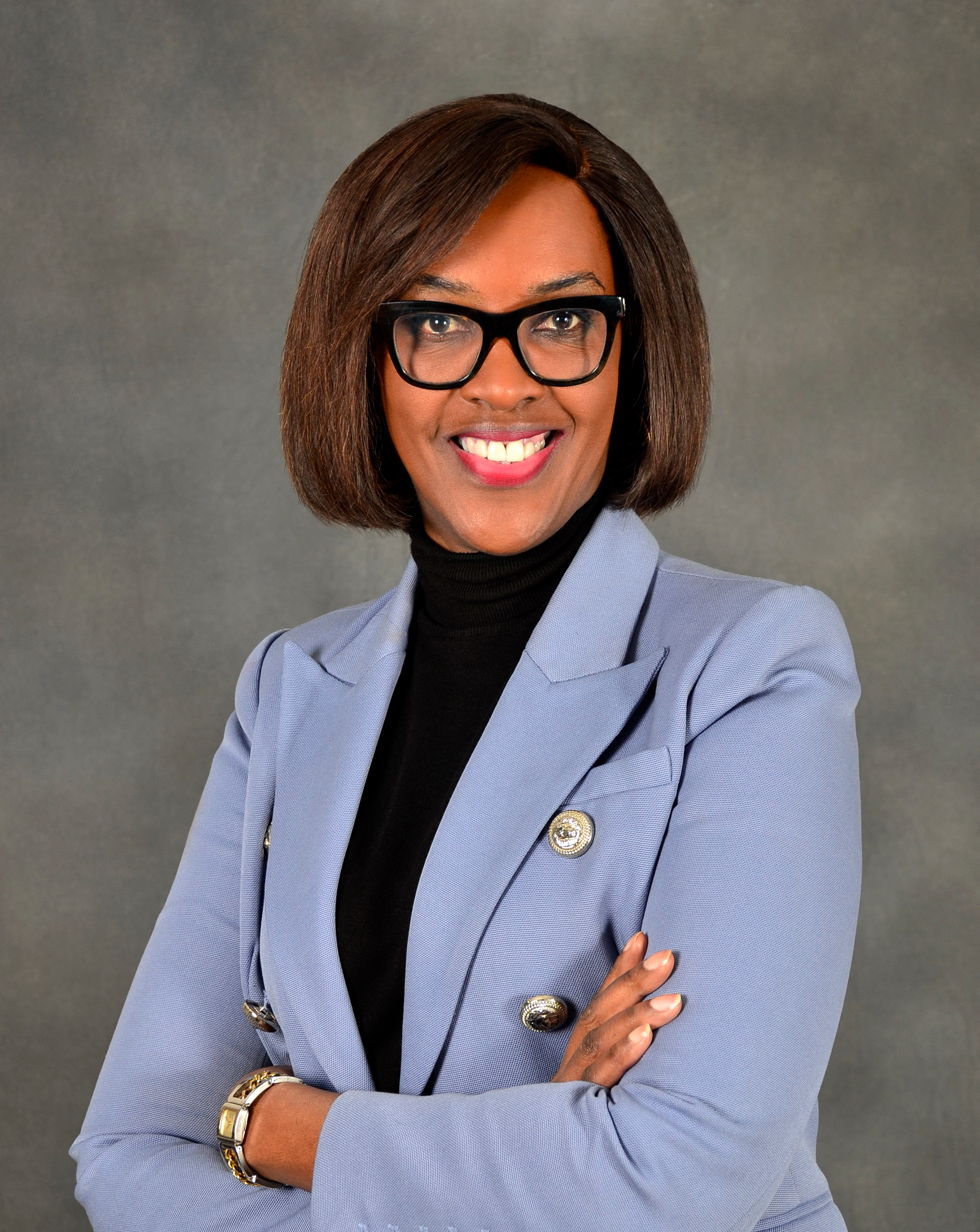
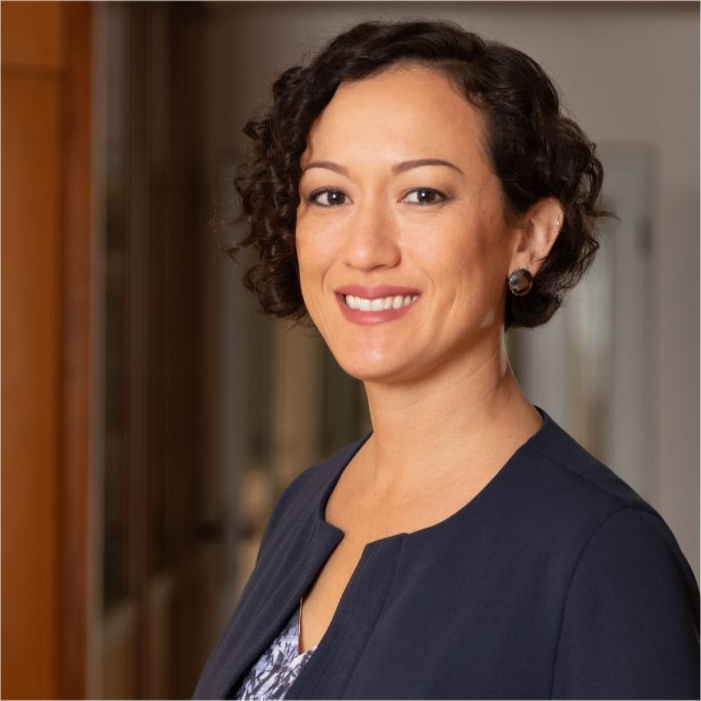
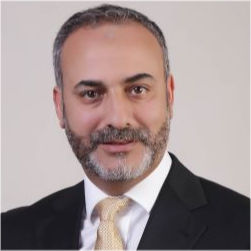
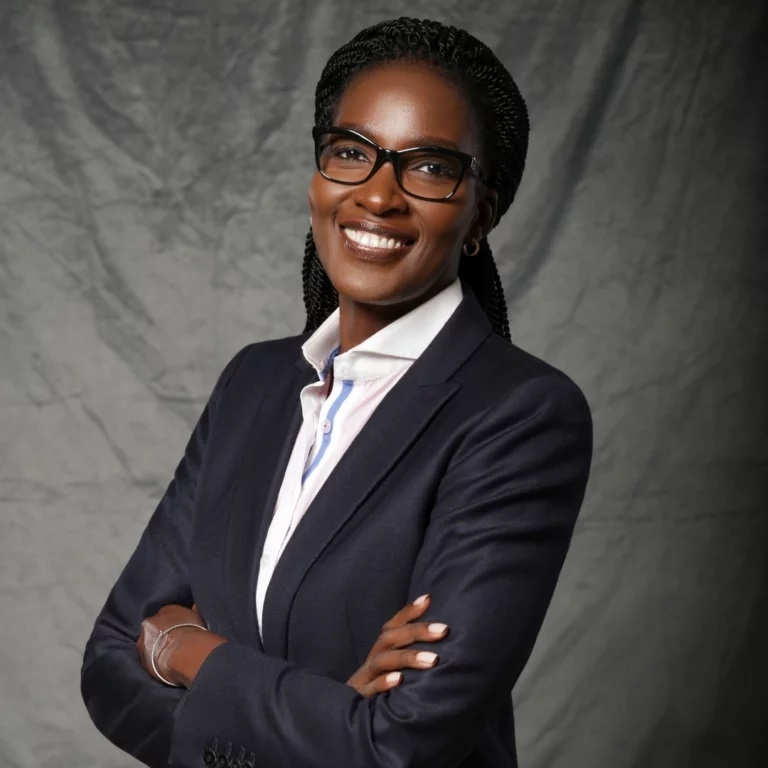
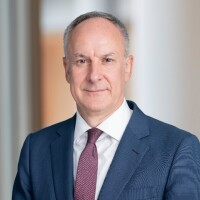 Speaker
SpeakerHenrik E. PEDERSEN
Regional Industry Director, Manufacturing, Agribusiness and Services, Africa, IFC -
(GMT)INVEST IN
BENINAs the foremost annual meeting of the private sector on the continent, the Africa CEO Forum is the leading platform for public-private dialogue. ‘Invest In’ sessions allow CEOs and investors to meet with high-level African government officials to gain deeper insight into their countries’ economic development strategies. These sessions provide exposure to a variety of key sectors, business environments, and public and private investment opportunities.
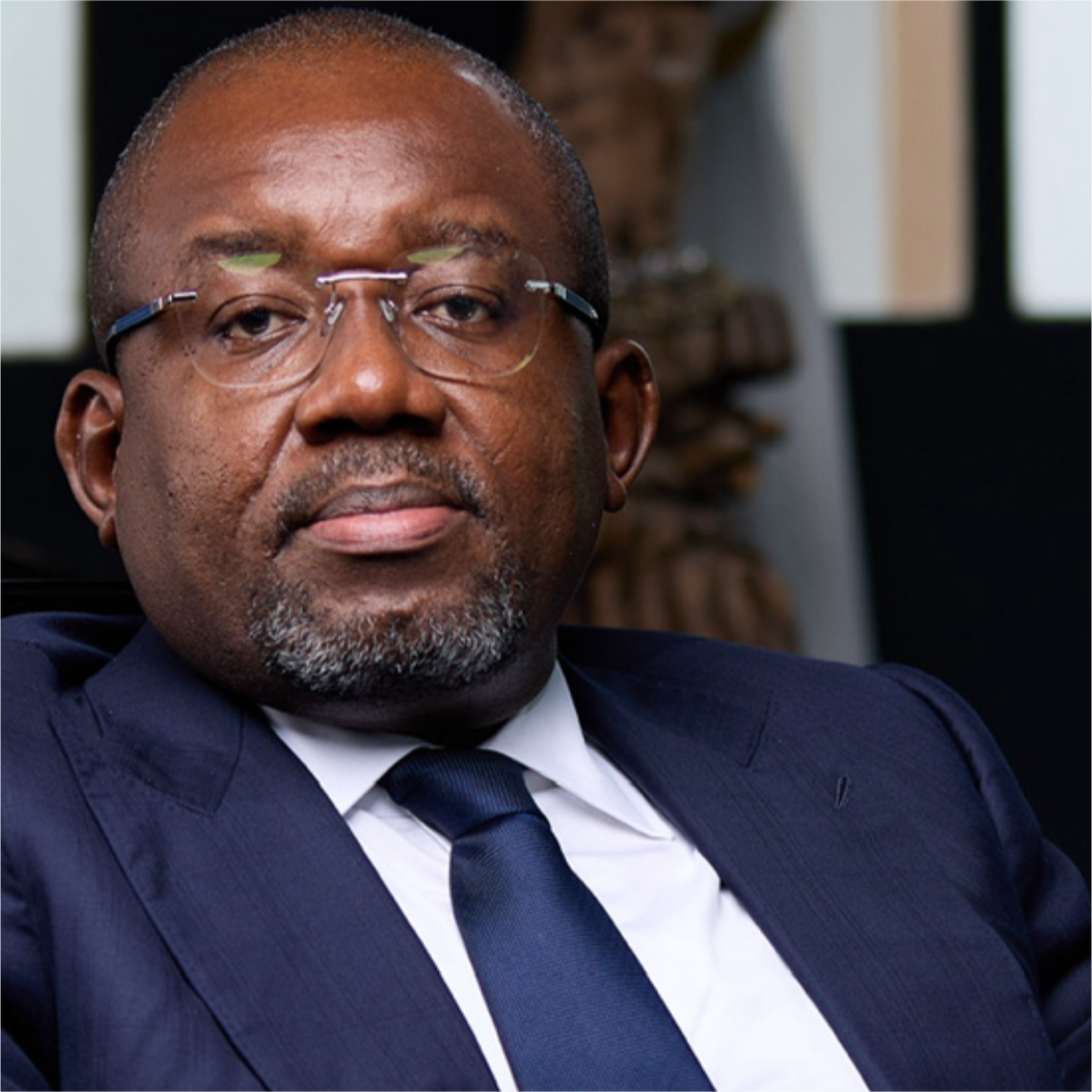

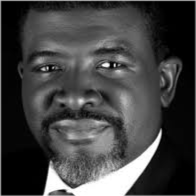
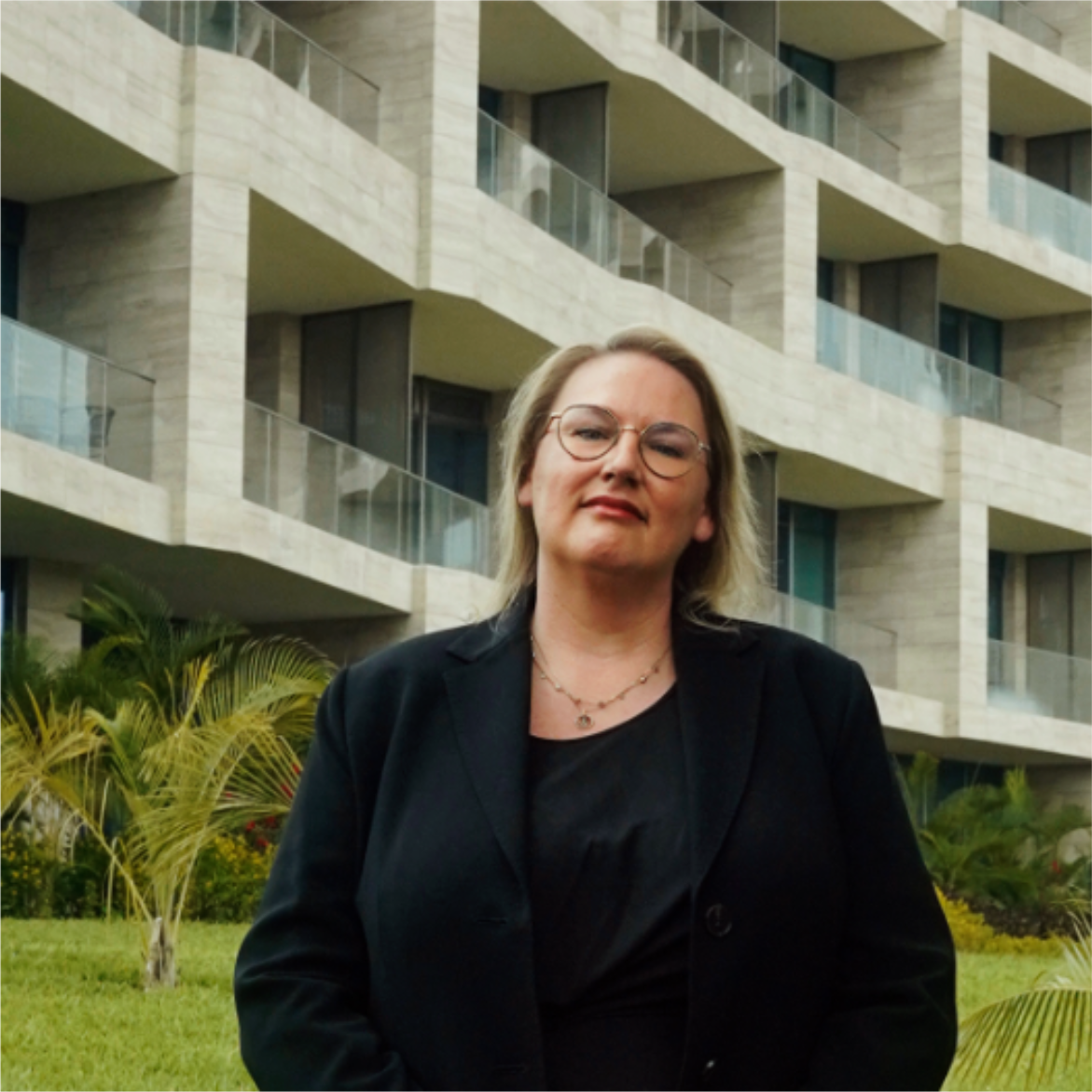
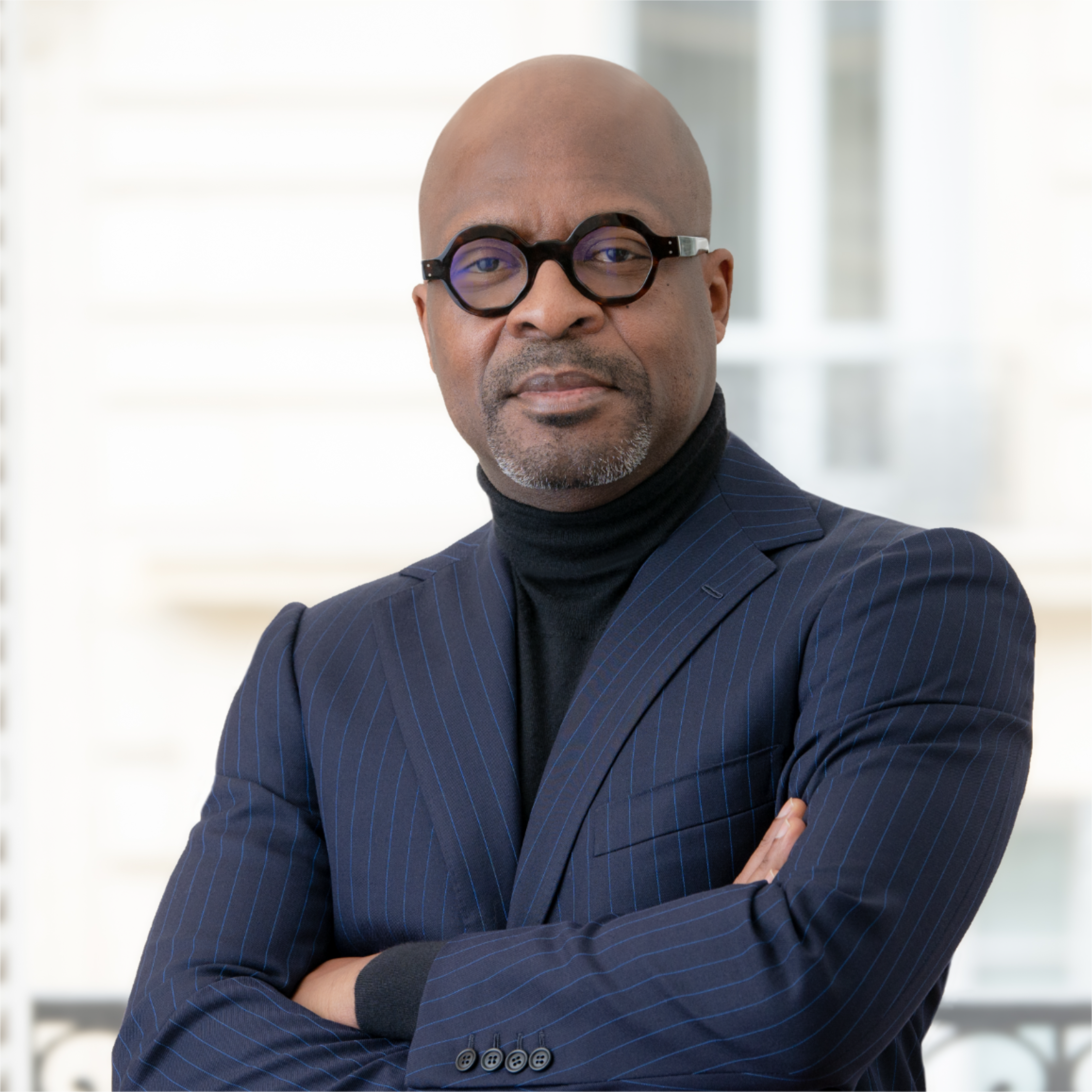
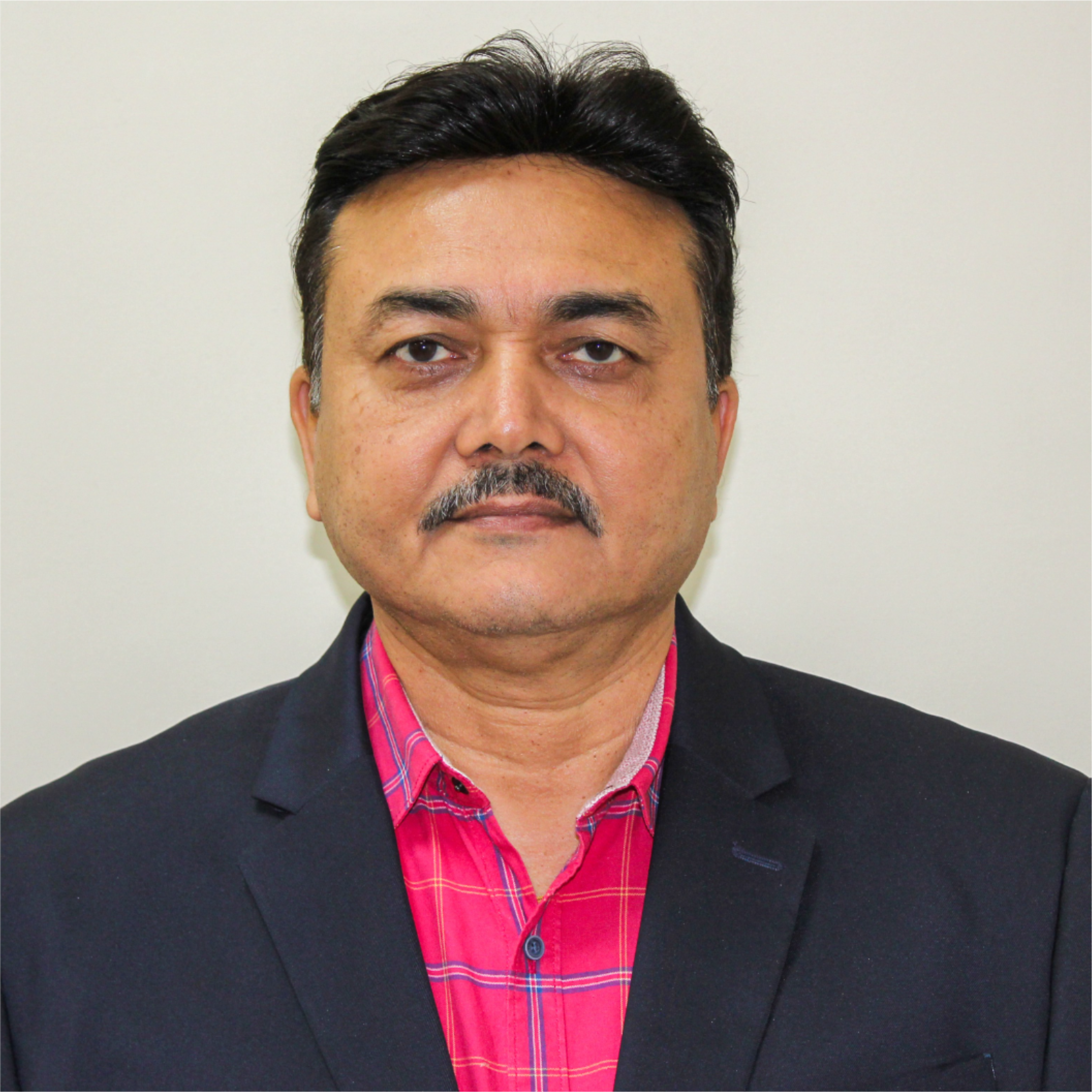
-
(GMT)STRATEGIC ROUNDTABLE
Urban mobility: Moving from motorcycle, minibus mayhem to a modern gig economyAccess via sign-up on the event app or by invitation only.
Ride-hailing (+11% value growth by 2029), Bus Rapid Transit, and EVs ($28bn in Africa by 2030) offer the private sector a chance to build profitable, safer and greener urban transport—creating a gig economy that formalises the oversupply of unregulated, untaxed, and unsafe minibus and motorcycle taxis. While Rwanda has successfully regulated moto taxis and built a modern city bus system in Kigali, elsewhere poor roads and electricity shortages are preventing sustainable urban transport companies from scaling faster. With 900m new urban residents set to be added to African cities by 2050, a roundtable of public officials and private sector actors envisage how to modernise urban mobility.
Key points:
- Digitising and financing fleet upgrades: What scalable solutions genuinely work for informal transport?
- Technology, energy, and infrastructure: What will help sustainable transport companies scale faster?
- Taxable gig economy workforce: How can thousands of informal moto-taxi and minibus drivers be part of private sector and government plans?

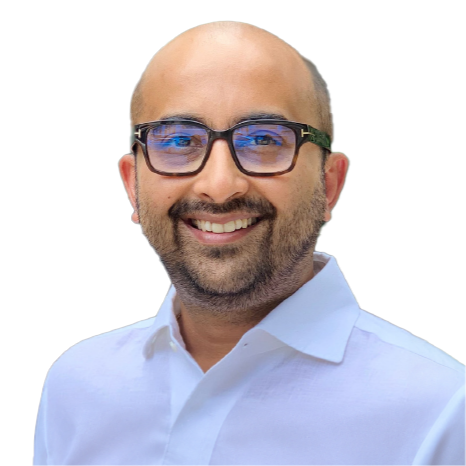
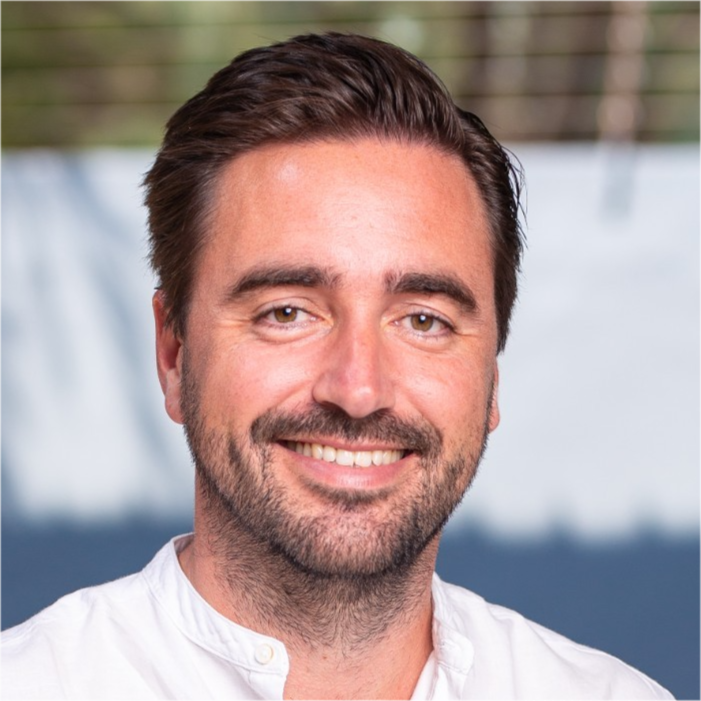
 Speaker
SpeakerAboubaker OMAR HADI
Chairman, Djibouti Ports & Free Zones Authority – Great Horn Investment Holding (DPFZA-GHIH)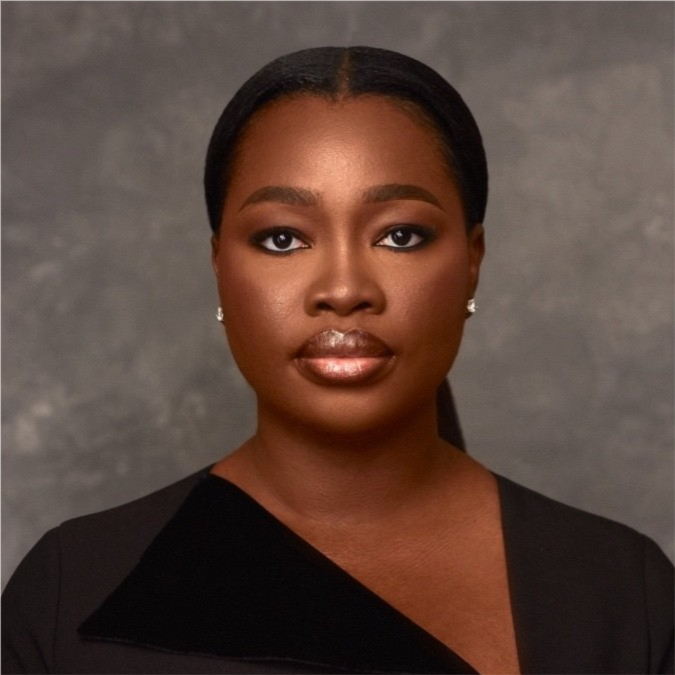
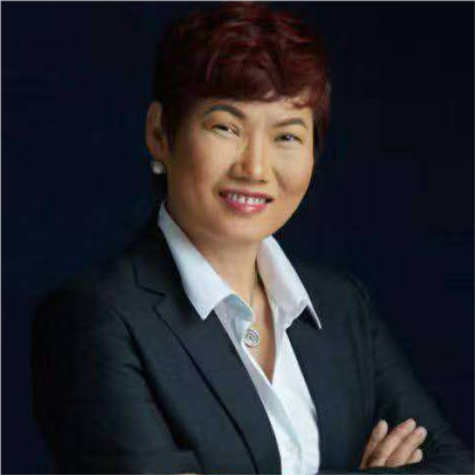
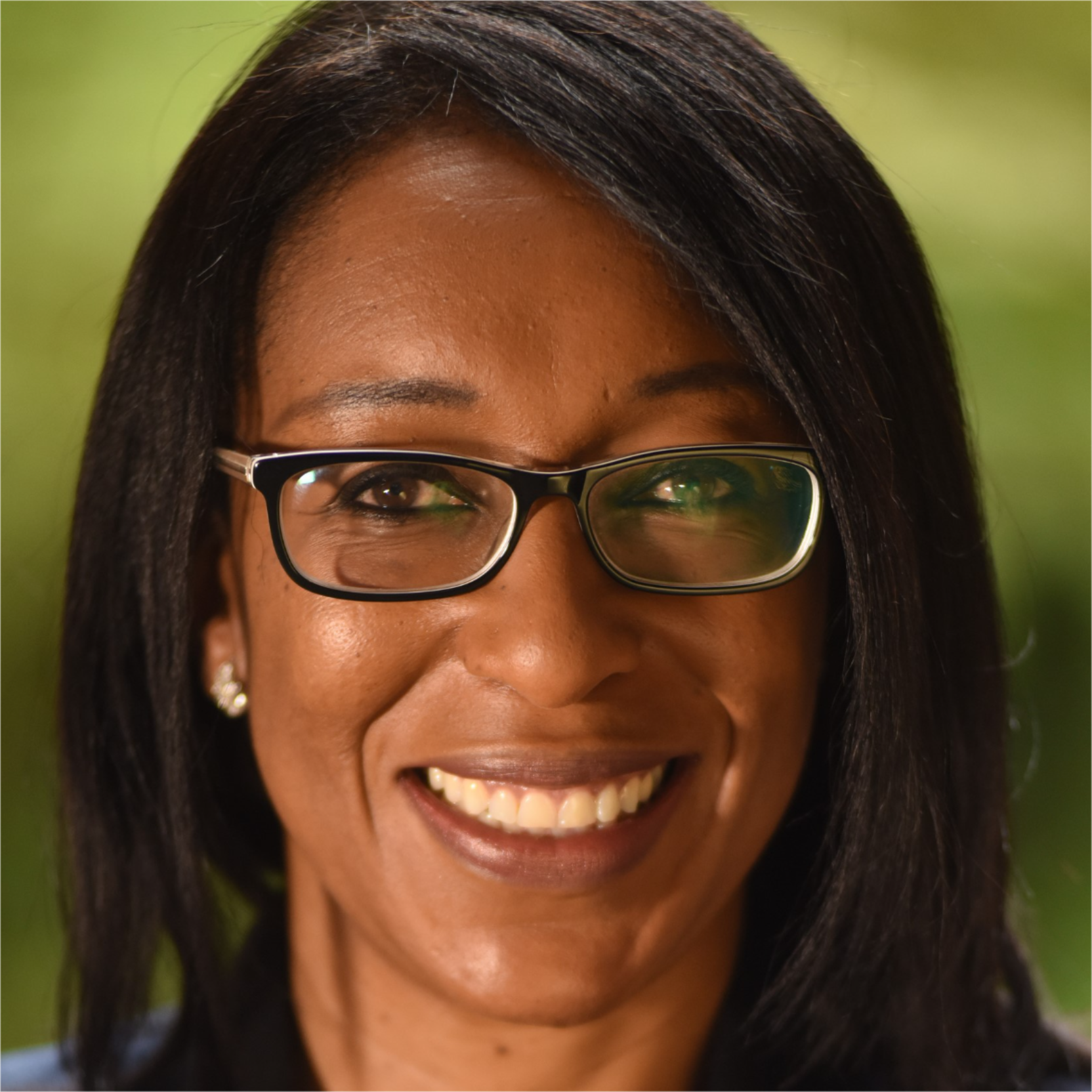
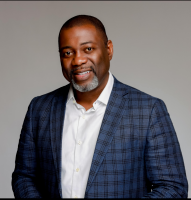
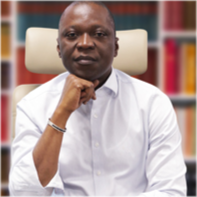
-
(GMT)STRATEGIC ROUNDTABLE
A workforce for digital and industrial growth: Realising ROI in talent developmentAccess via sign-up on the event app or by invitation only.
Digital and AI acumen to innovate and vocational skills to drive Africa’s industrialisation may be the key employee traits to unlock serious agriculture, banking, mining, oil & gas and telecoms business growth. But why should companies invest to nurture these skills if talent later moves overseas, joins competitors or leaves for the informal sector? In Kenya, just 600 apprenticeships are offered annually for 90,000 Technical and Vocational Education and Training (TVET) enrolments amid a preference for cheaper short-term hires. This roundtable unpicks insights from a survey of major CEO and C-level HR executives on talent development, followed by a discussion on making employee education investments worthwhile.
Key points:
- How to tangibly measure the ROI of TVET and executive education actions
- What form of tax incentives and PPP models will incentivise private sector education investments?
- Stopping the brain drain: Strategies for training academies to keep talent local and out of the informal sector
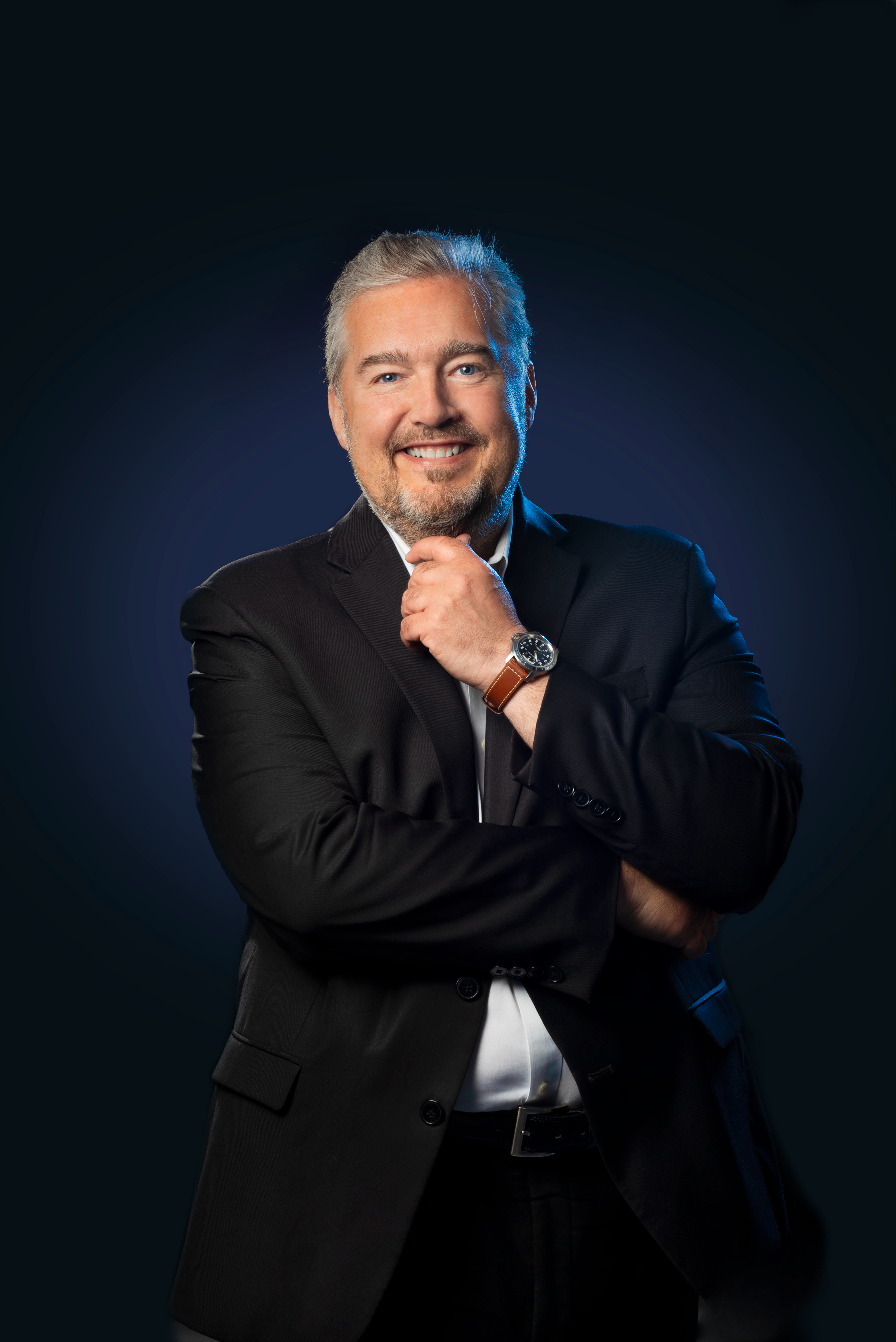

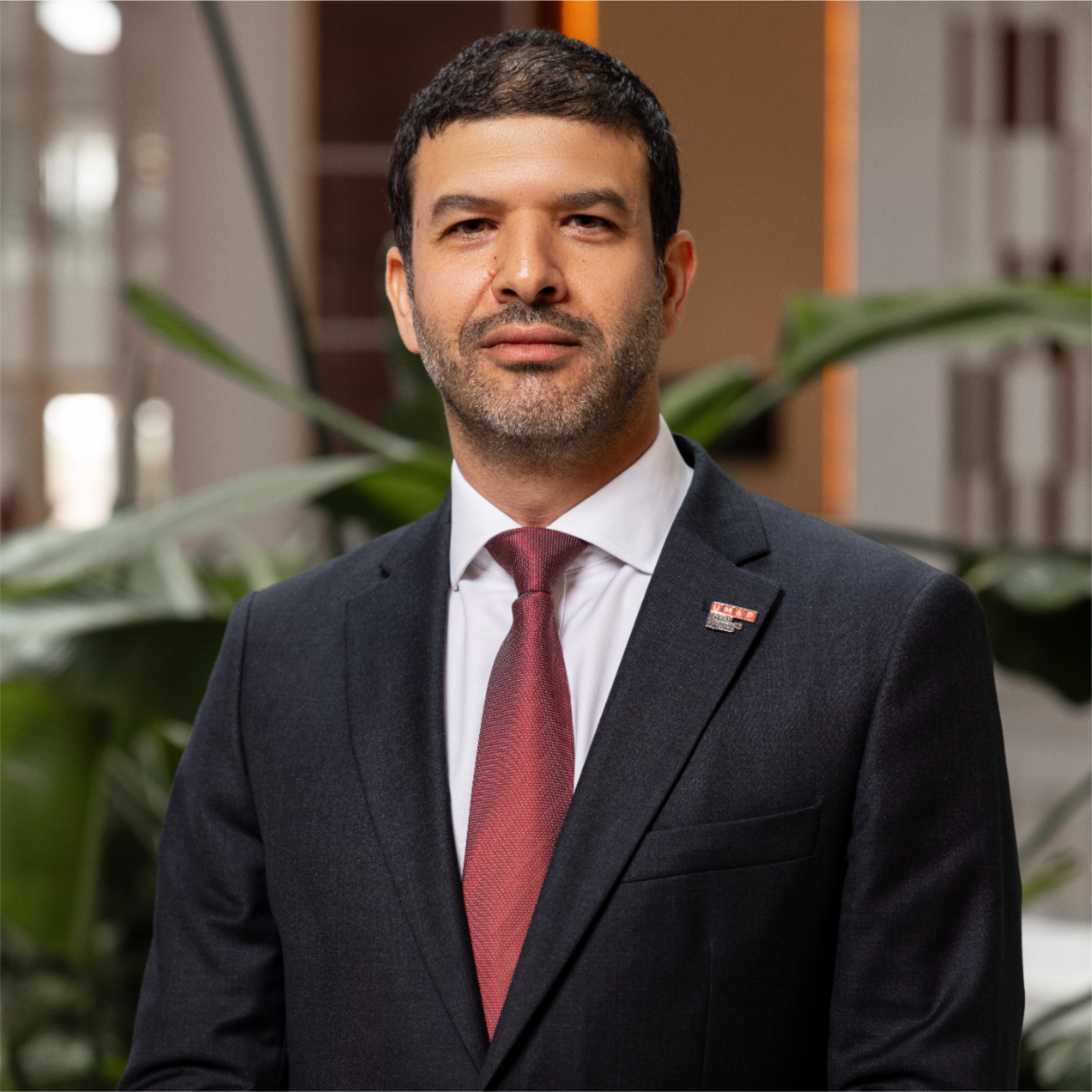
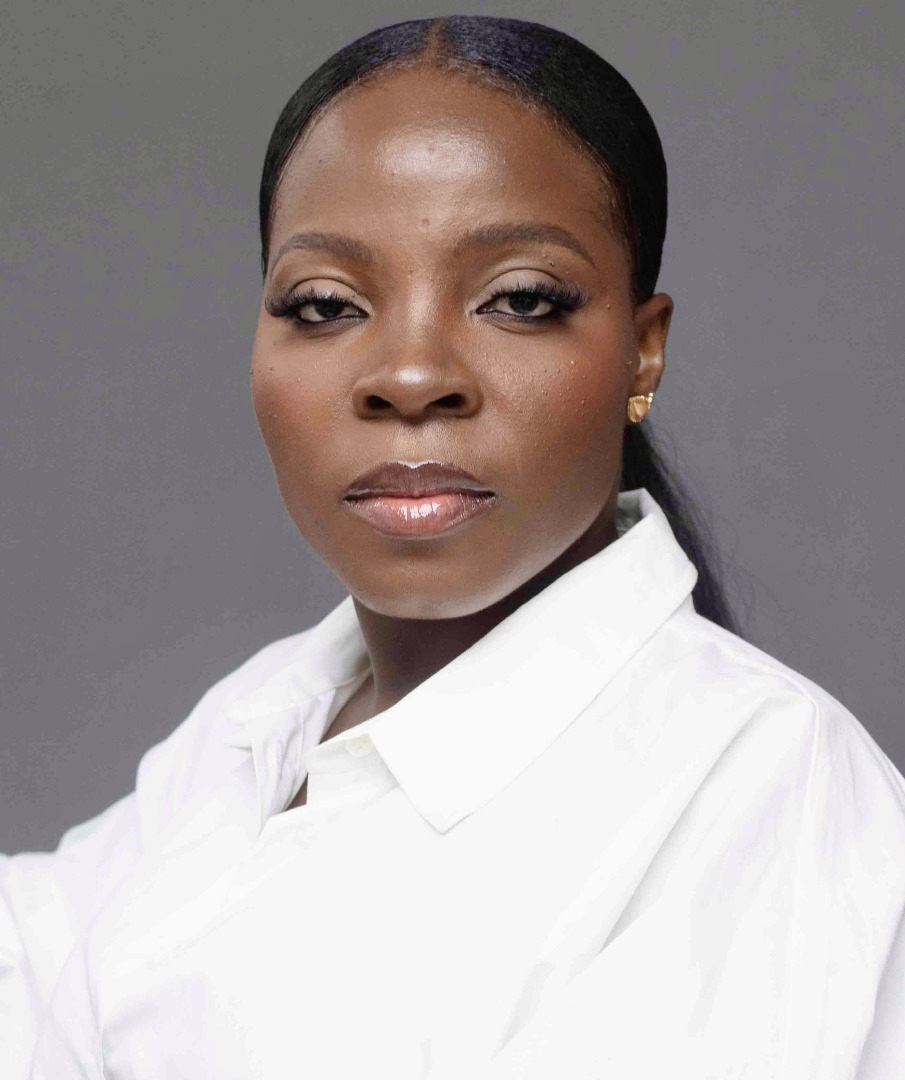
%20(1)-transformed.jpg)
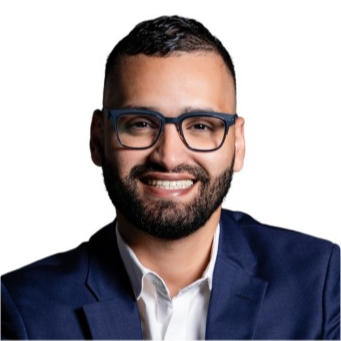
-
(GMT)INVEST IN
SOUTH AFRICAAs the foremost annual meeting of the private sector on the continent, the Africa CEO Forum is the leading platform for public-private dialogue. ‘Invest In’ sessions allow CEOs and investors to meet with high-level African government officials to gain deeper insight into their countries’ economic development strategies. These sessions provide exposure to a variety of key sectors, business environments, and public and private investment opportunities.
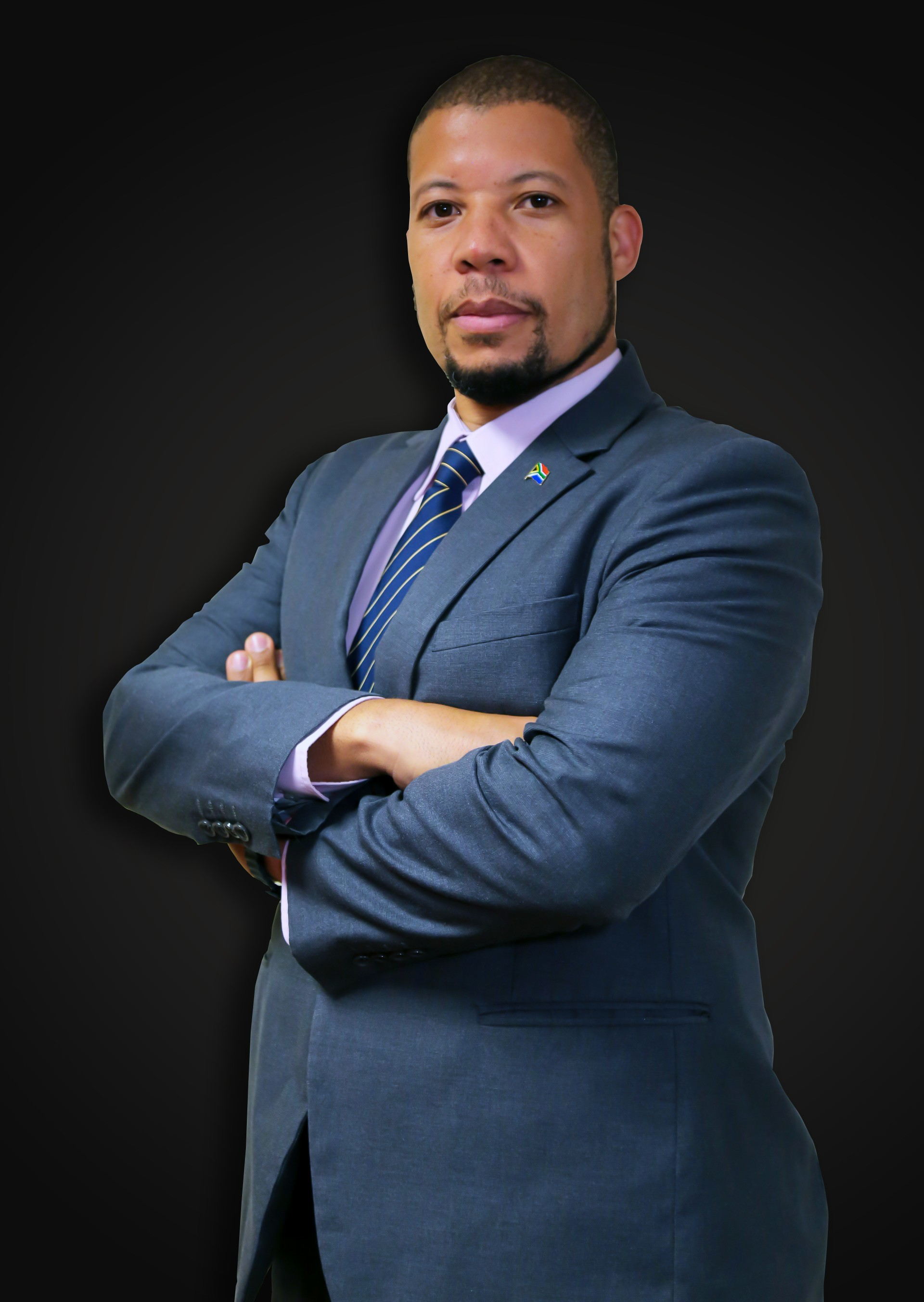
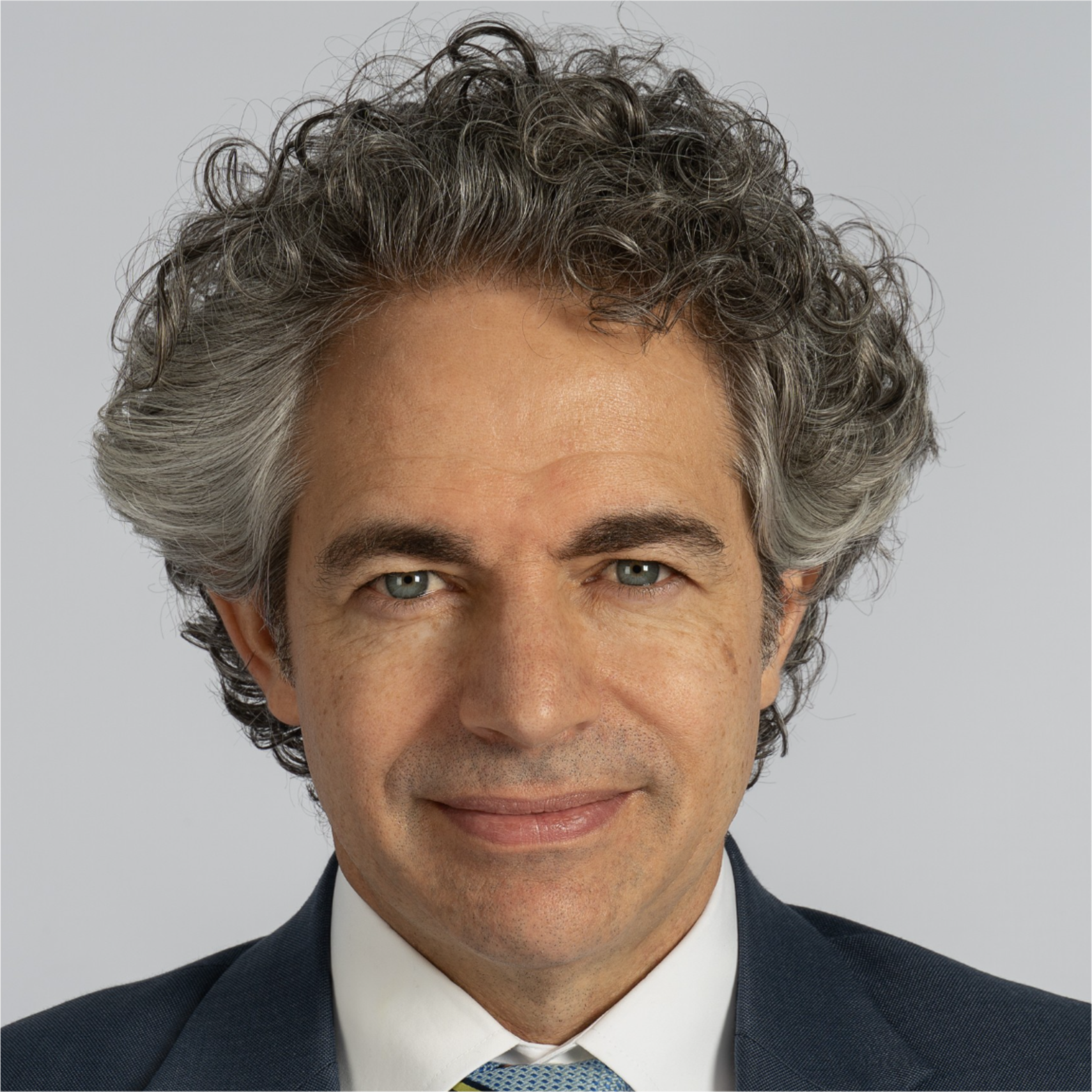
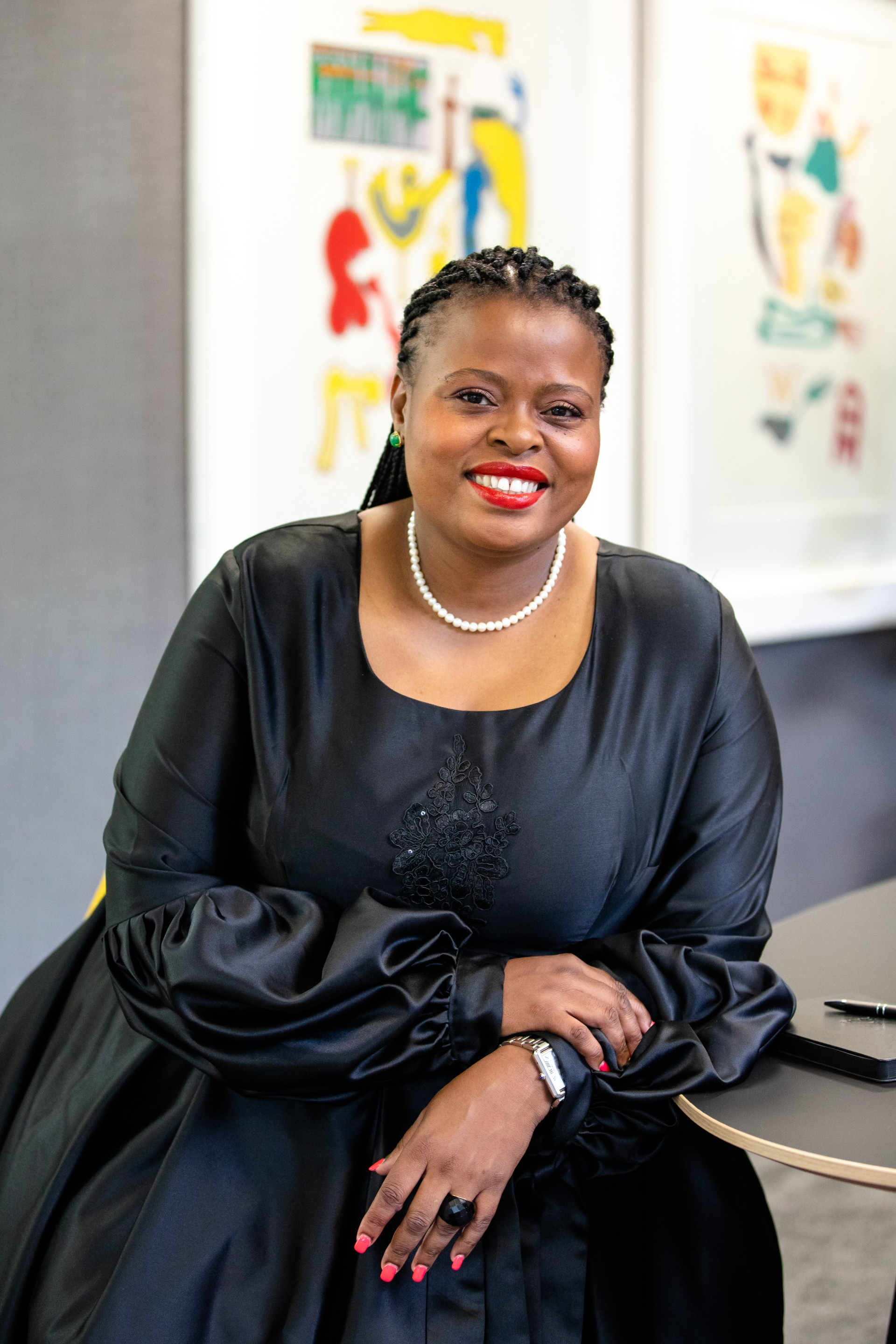

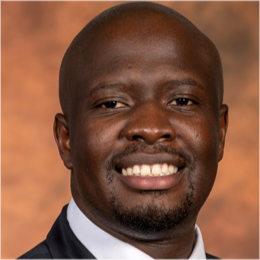
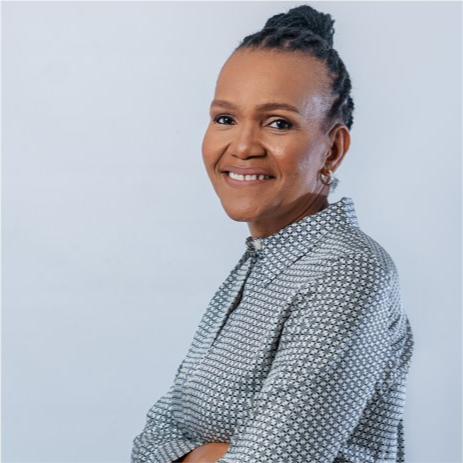
-
(GMT)LEAD STRATEGIC ROUNDTABLE
AI-powered African governments: Future vision or pipe dream?Access via sign-up on the event app or by invitation only.
African countries are increasingly adopting AI technologies to enhance government service delivery: Rwanda, Kenya, Botswana, Ghana and Egypt to name a few. With promises to automate administrative tasks and increase efficiency – why wouldn’t they? But the cyber-challenges specific to the public sector, like AI bias, data protection and ownership, and cybersecurity, require tailored solutions and legal frameworks to give governments peace of mind to board the AI train. As the US government forges ahead with AI convergence, will Africa follow suit?
Key points:
- How can states pool cloud infrastructure to reduce costs and secure data?
- Regulation and protection: What are the barriers to entry that hinder African public sector players from utilising AI?
- Cross-border advantages: How will existing and proposed governance frameworks for cross-border collaboration be implemented?
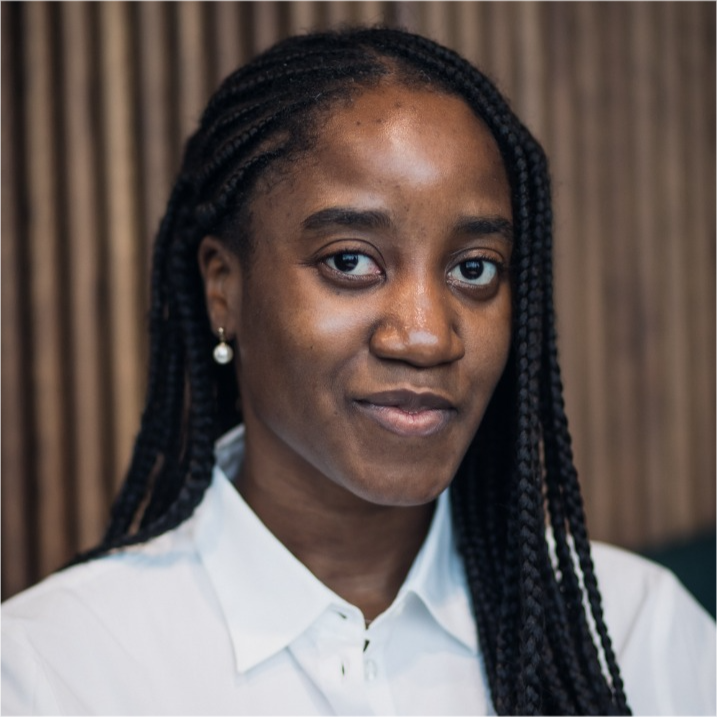
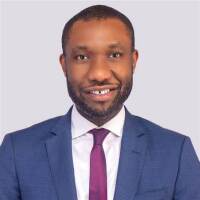
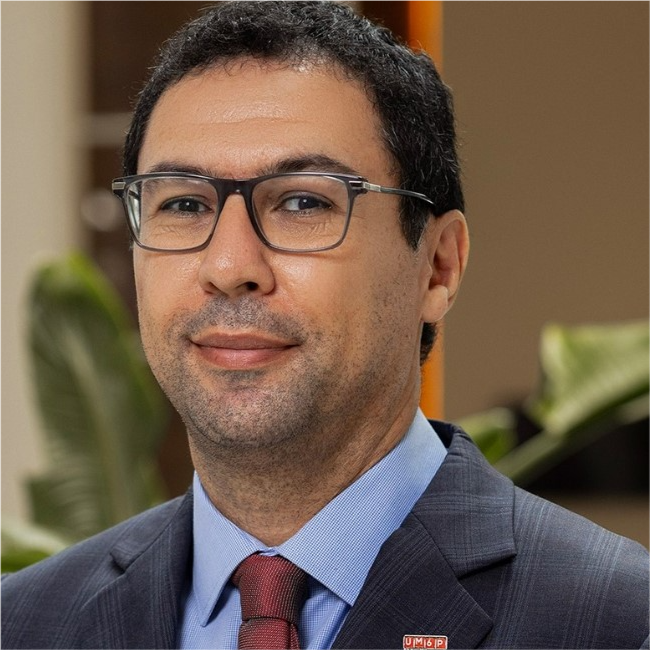 Speaker
SpeakerKhalid BADDOU
Director of Institutional Affairs at University Mohammed VI Polytechnic , University Mohammed VI Polytechnic (UM6P)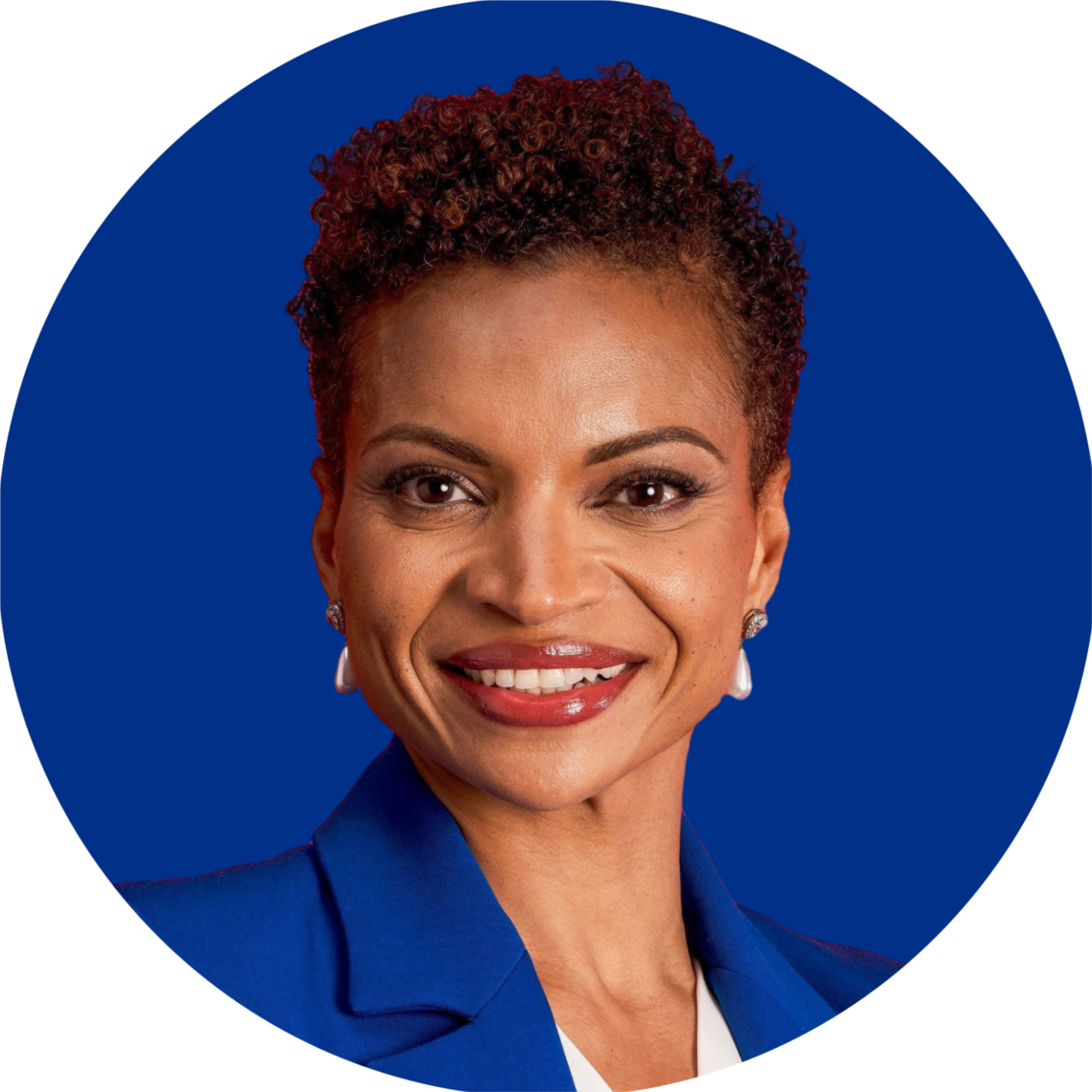
-transformed.jpg)
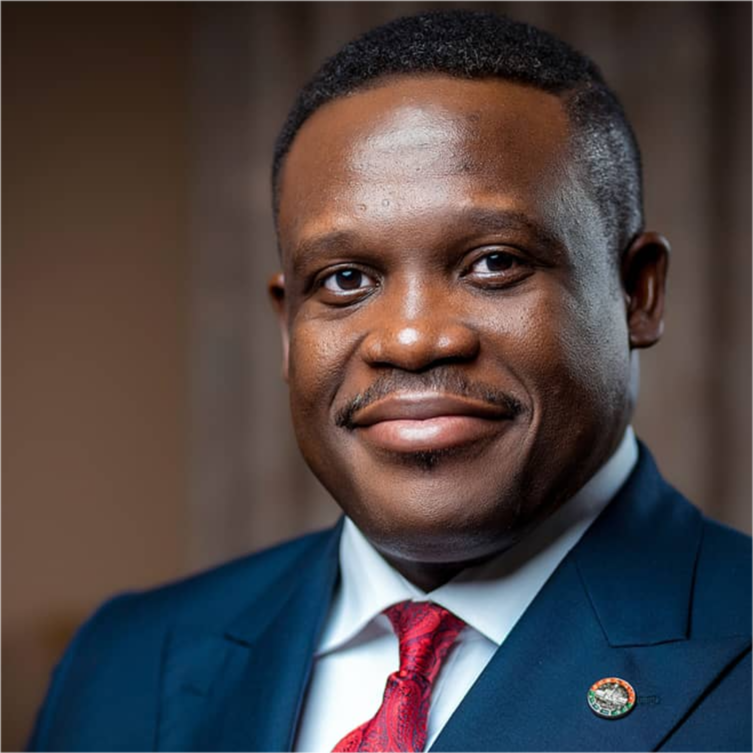 Speaker
SpeakerH.E. Samuel NARTEY GEORGE
Minister of Communication, Digital Technology and Innovations , Republic of Ghana -
(GMT)PANEL
Independent Power Producers: How can they be a catalyst for accelerating Africa’s electrification?Sub-Saharan Africa needs to mobilise over $200 billion to achieve universal electricity access, a challenge that requires strong private sector involvement. Independent Power Producers (IPPs) are pivotal players, capable of attracting capital and accelerating the deployment of renewable energy, as demonstrated in Kenya, Morocco, and Côte d’Ivoire. However, their expansion remains constrained by complex contracts, often denominated in foreign currency, which—if poorly managed—can strain public finances and increase electricity costs for consumers. From regulatory reforms to tailored financial mechanisms, how can IPPs become true catalysts for Africa’s electrification?
Key points:
- Stability, predictability, and transparency: How can regulatory frameworks be made more attractive to investors?
- From technology training to complex project management: What will strengthen the capacity of local project developers and public sector counterparts?
- Financing costs, currency risks, competition with subsidised energy, and payment defaults: Which strategies can improve government-IPP risk sharing?
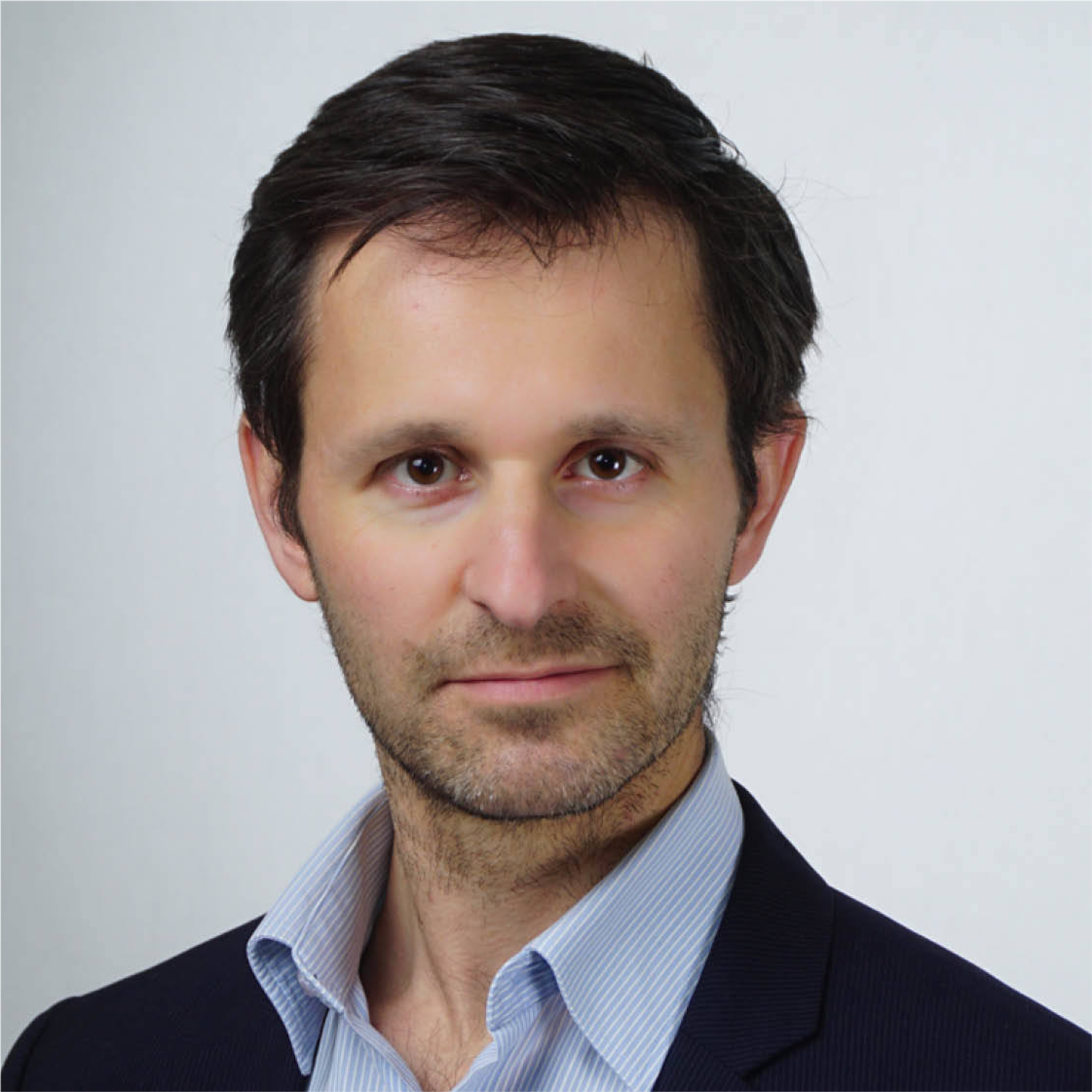
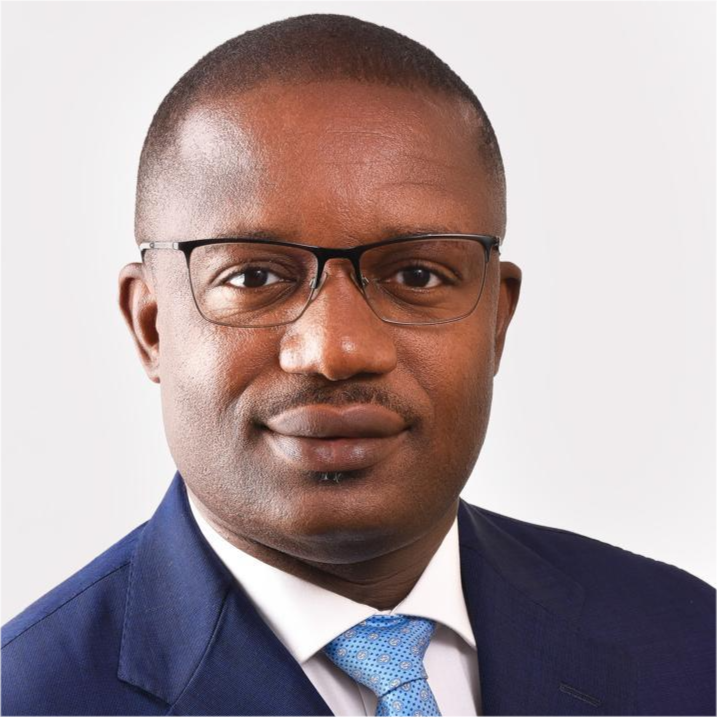
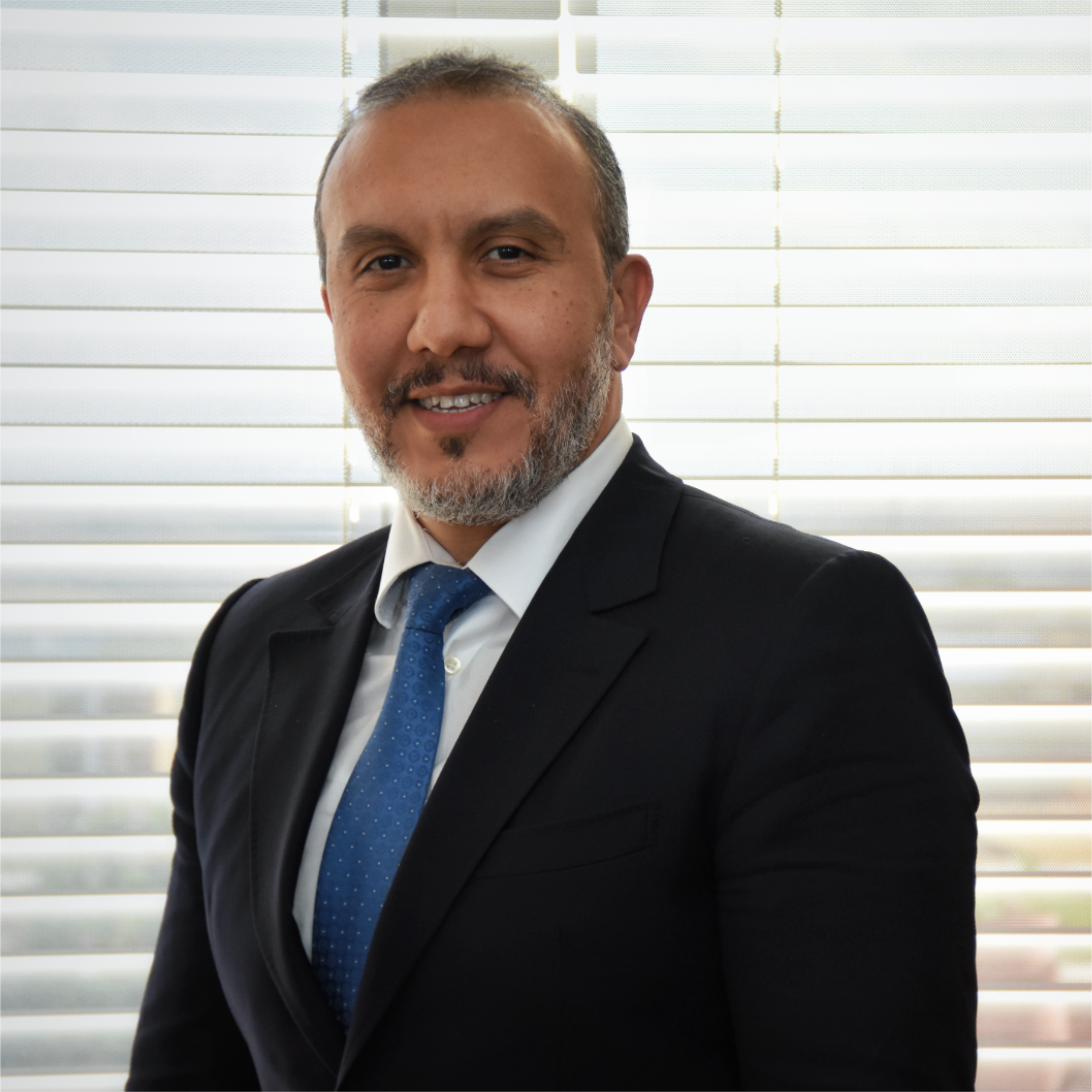
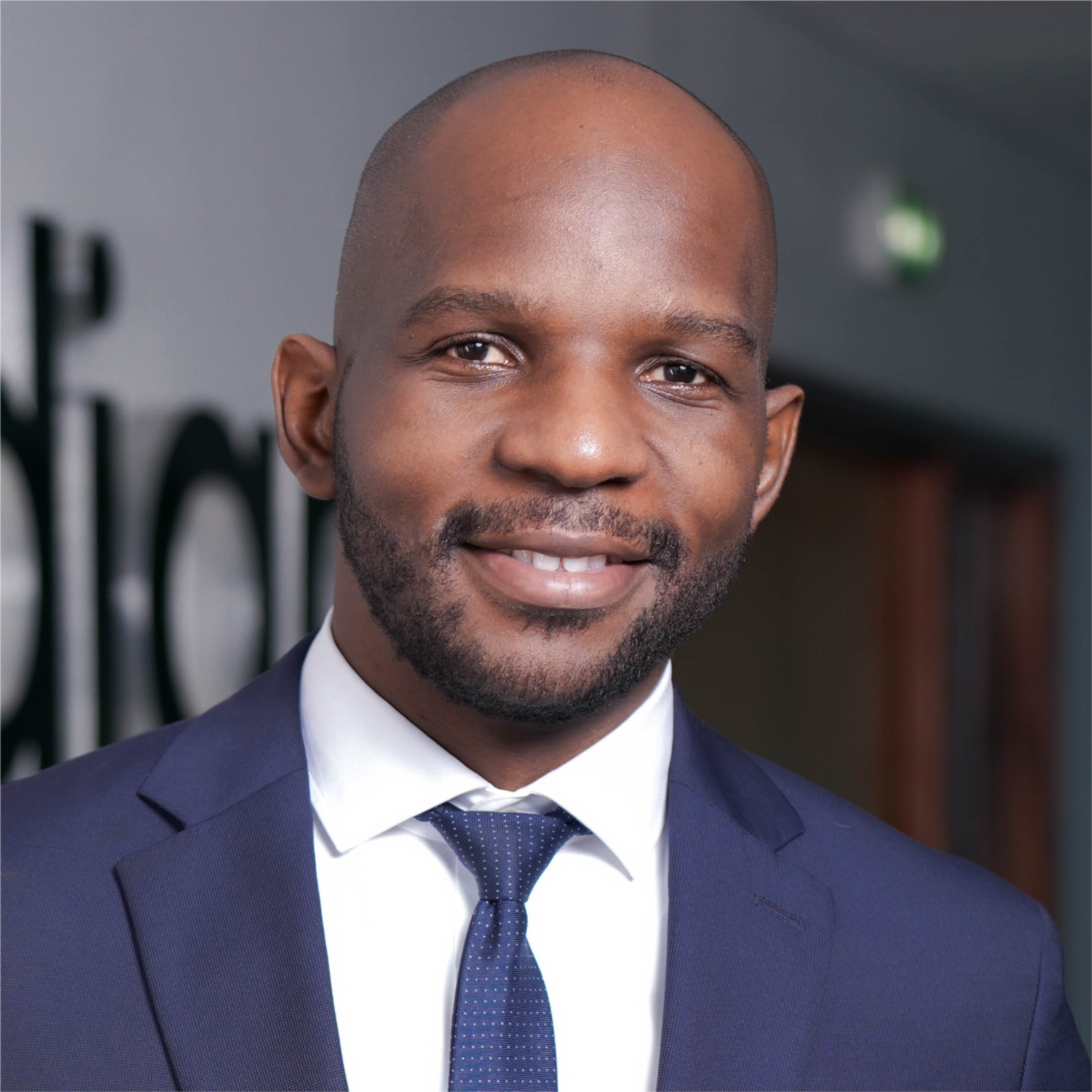
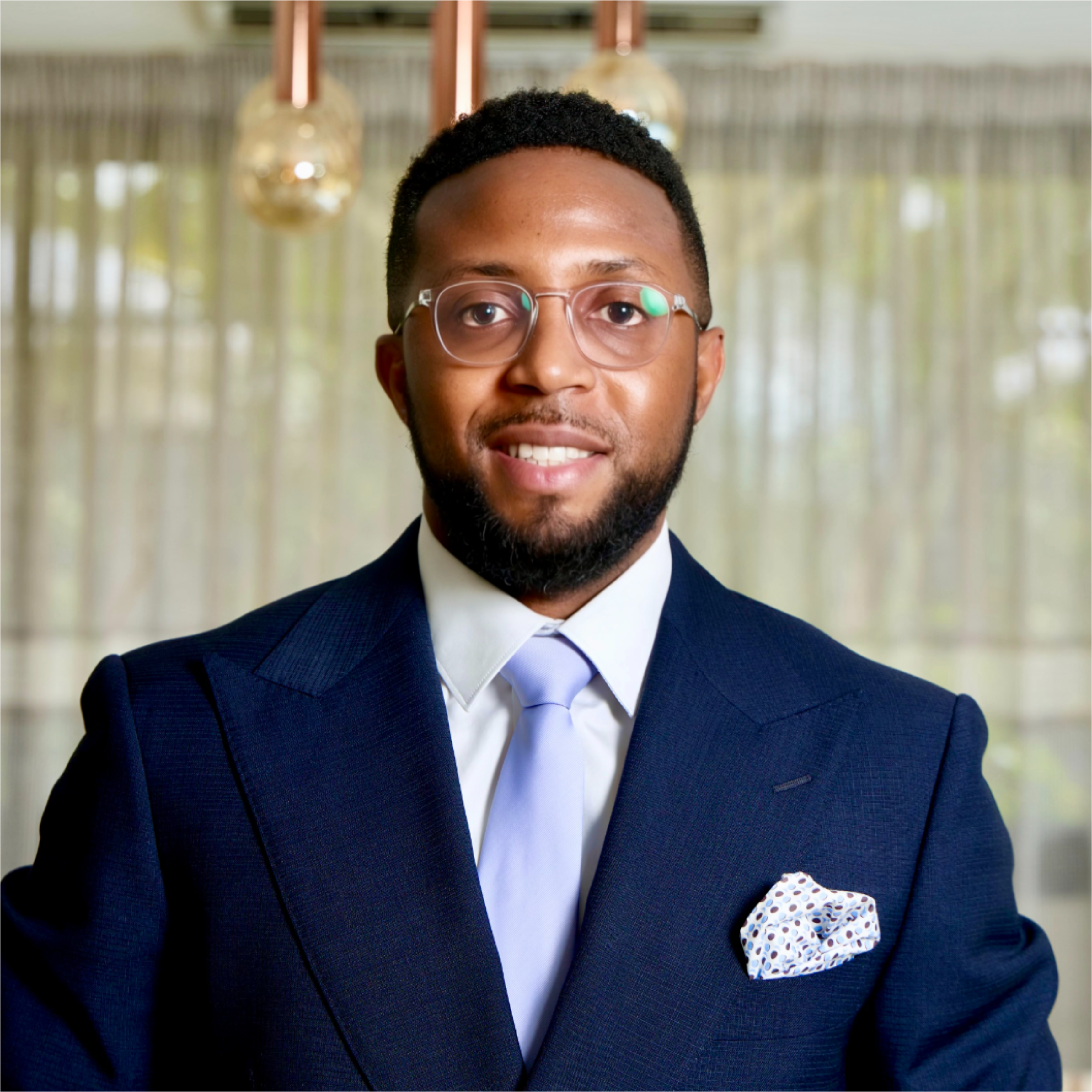
-
(GMT)CASE STUDY
Turning AI into a driver of profitable sustainabilityAs African economies face growing pressure to build sustainable and resilient growth models while boosting productivity, the promise of artificial intelligence has taken center stage. From intelligent payment systems to network optimization, AI is already reshaping business operations — but scaling these innovations remains a challenge. With gaps in data infrastructure, limited cross-sector collaboration, and uncertain ROI, the path to profitable sustainability is still being paved. Brelotte Ba, Deputy CEO of ORANGE Middle East and Africa, and Abdeslam Alaoui Smaili, CEO of HPS, examine how Africa’s telecom and fintech pioneers can move from pilots to performance, using AI not only to drive efficiency and sustainable impact but to unlock long-term business value across the continent.
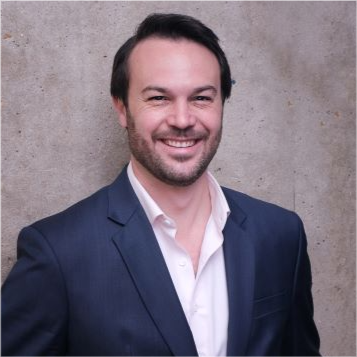

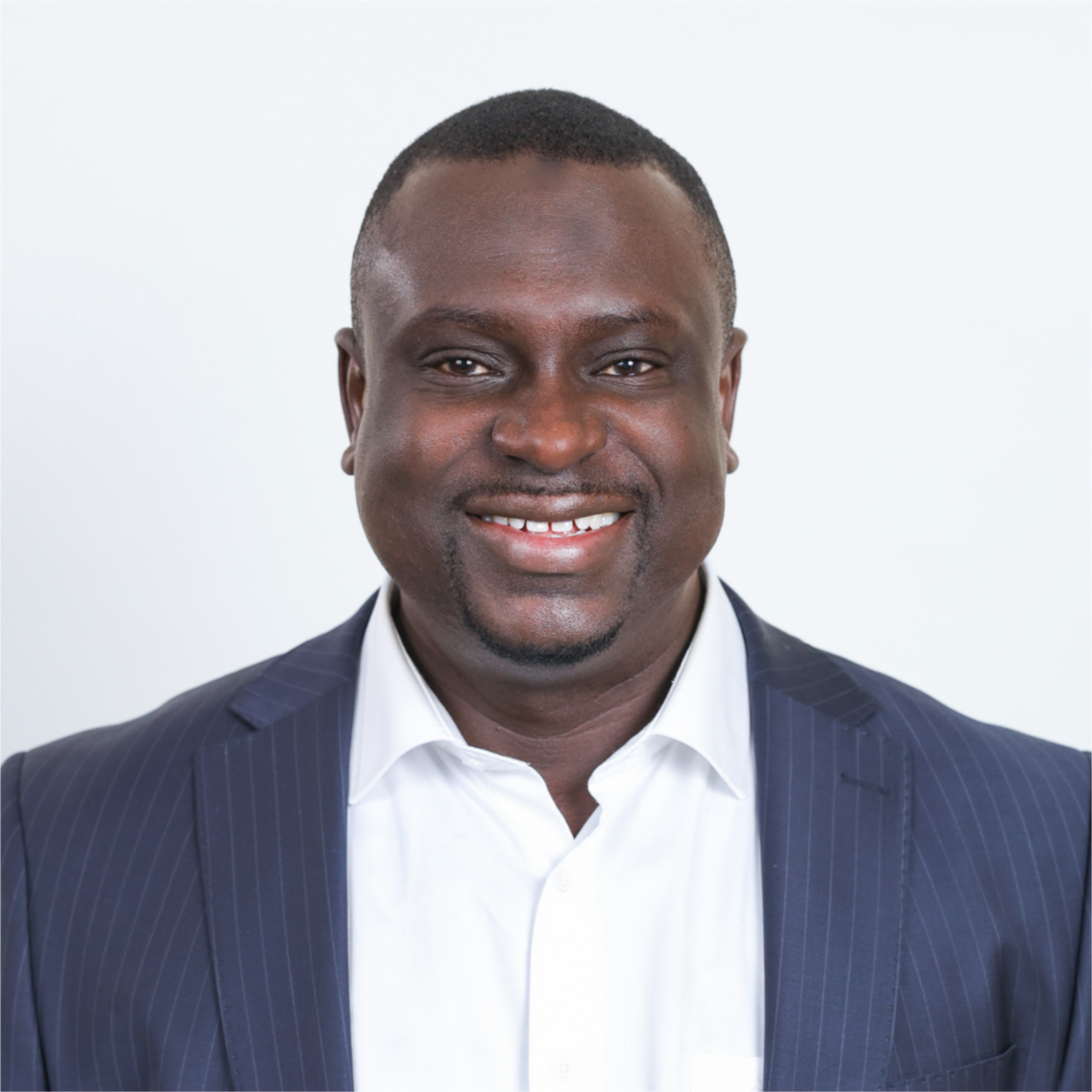
-
(GMT)THE GREAT DEBATE
Shaping Africa's financial future: AfDB presidency candidates debateAfrica stands at a crossroads, grappling with global economic upheavals and unprecedented opportunities. Who will lead the continent’s premier financial institution through these critical times? At the Africa CEO Forum 2025, watch the five candidates for the presidency of the African Development Bank go head-to-head. These leaders-in-waiting will outline bold strategies, debate governance reforms, and propose clear paths to bolster institutional effectiveness. Join this high-stakes debate and hear firsthand how each candidate plans to drive Africa’s economic development and financial transformation for the next five years.
Key points:
- Economic Transformation: Strategies for accelerating industrialization, digital innovation, and regional integration through the AfCFTA
- Energy Access and Transition: Approaches to expanding energy infrastructure while balancing climate commitments and sustainable development priorities
- Private Capital Mobilization: Innovative mechanisms to strengthen the Bank’s financial capacity and catalyze private investment across the continent

